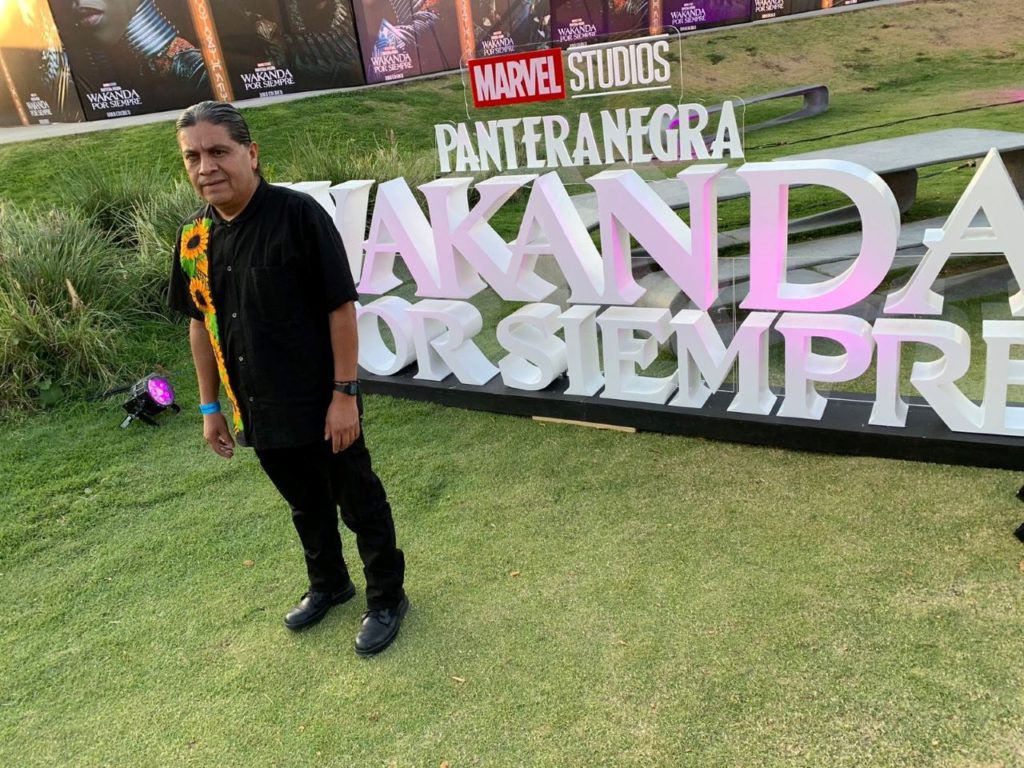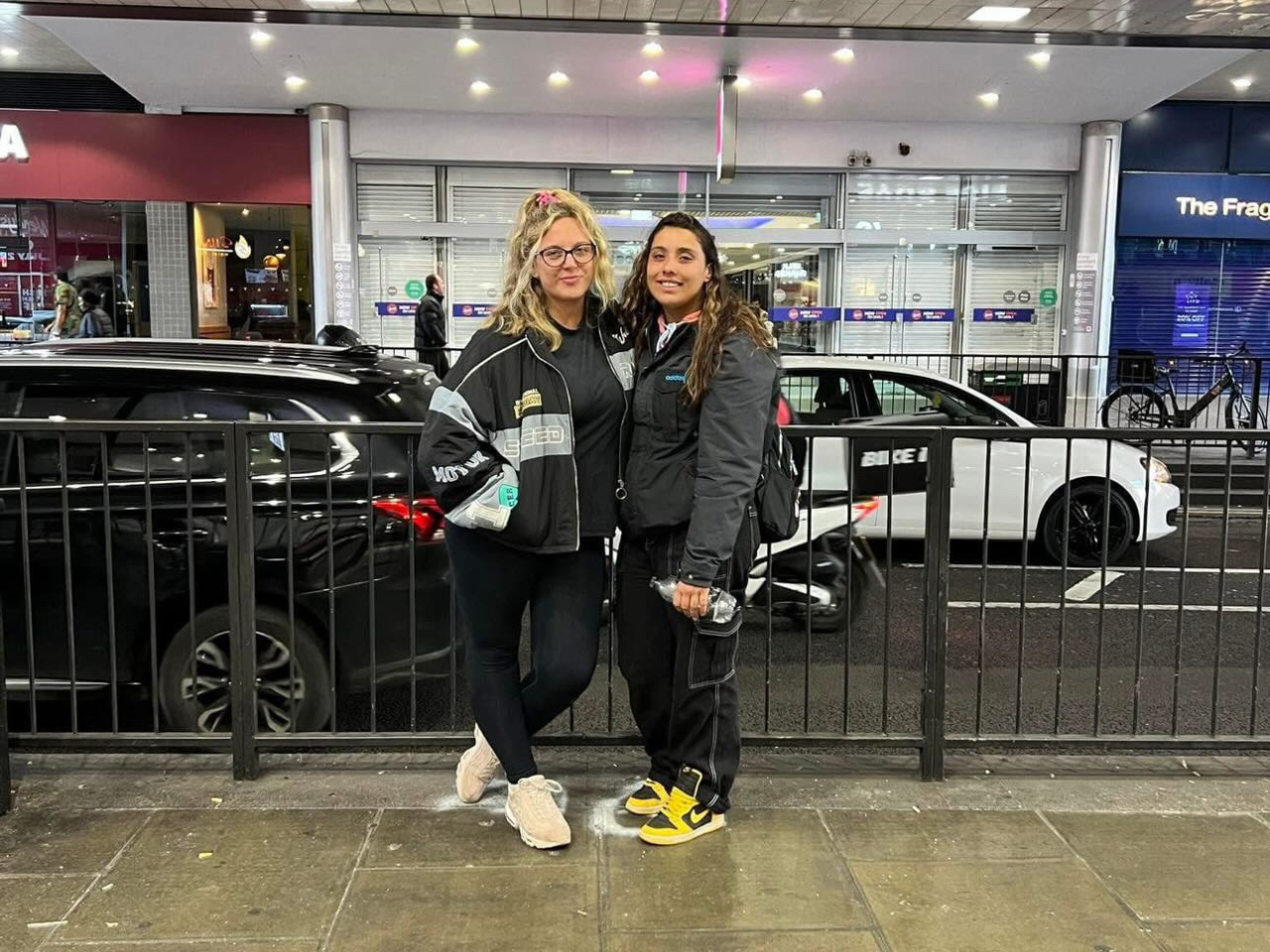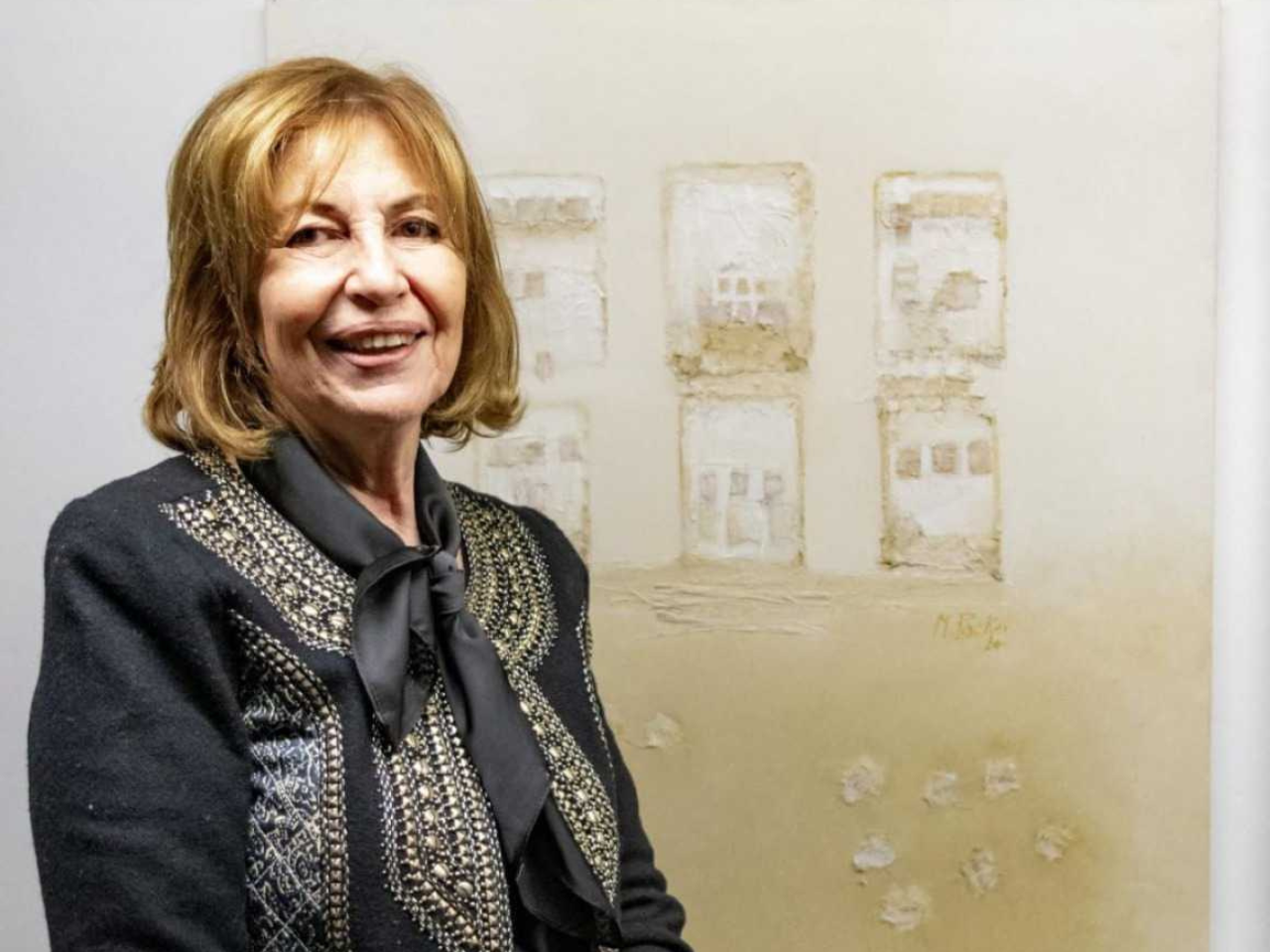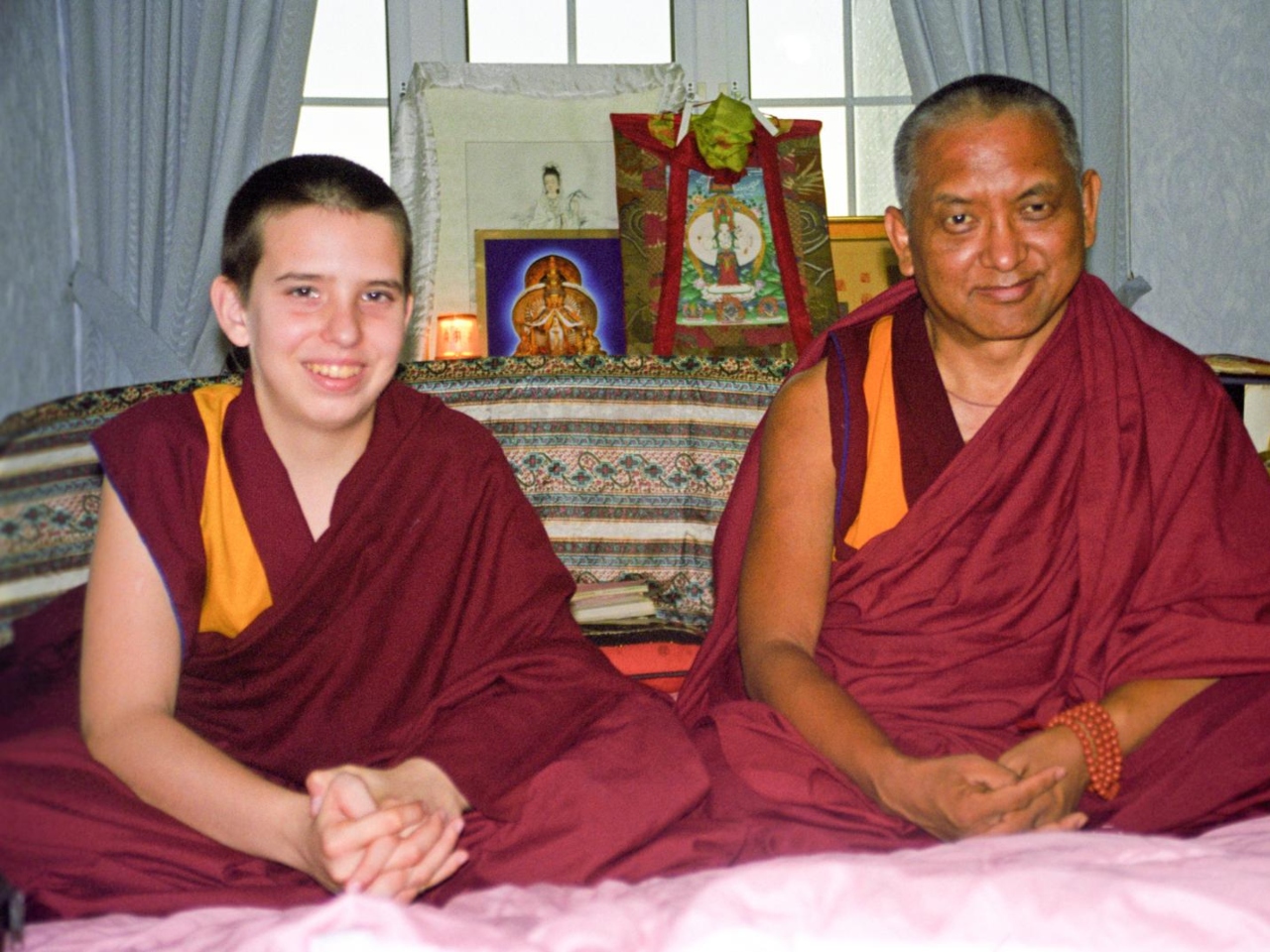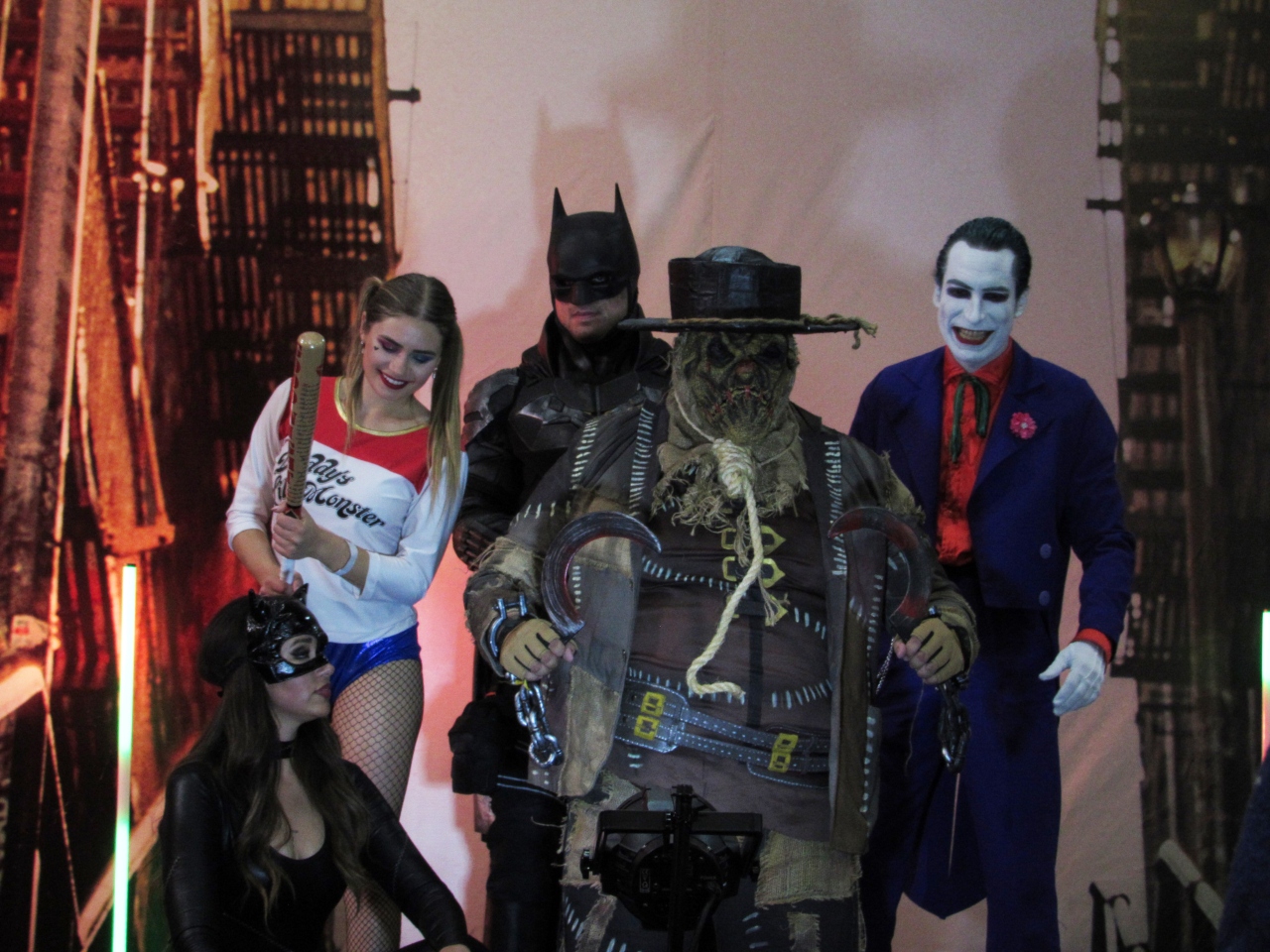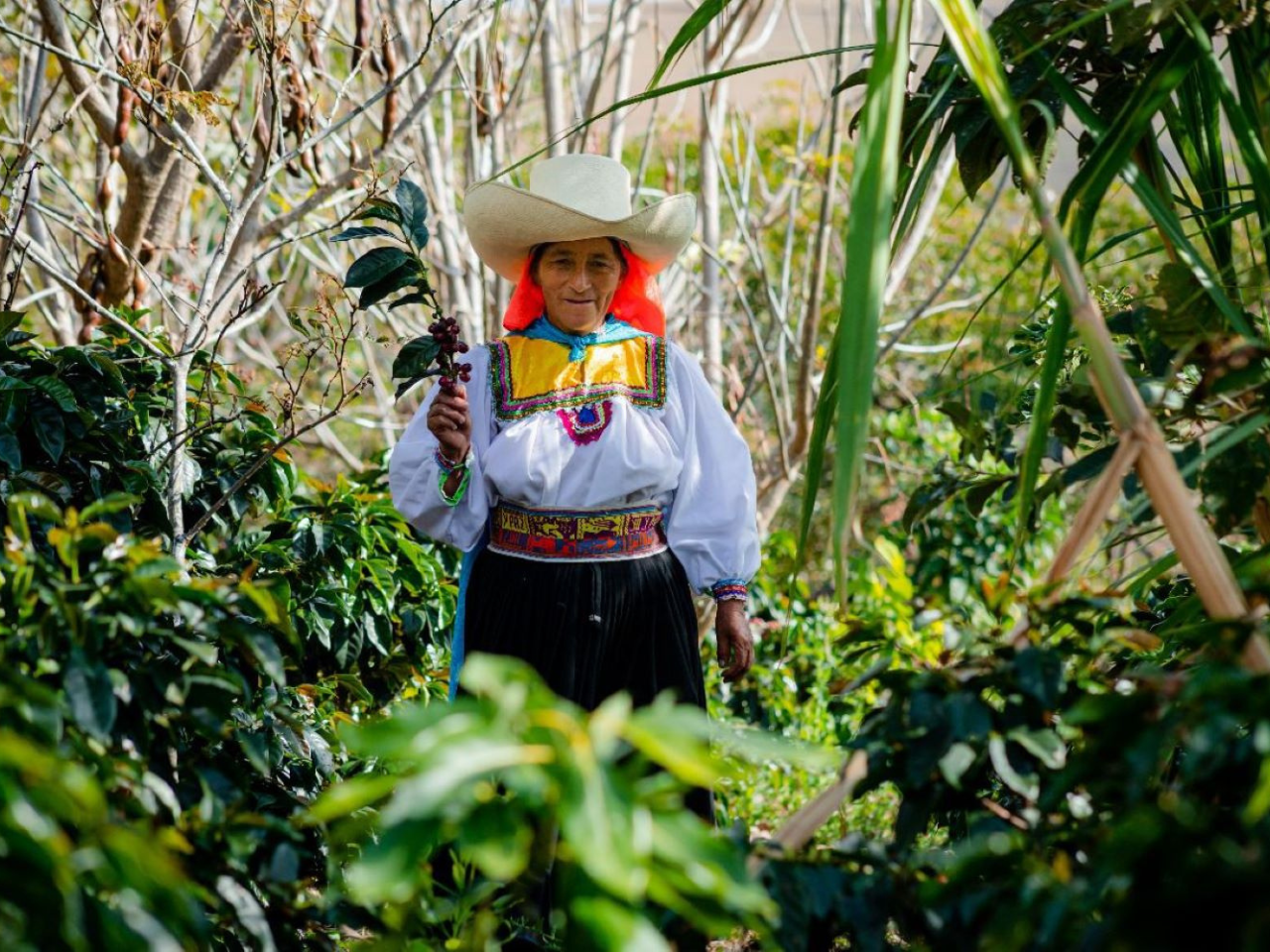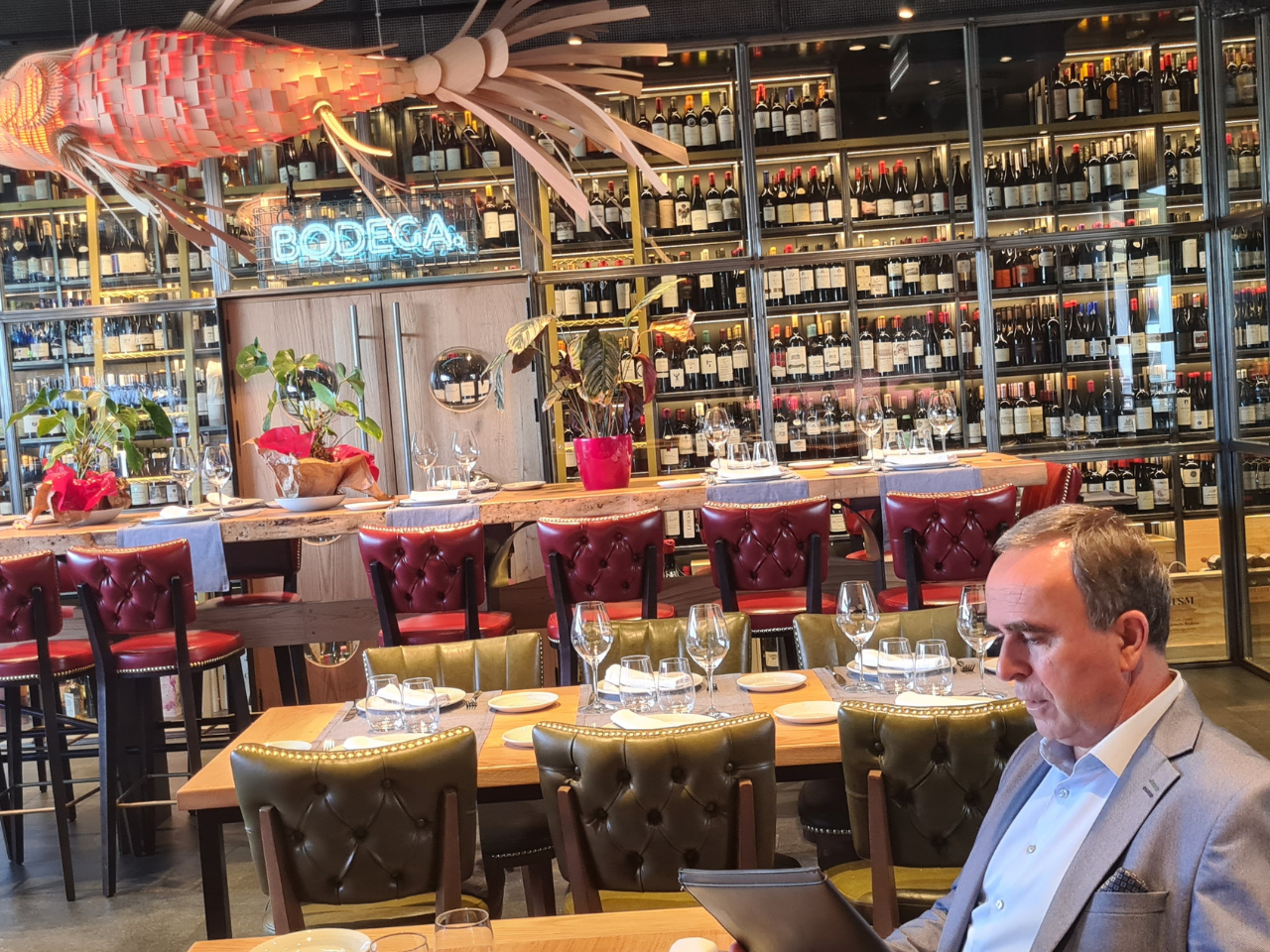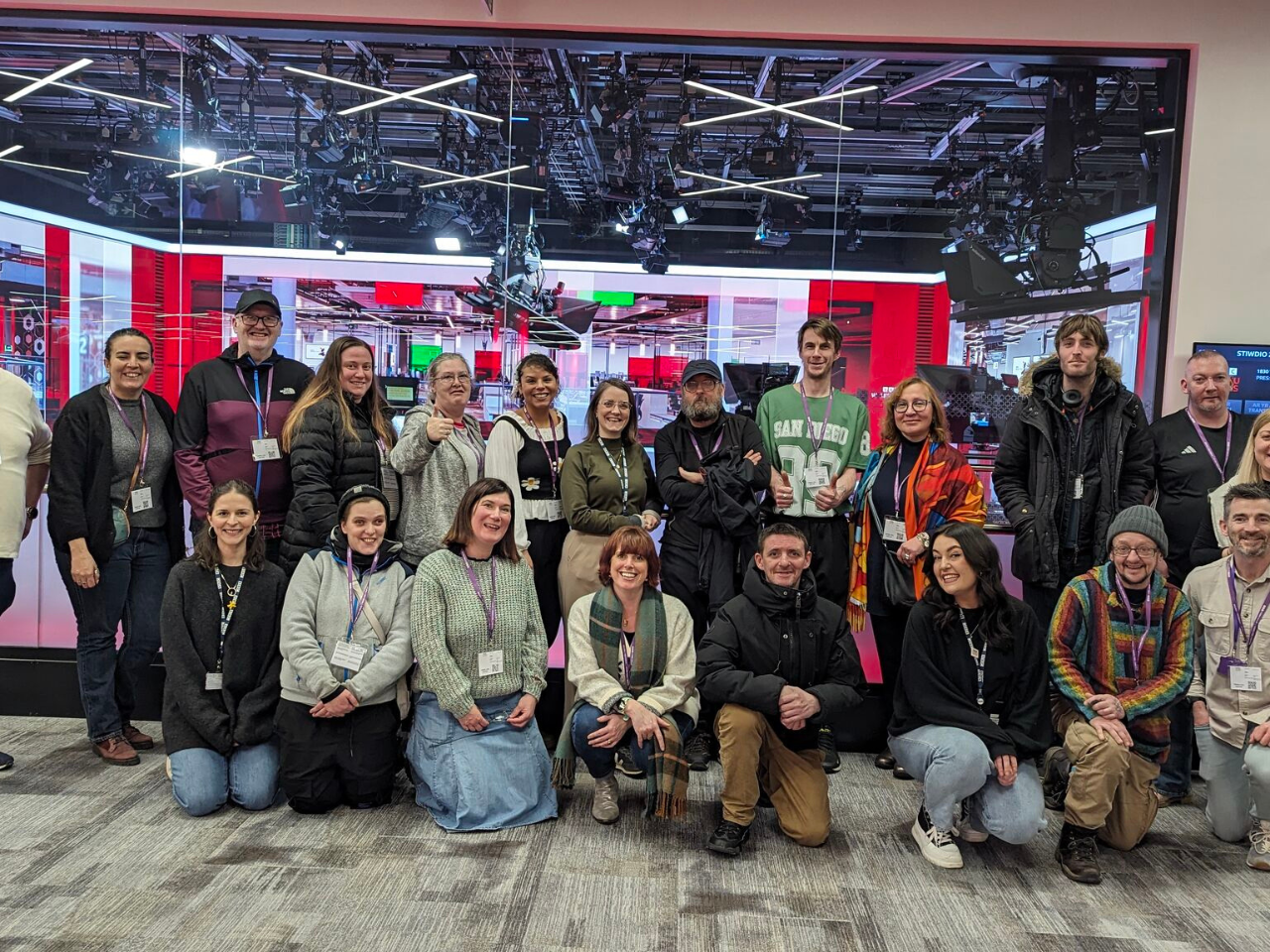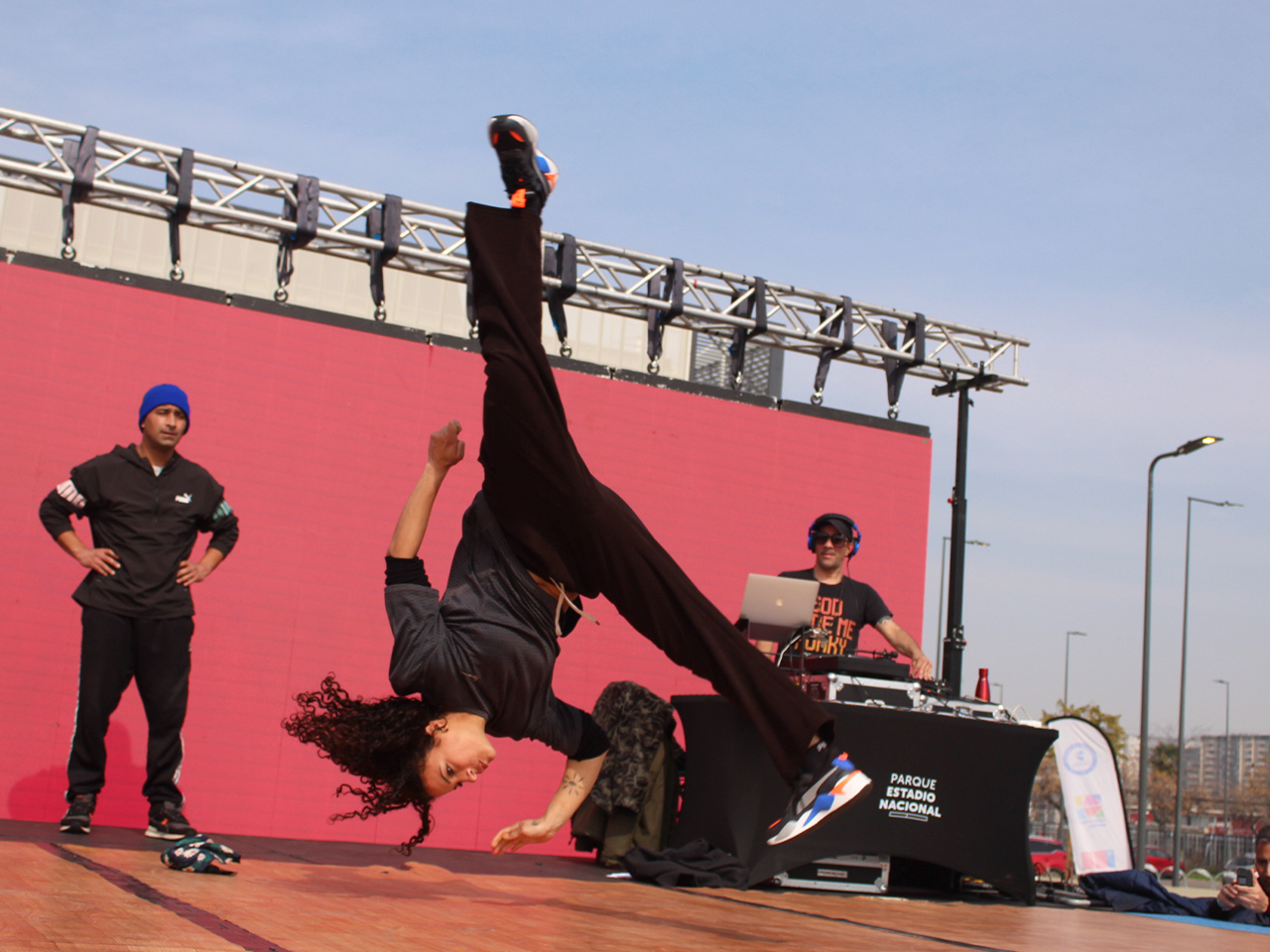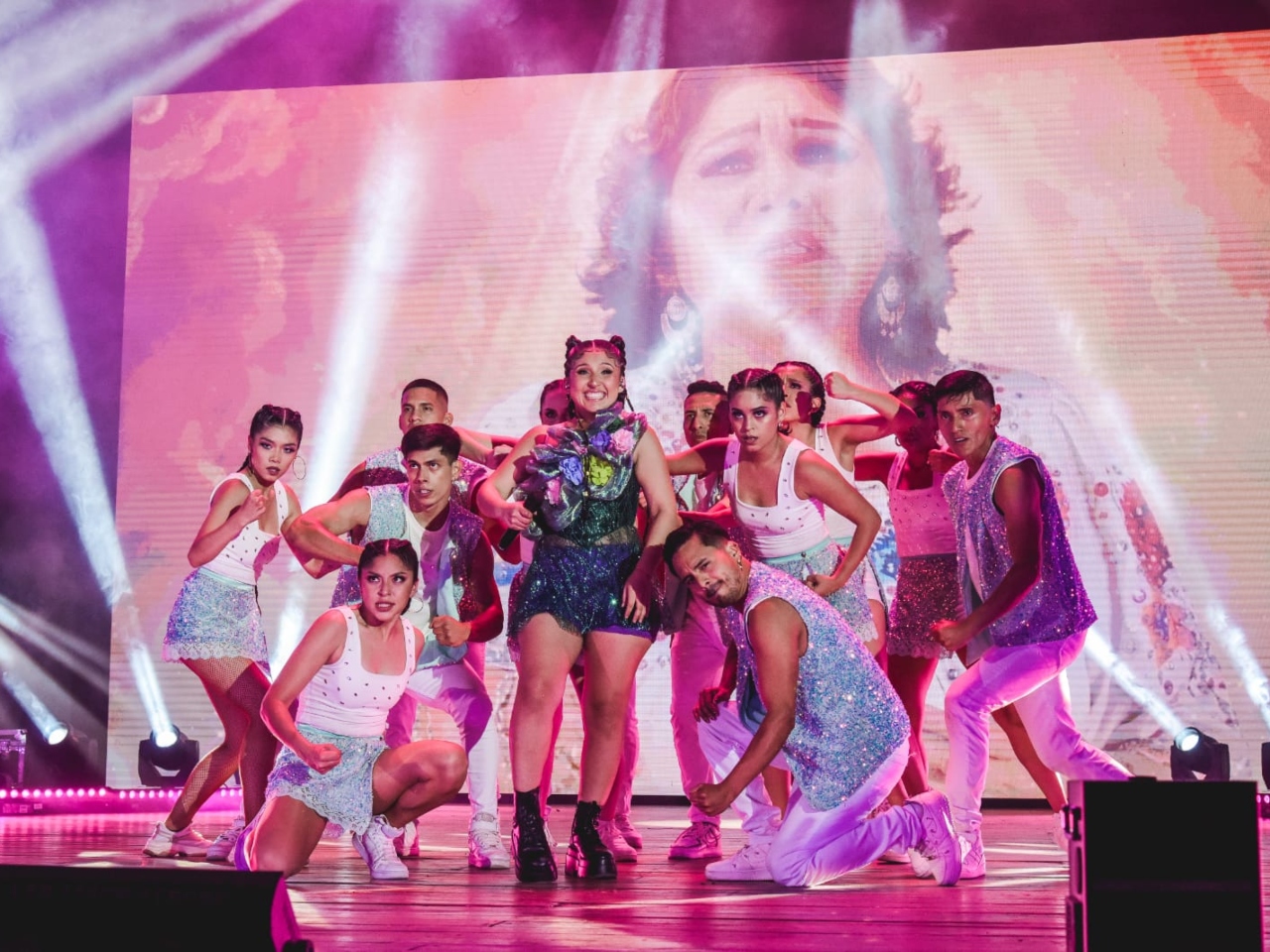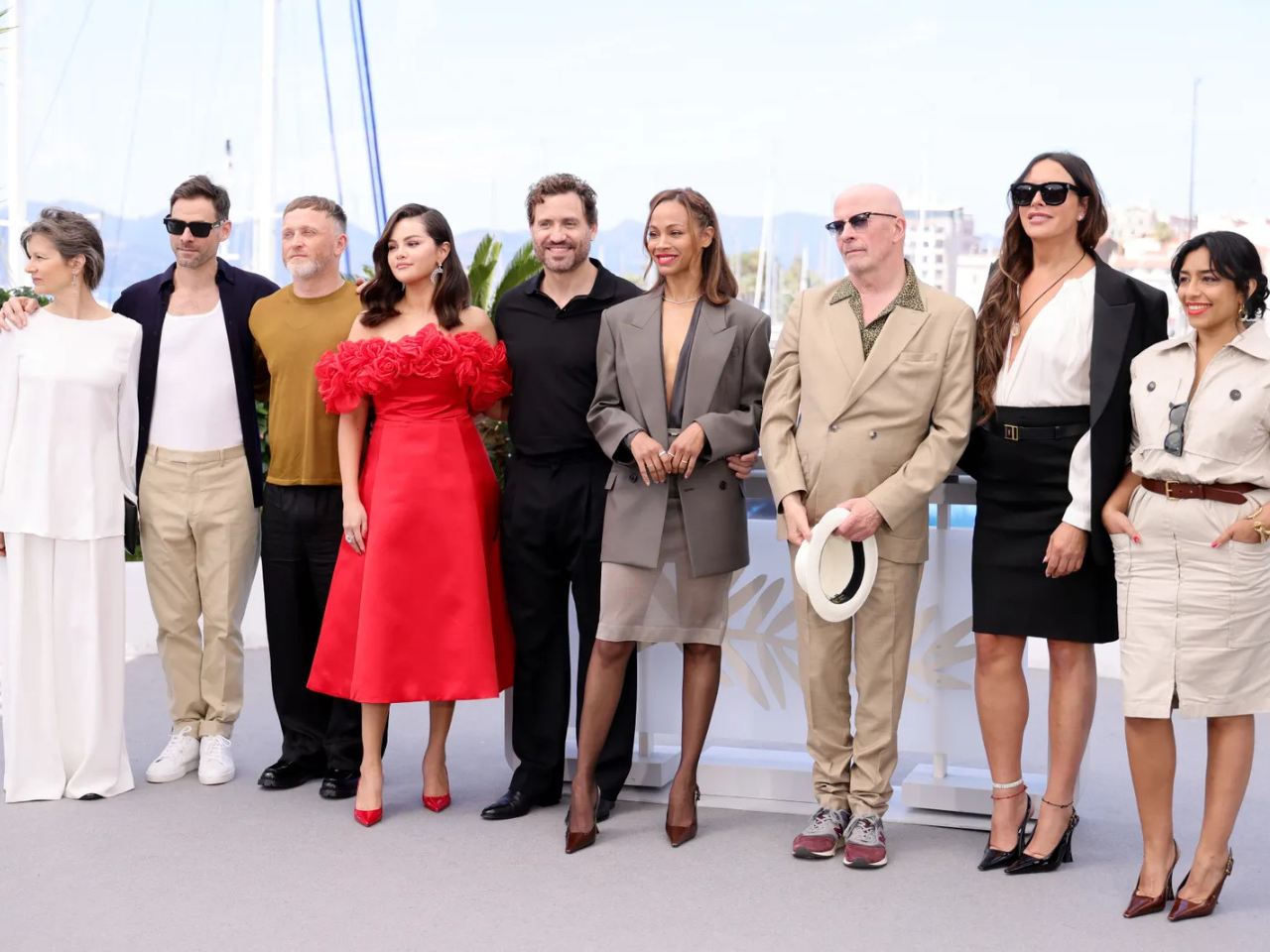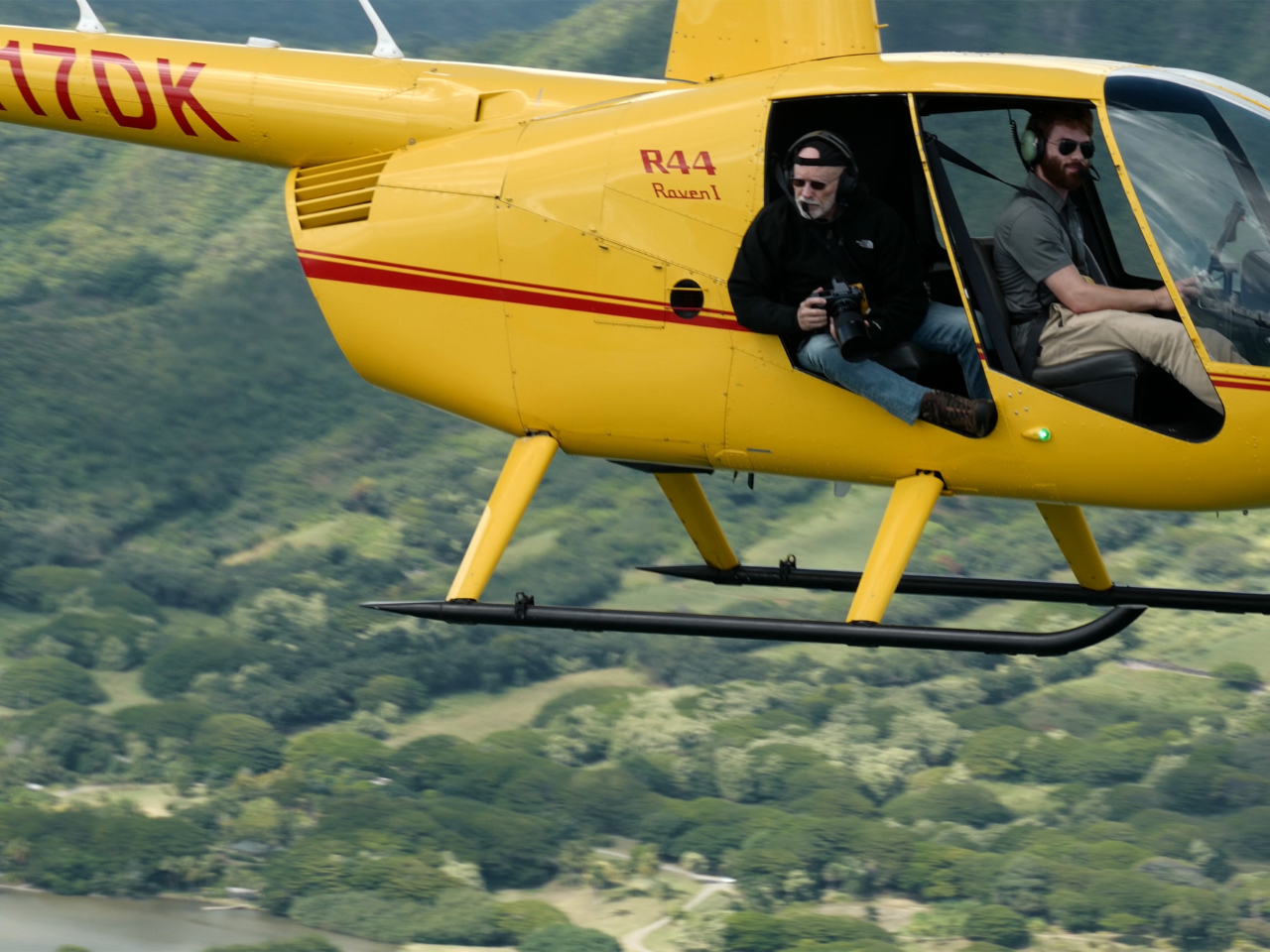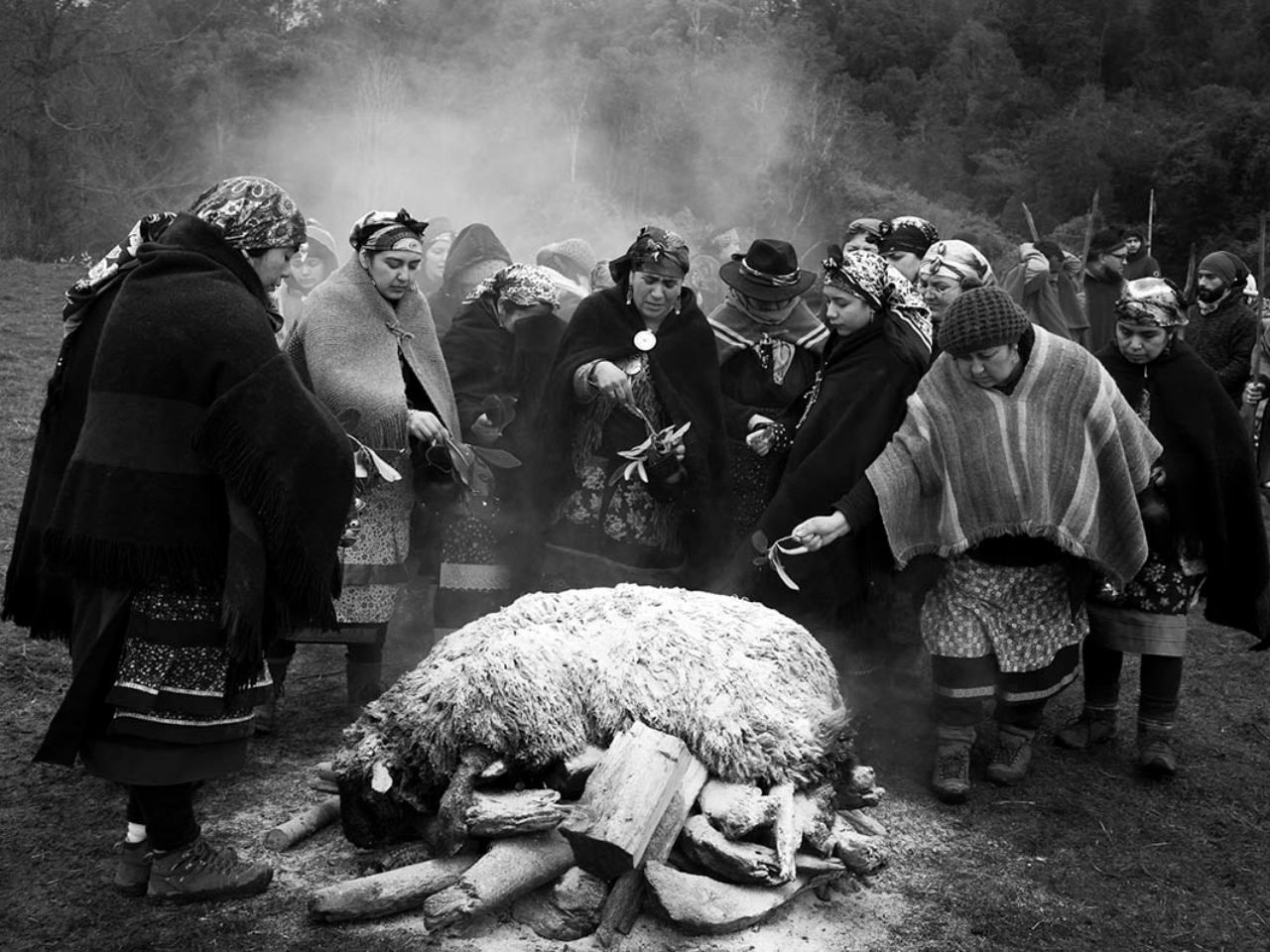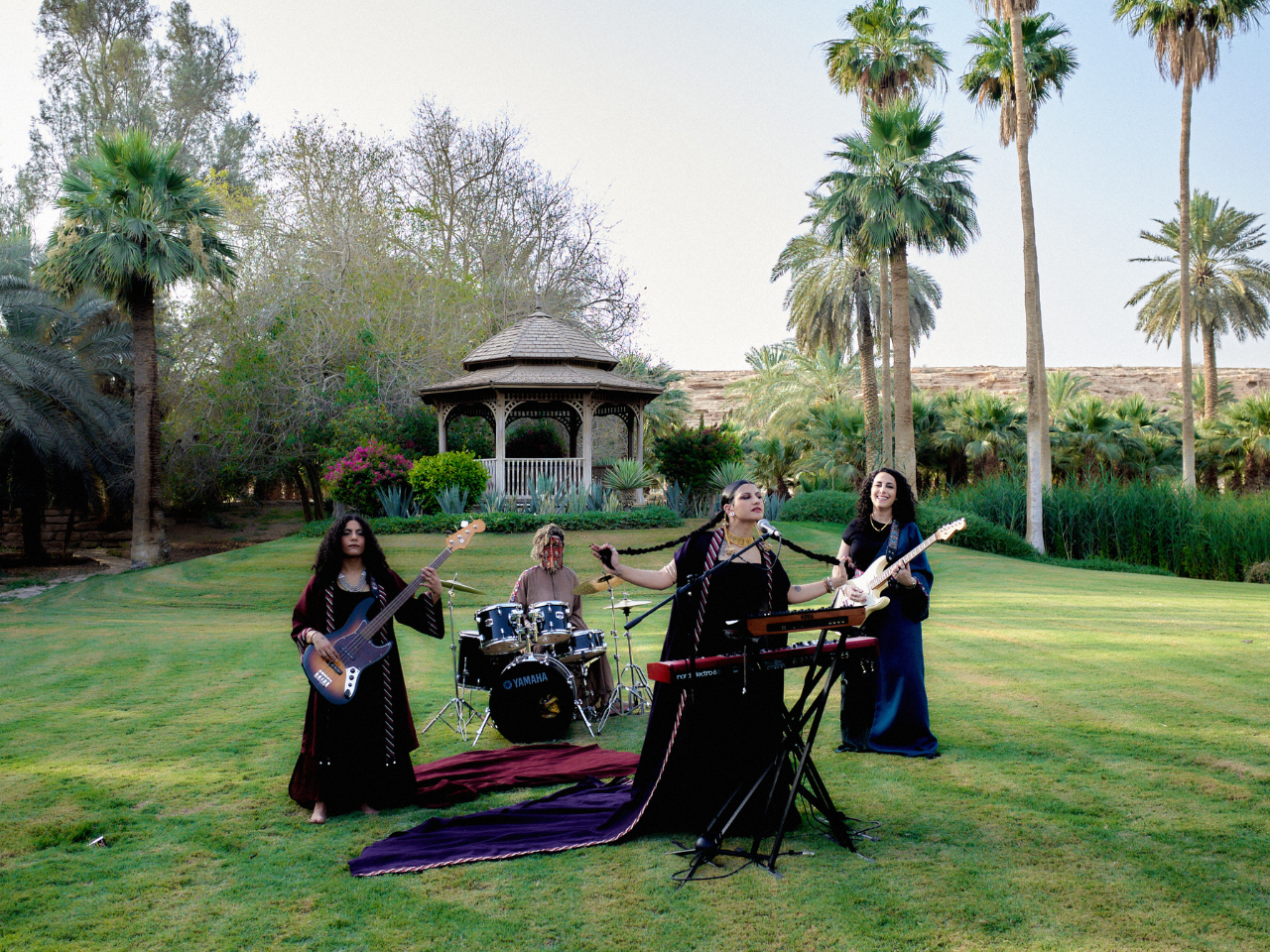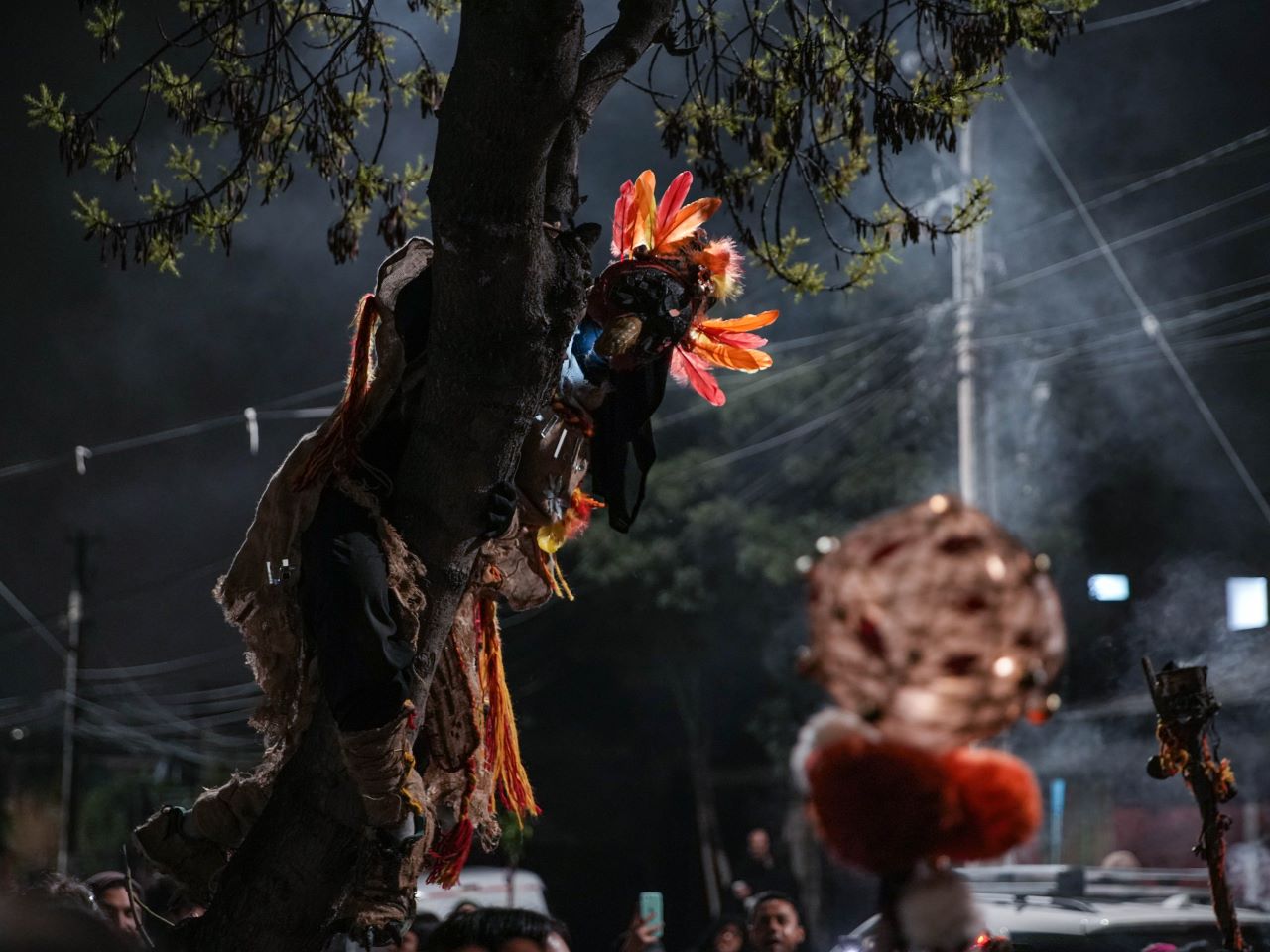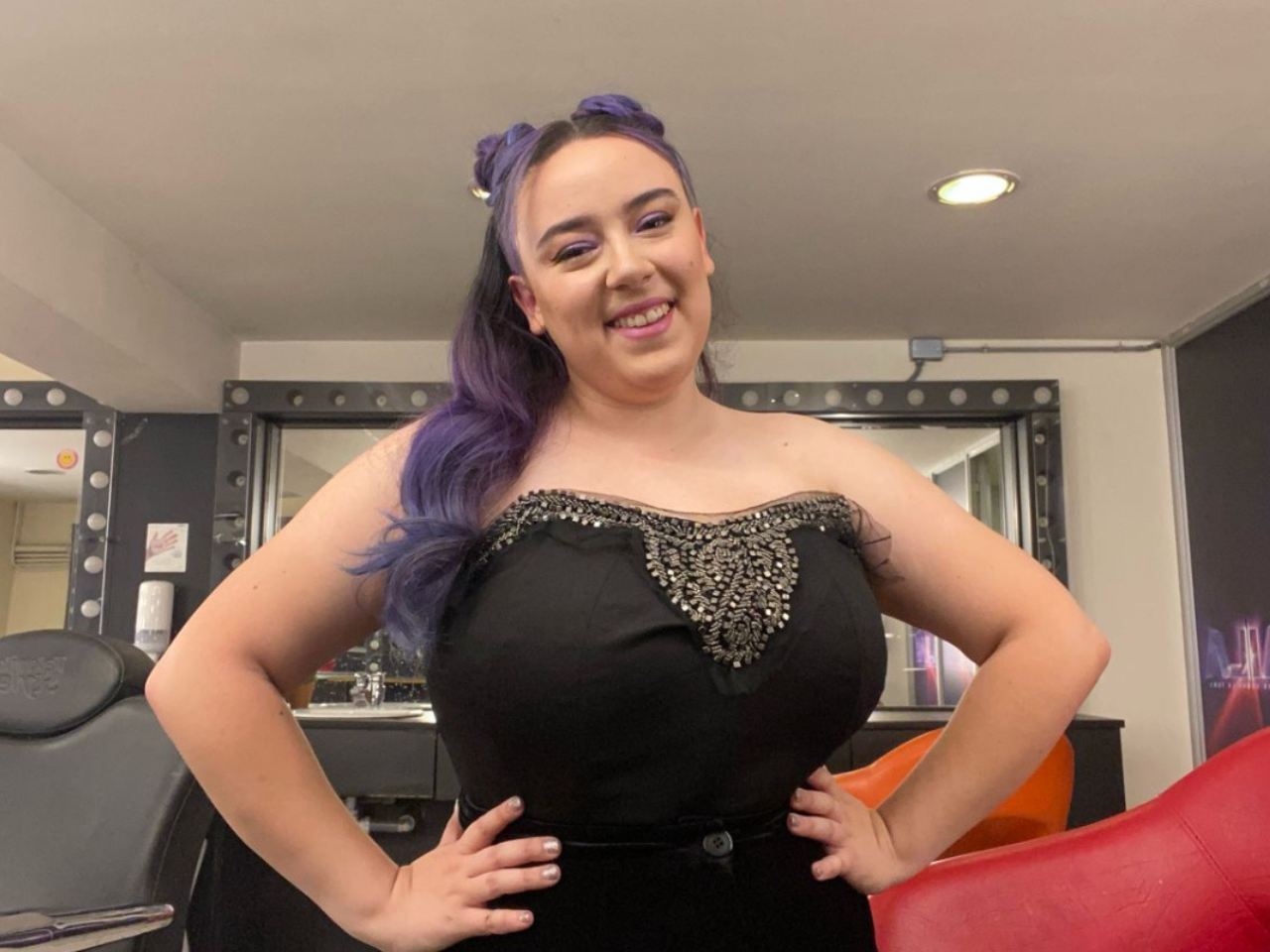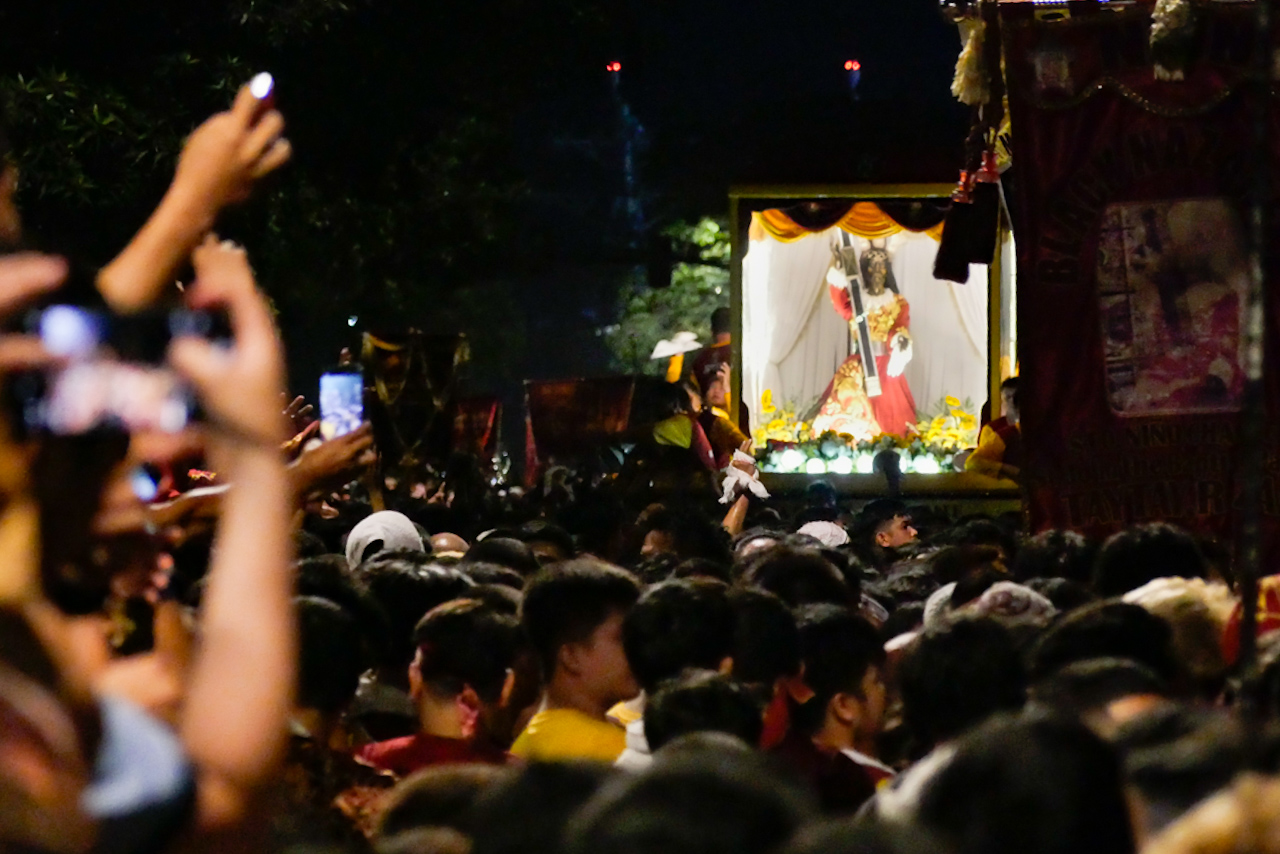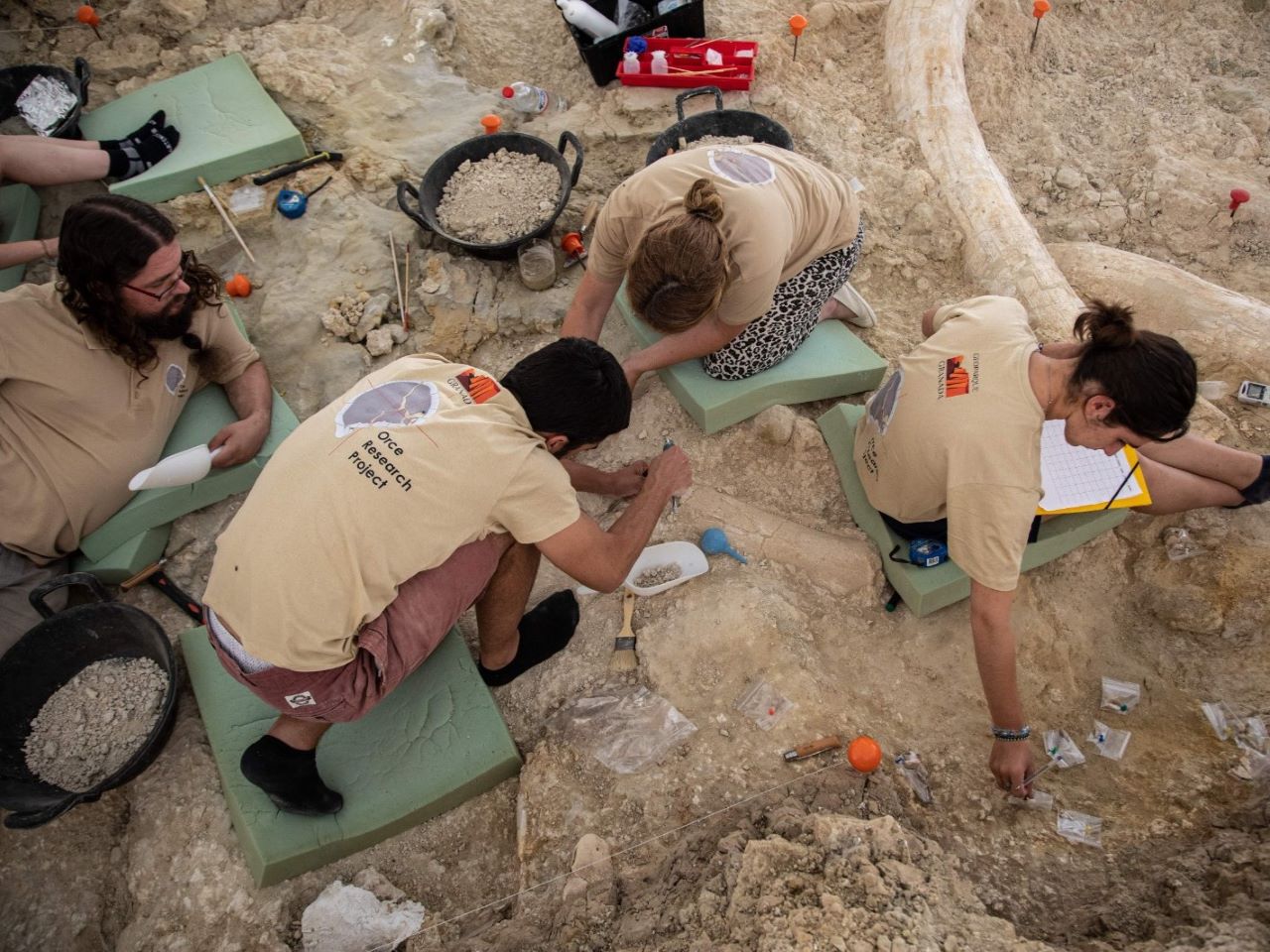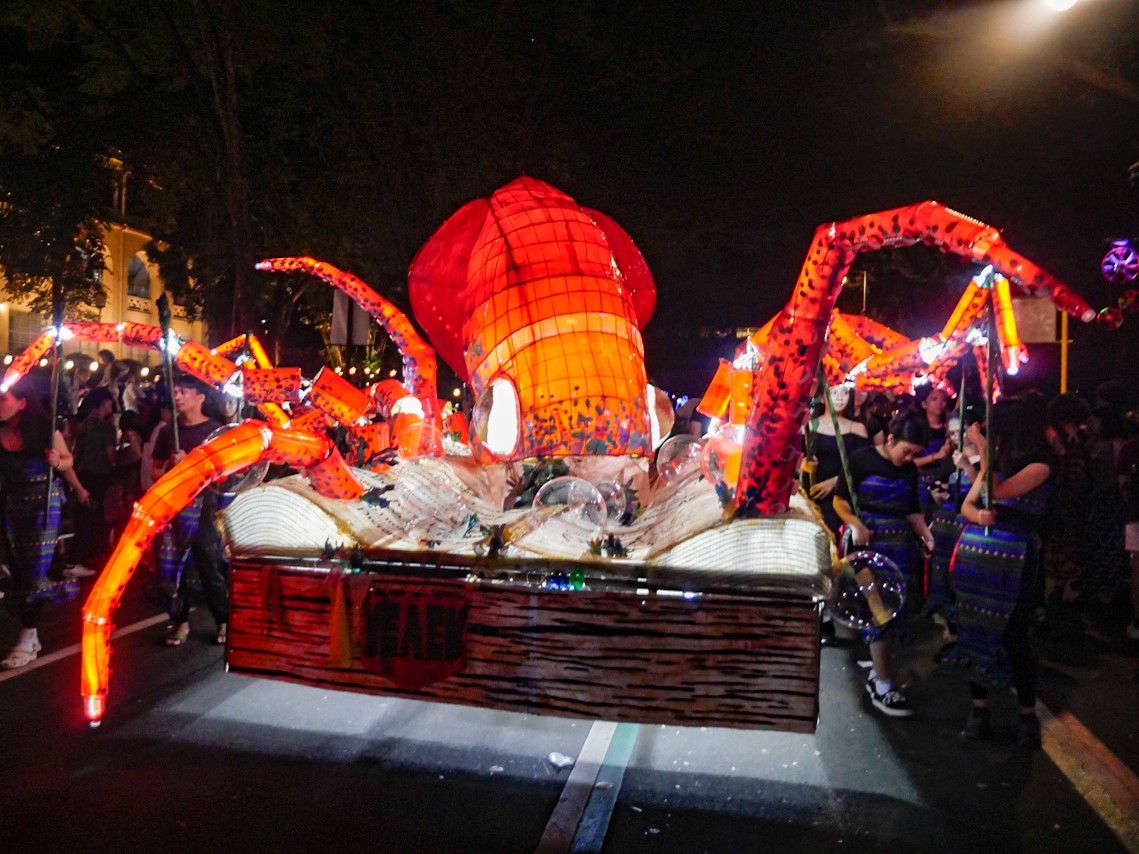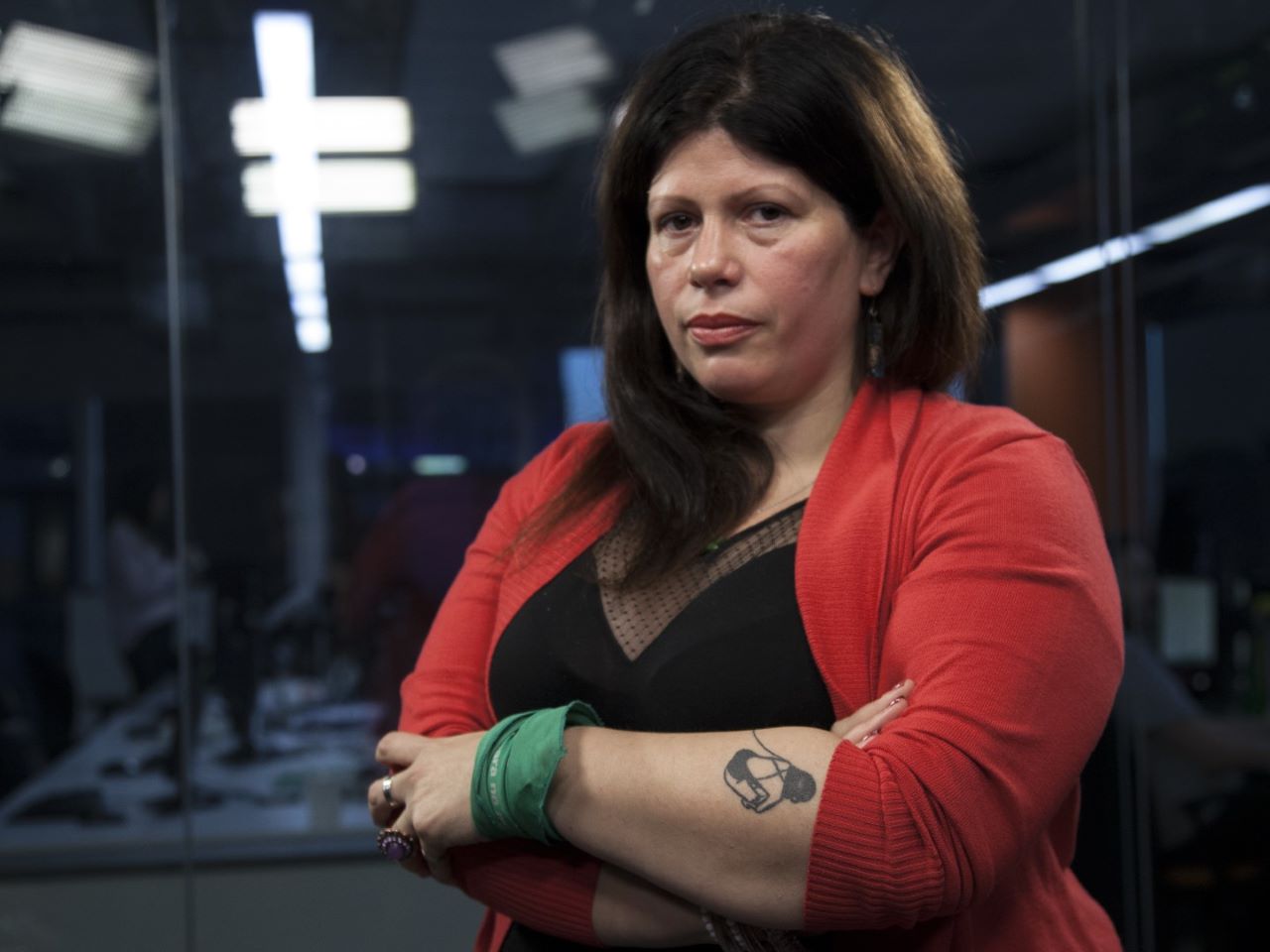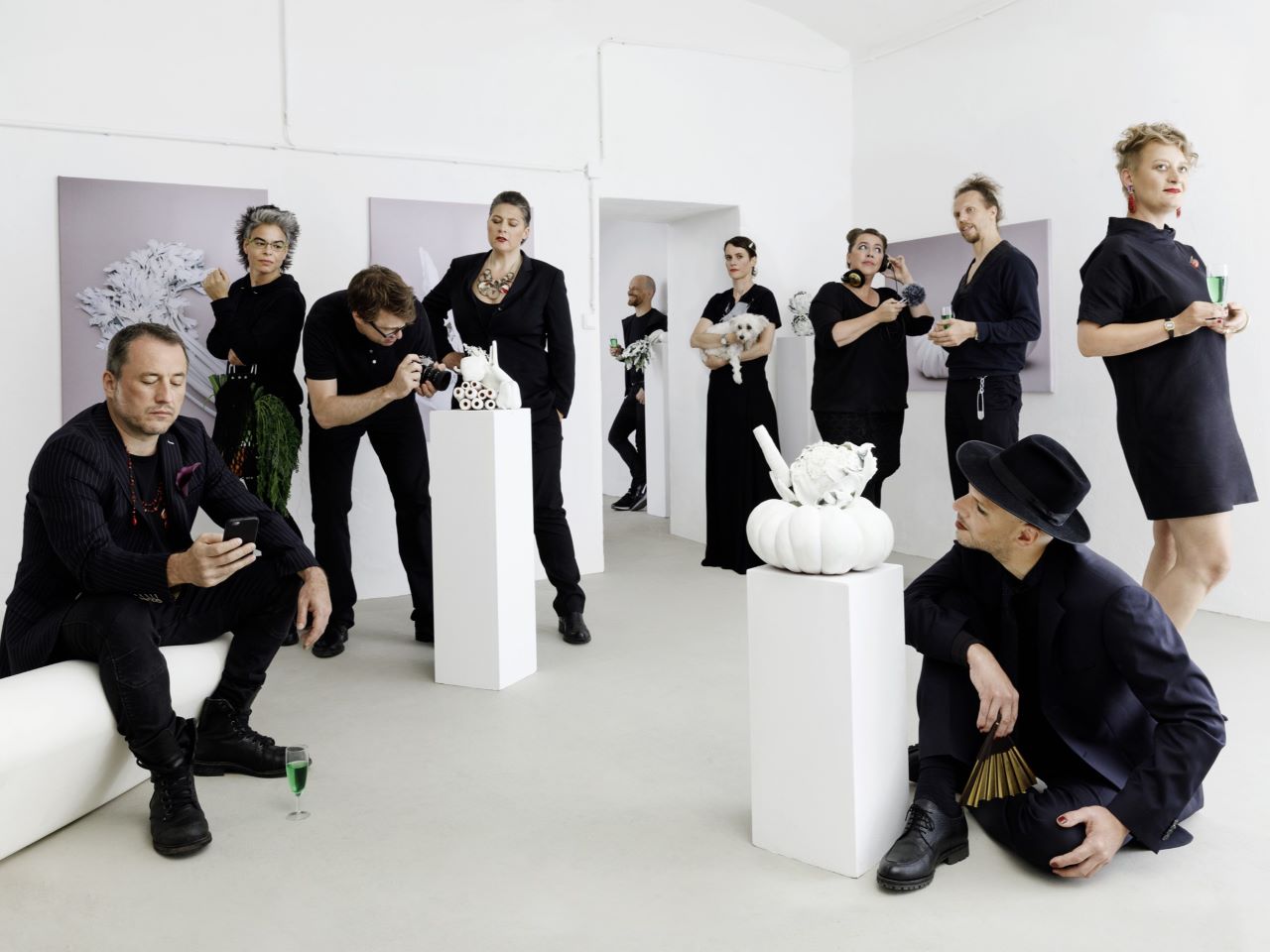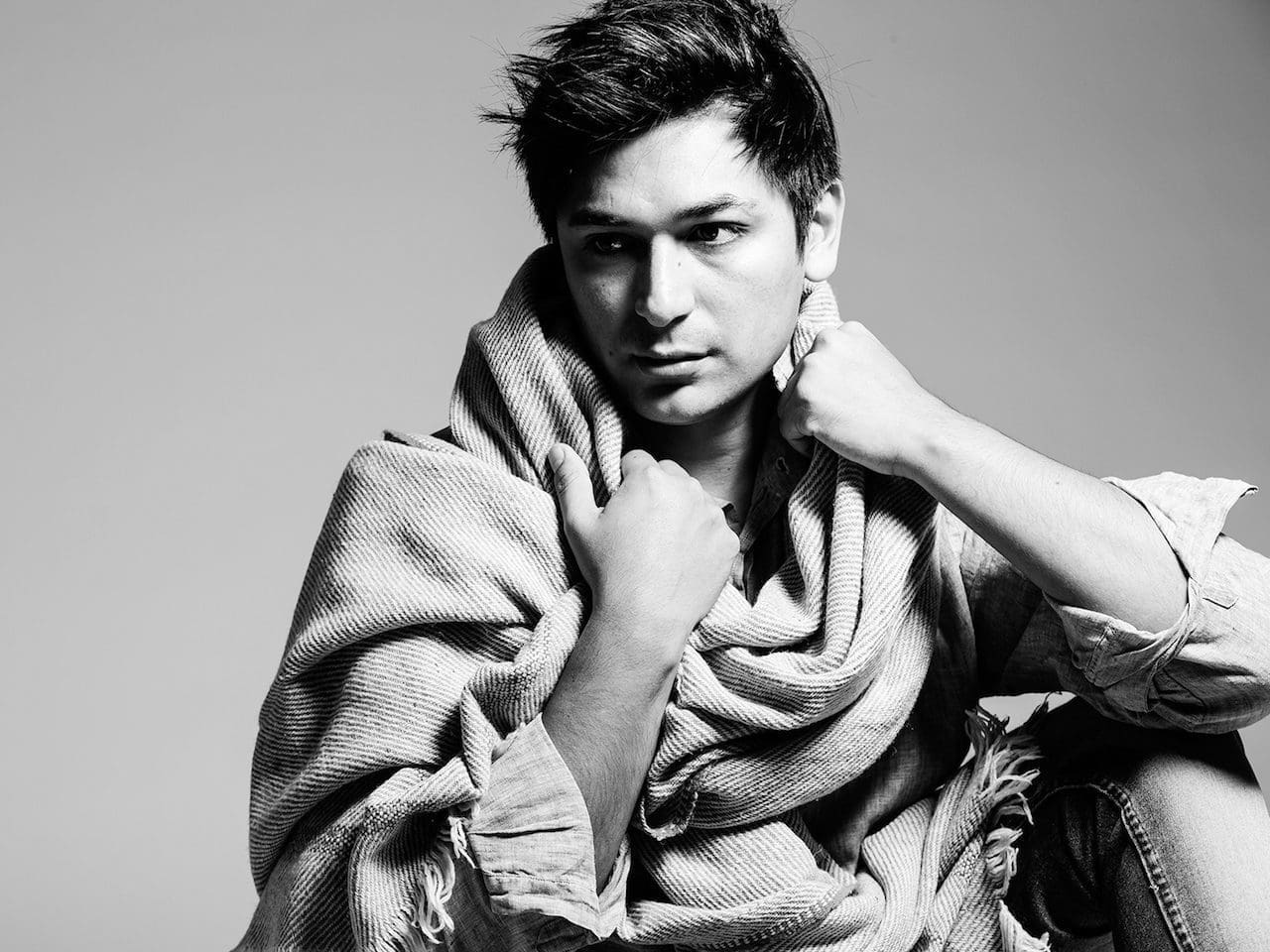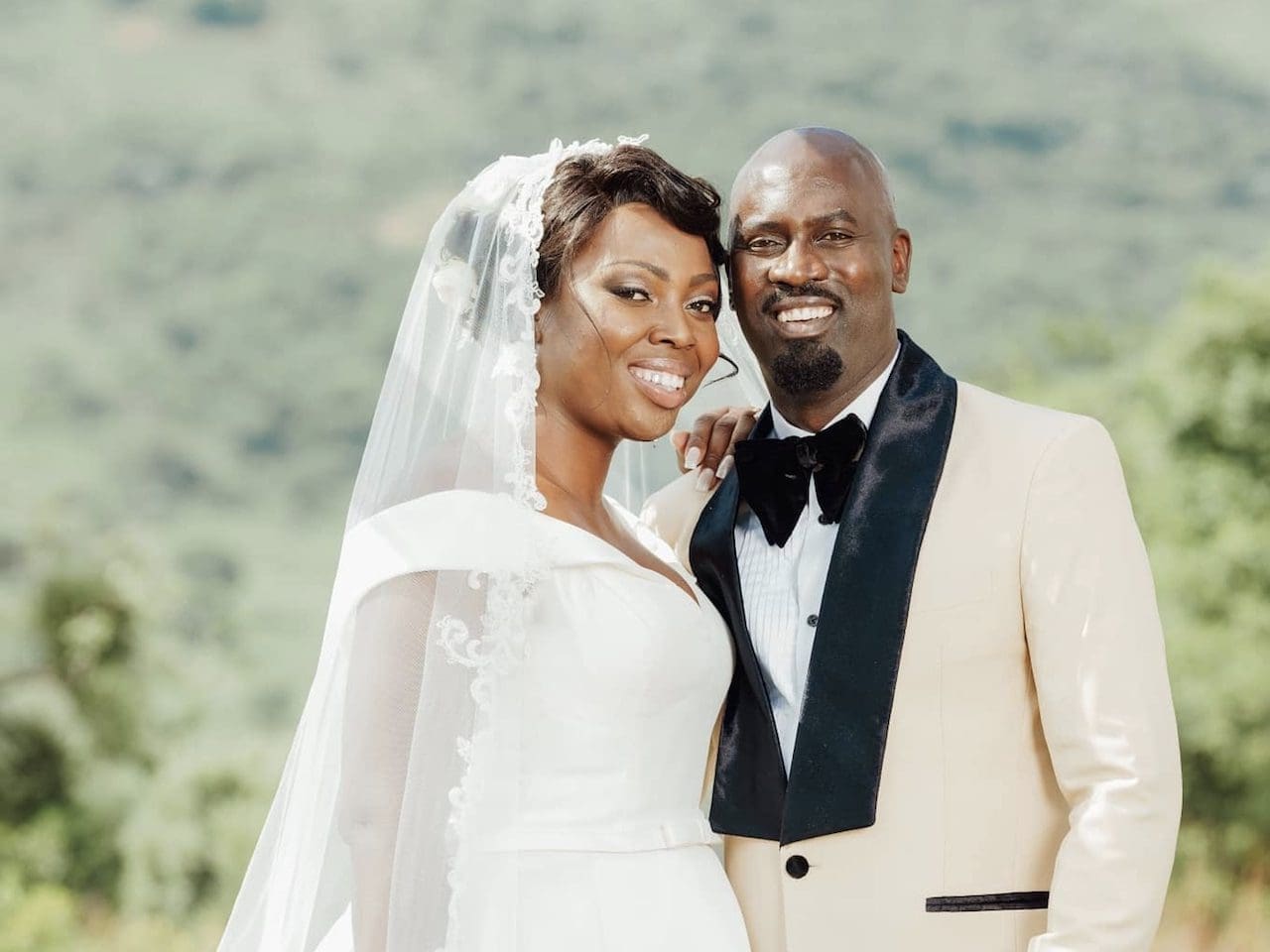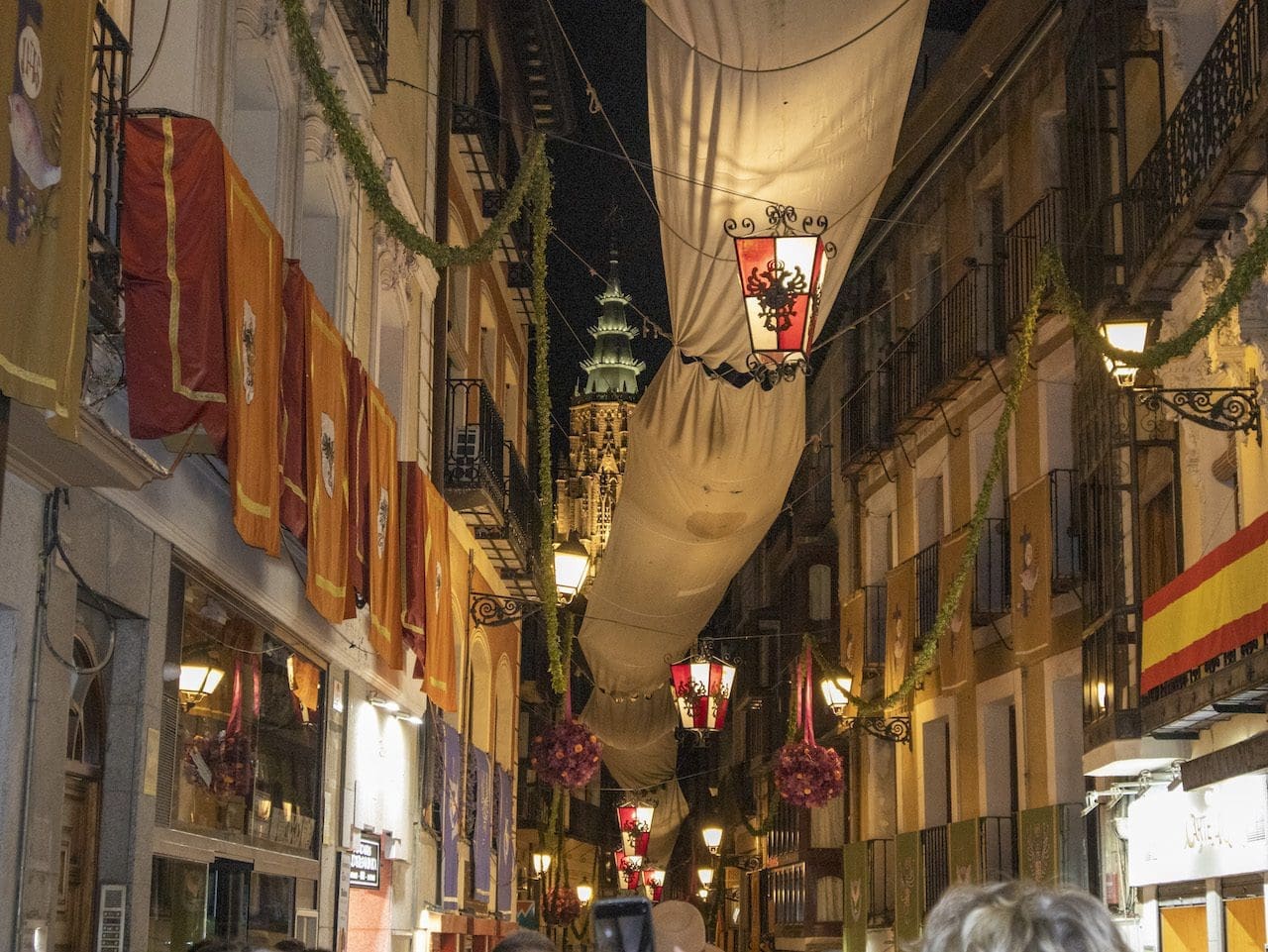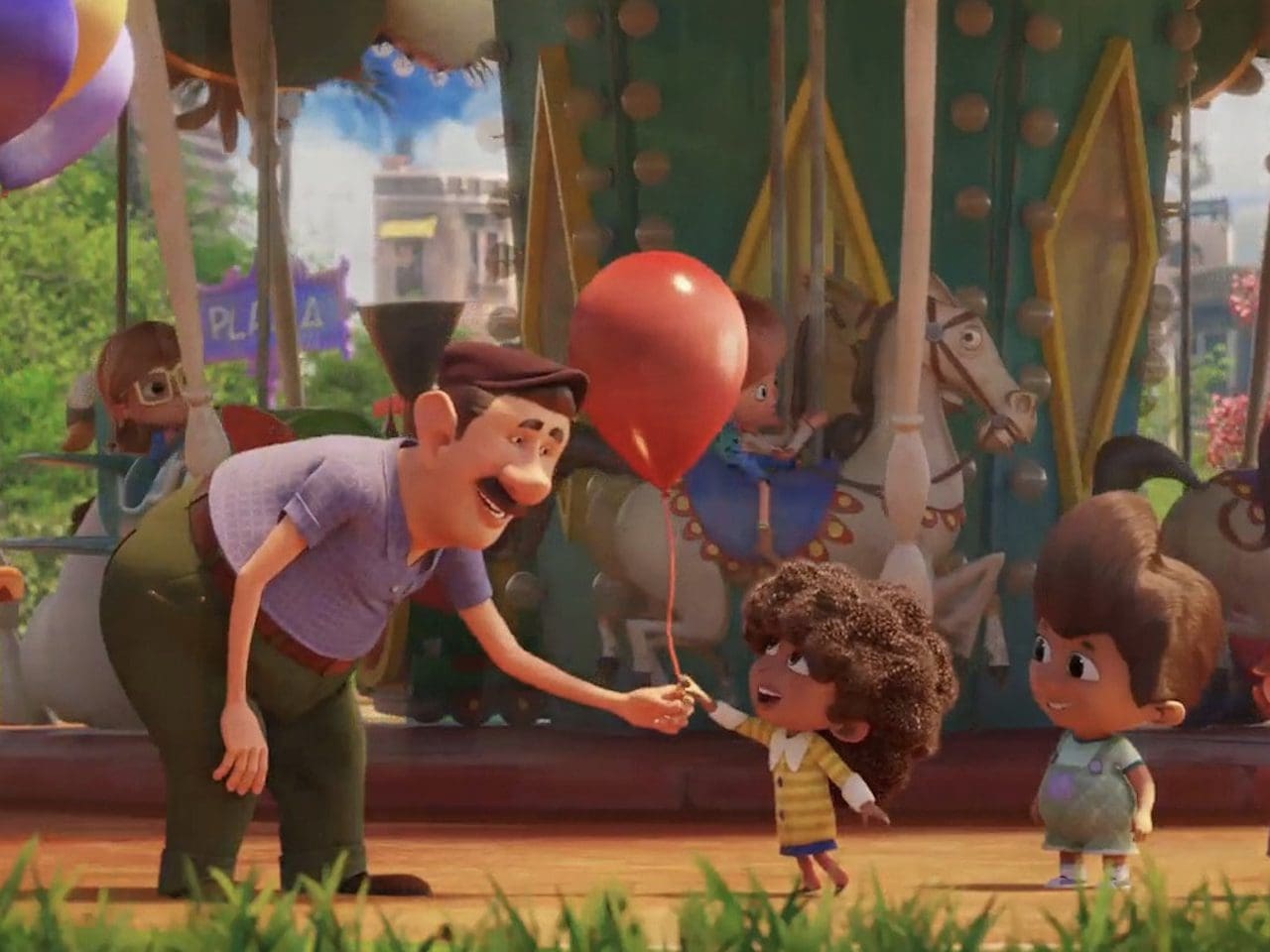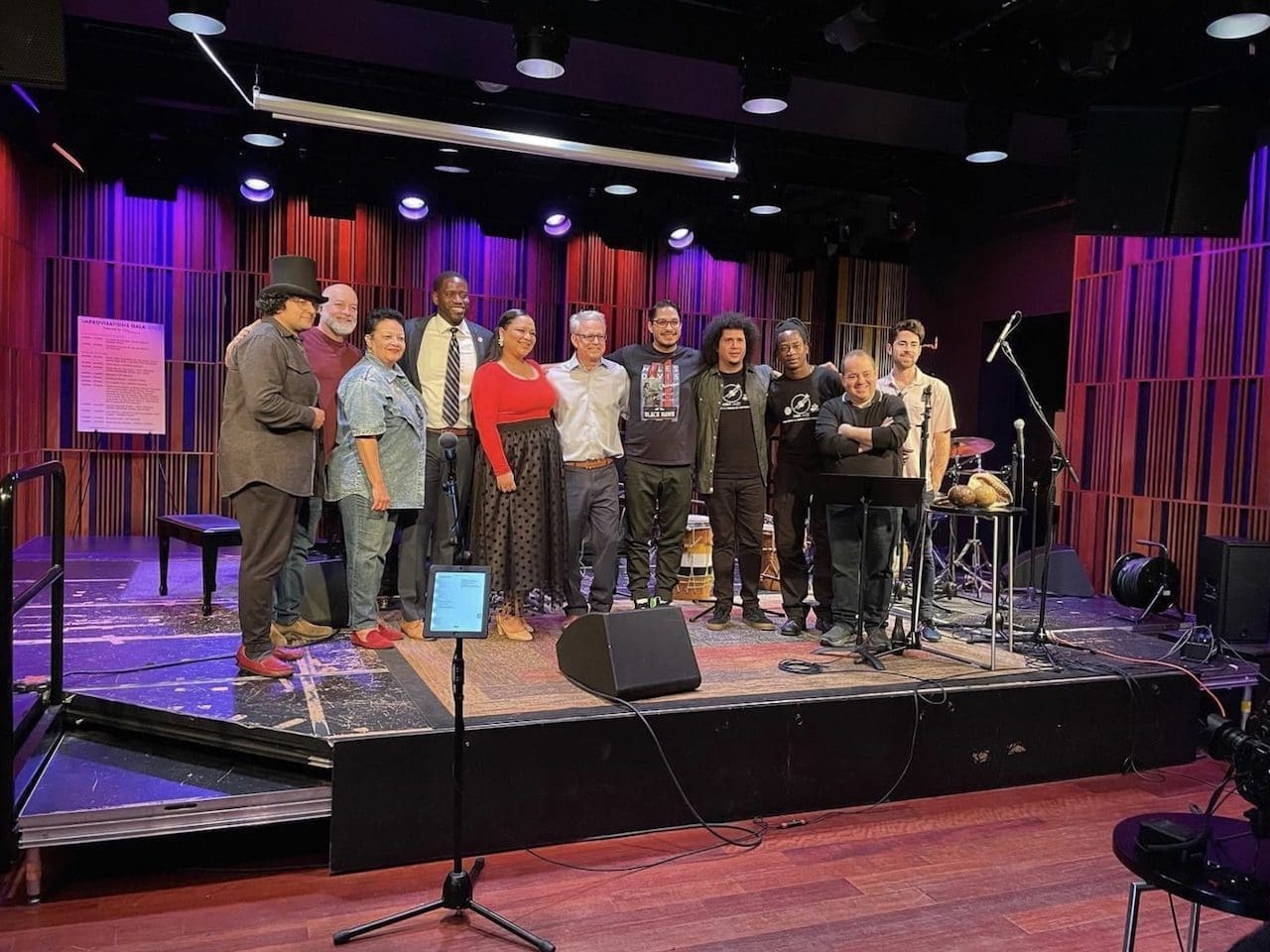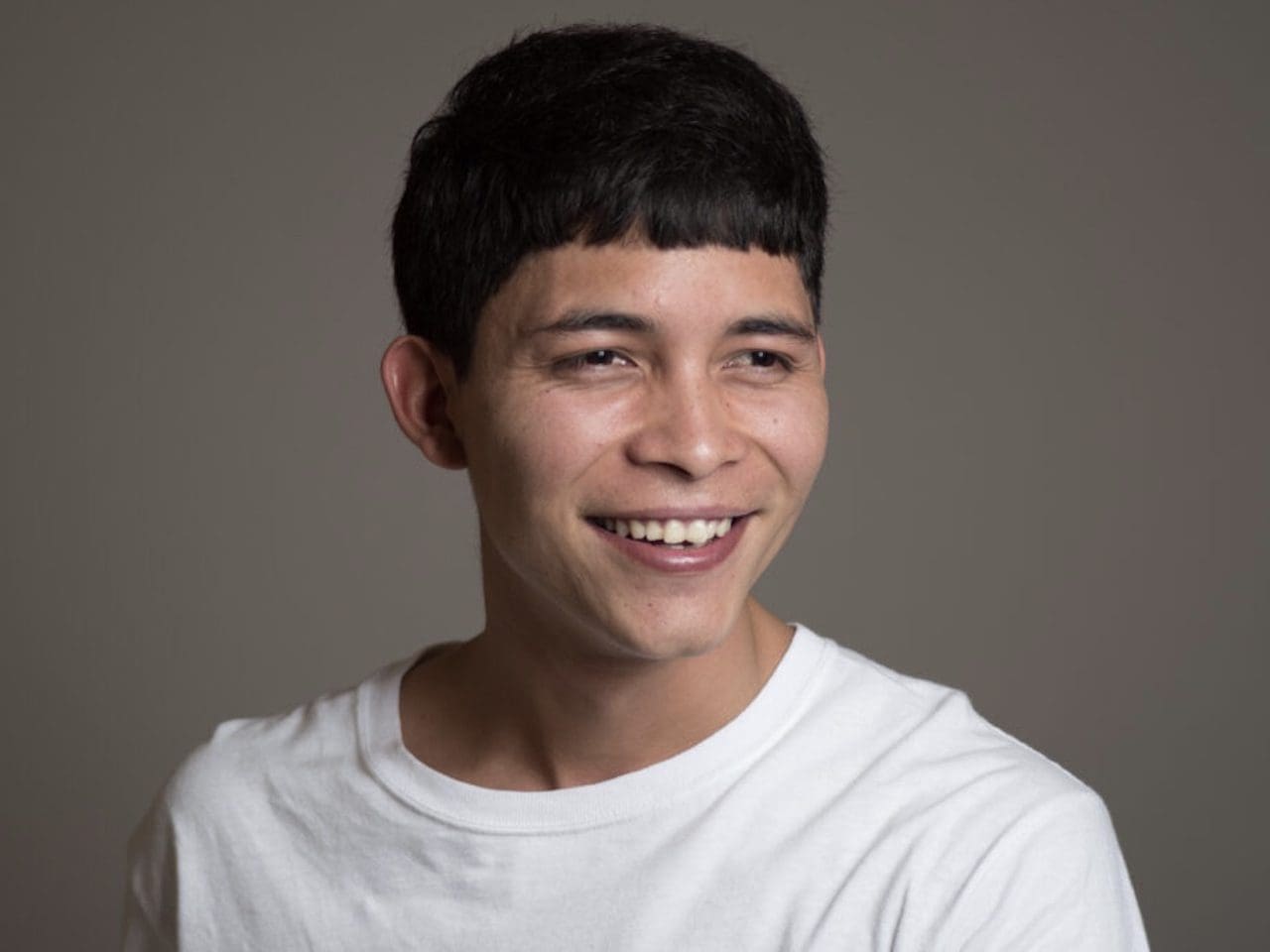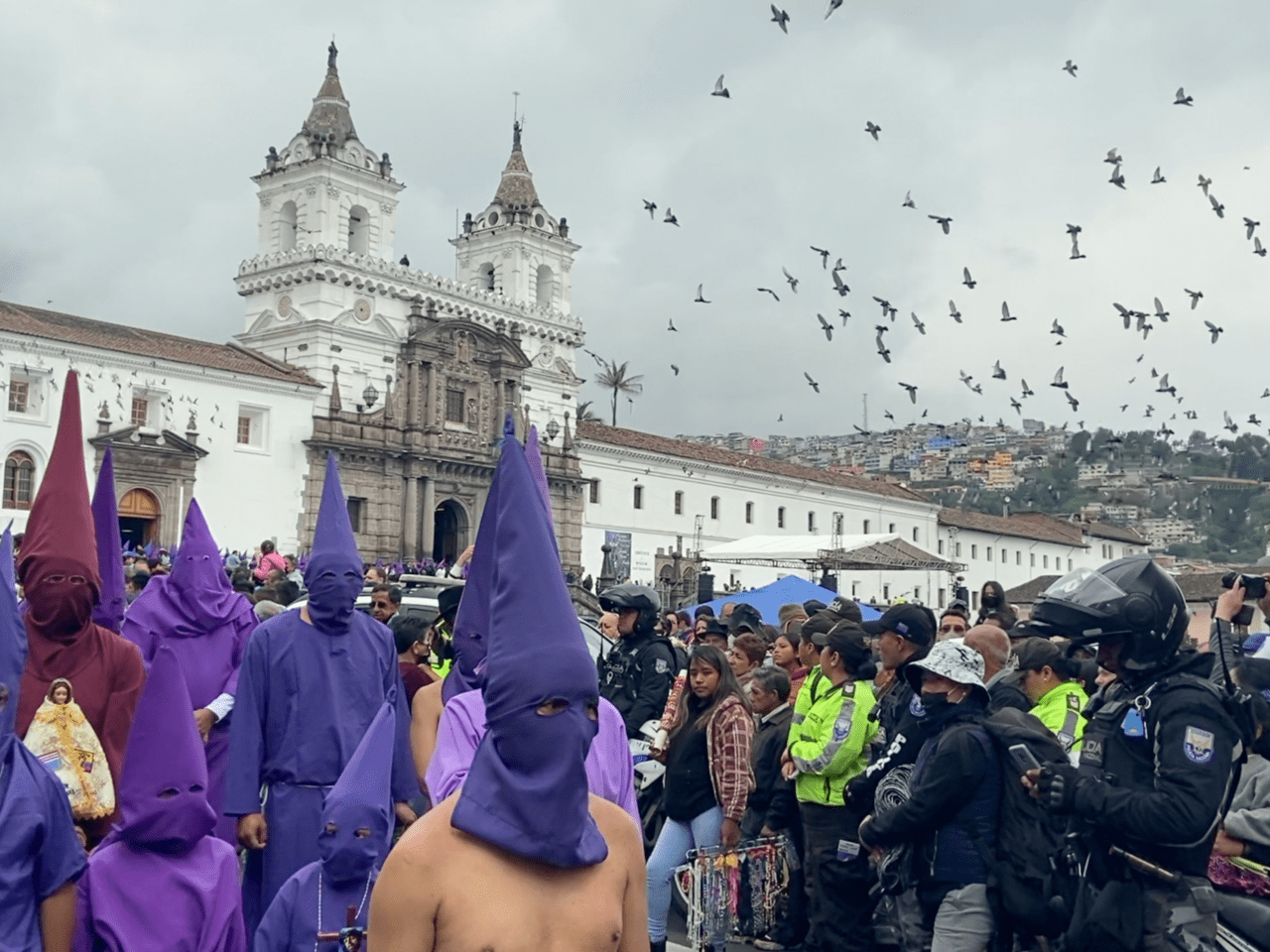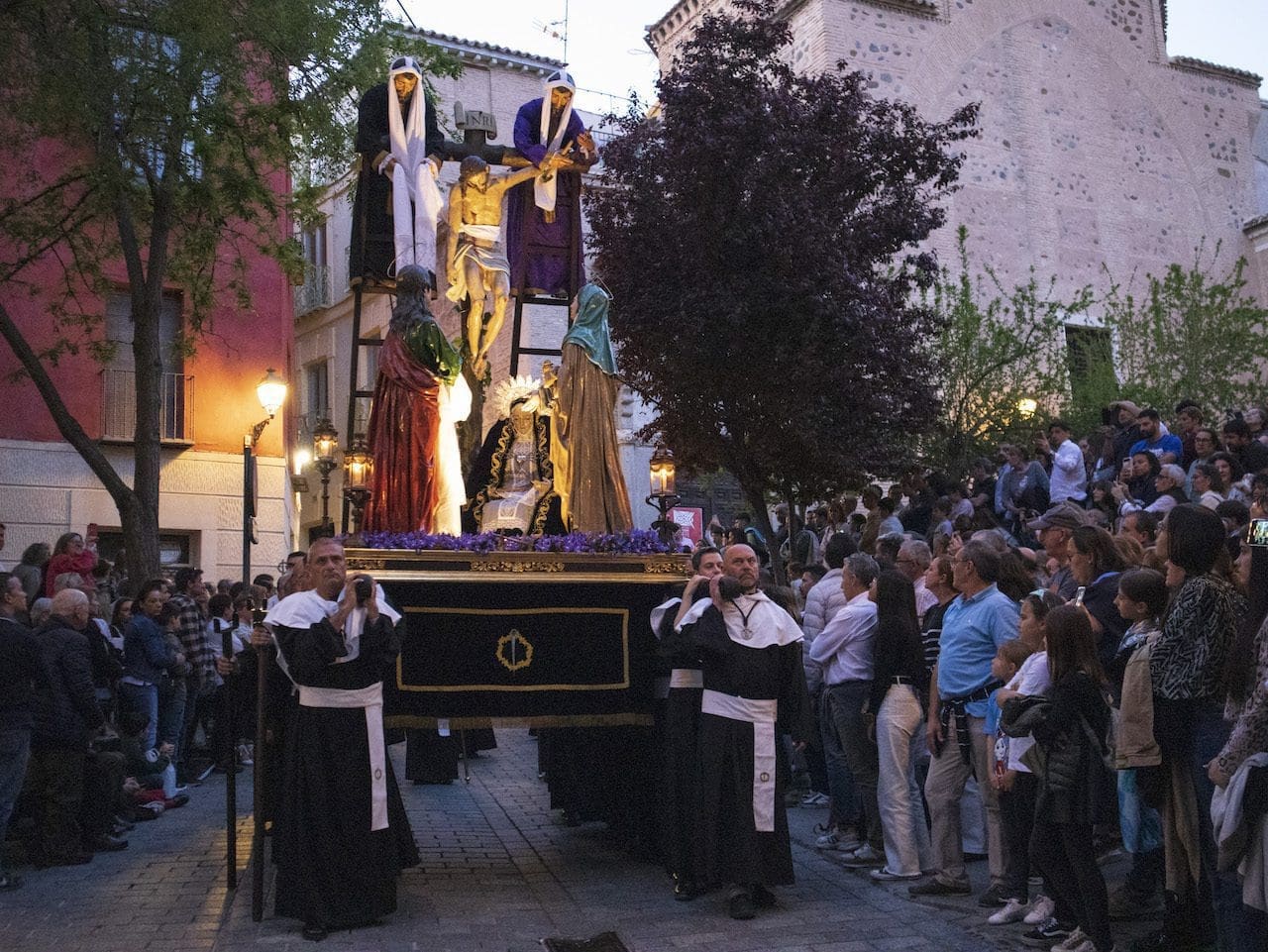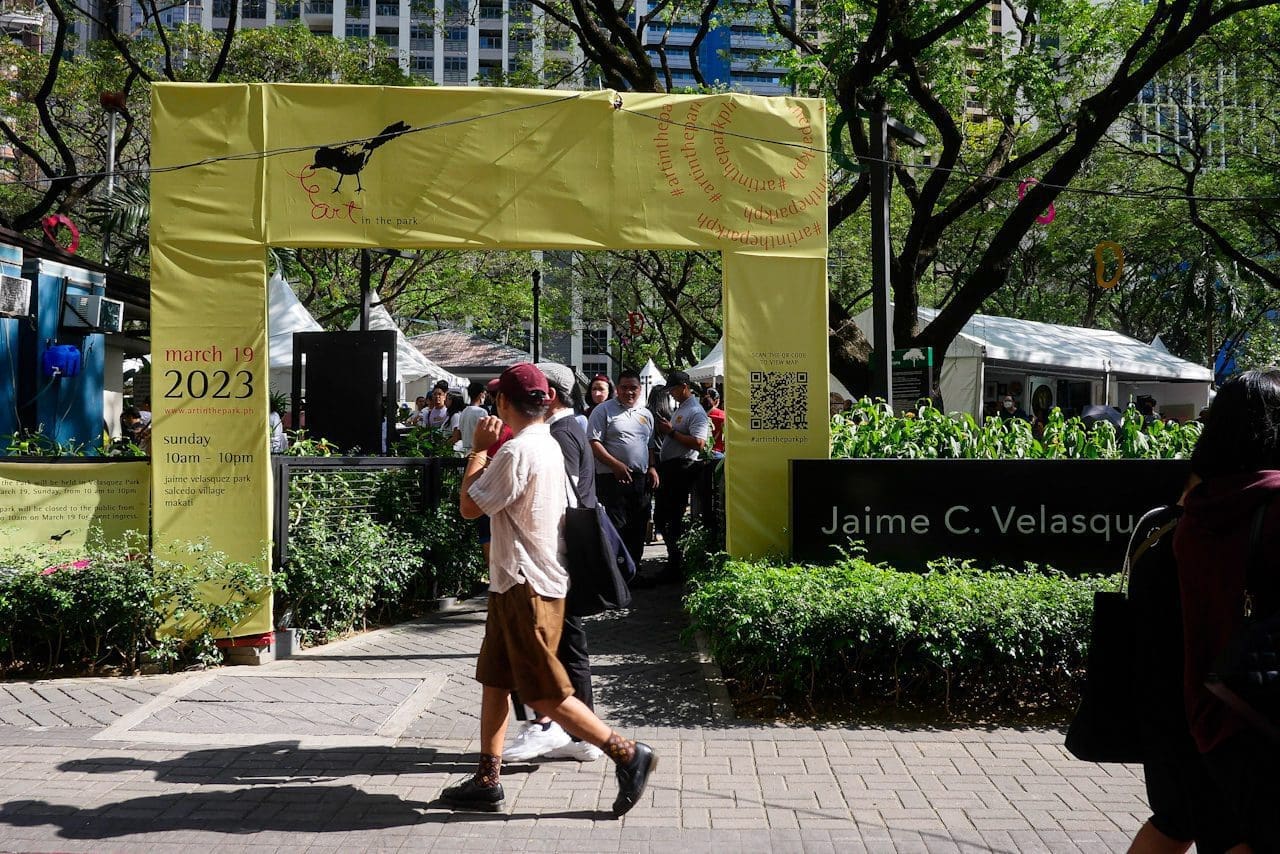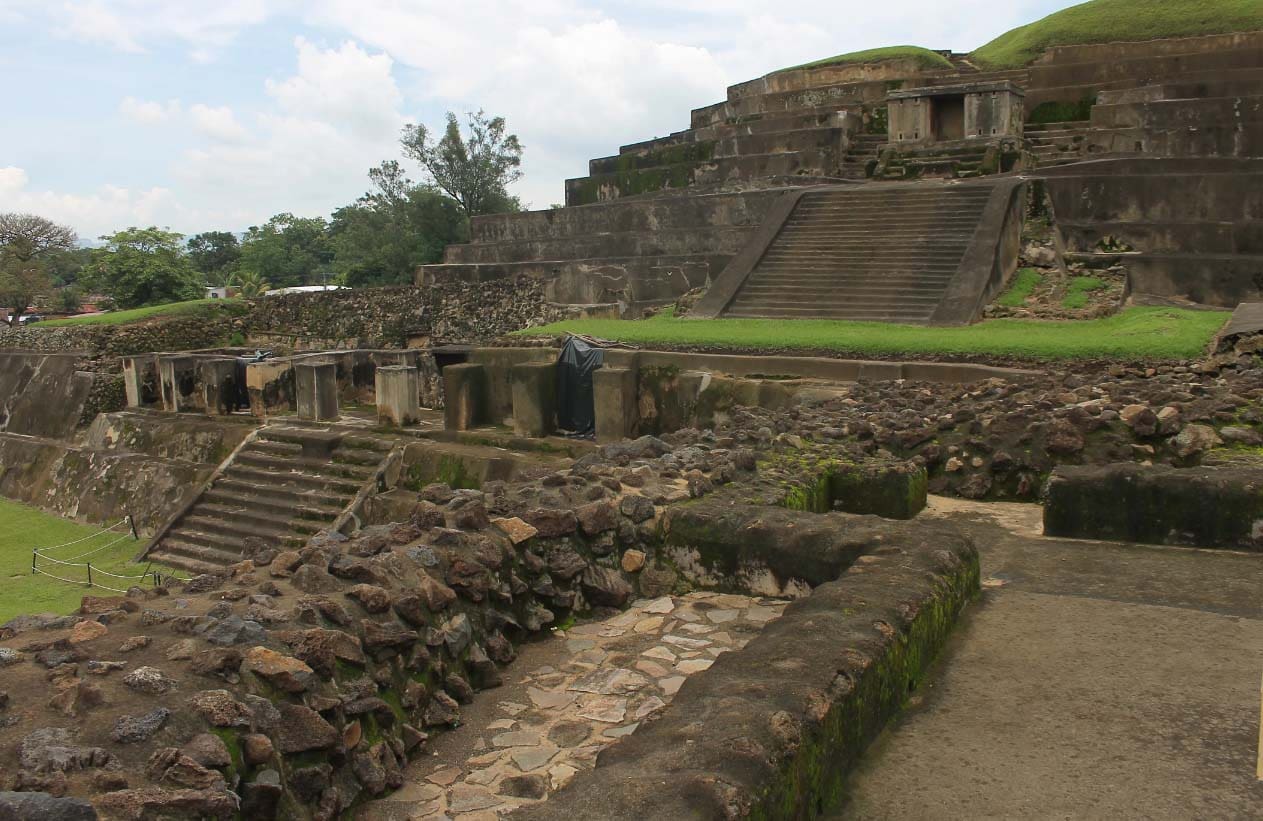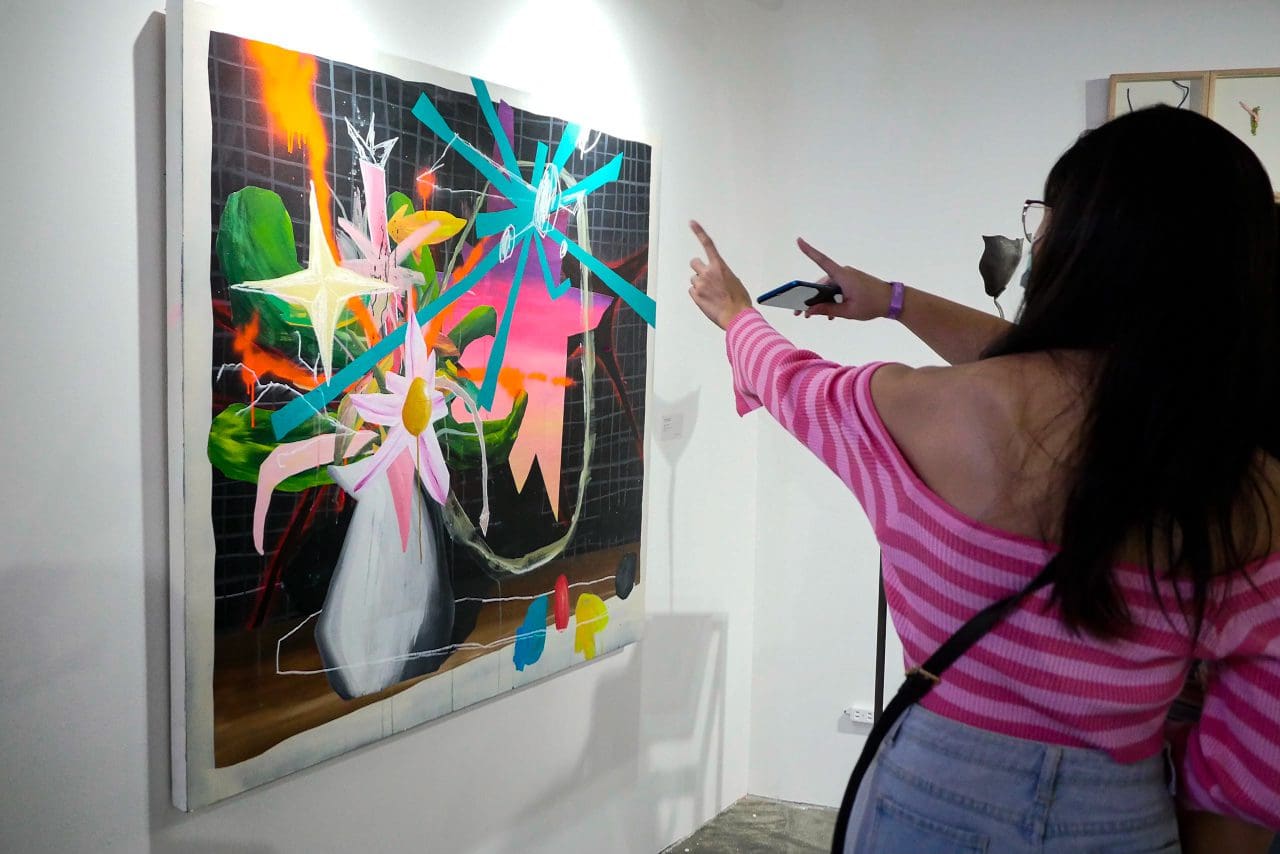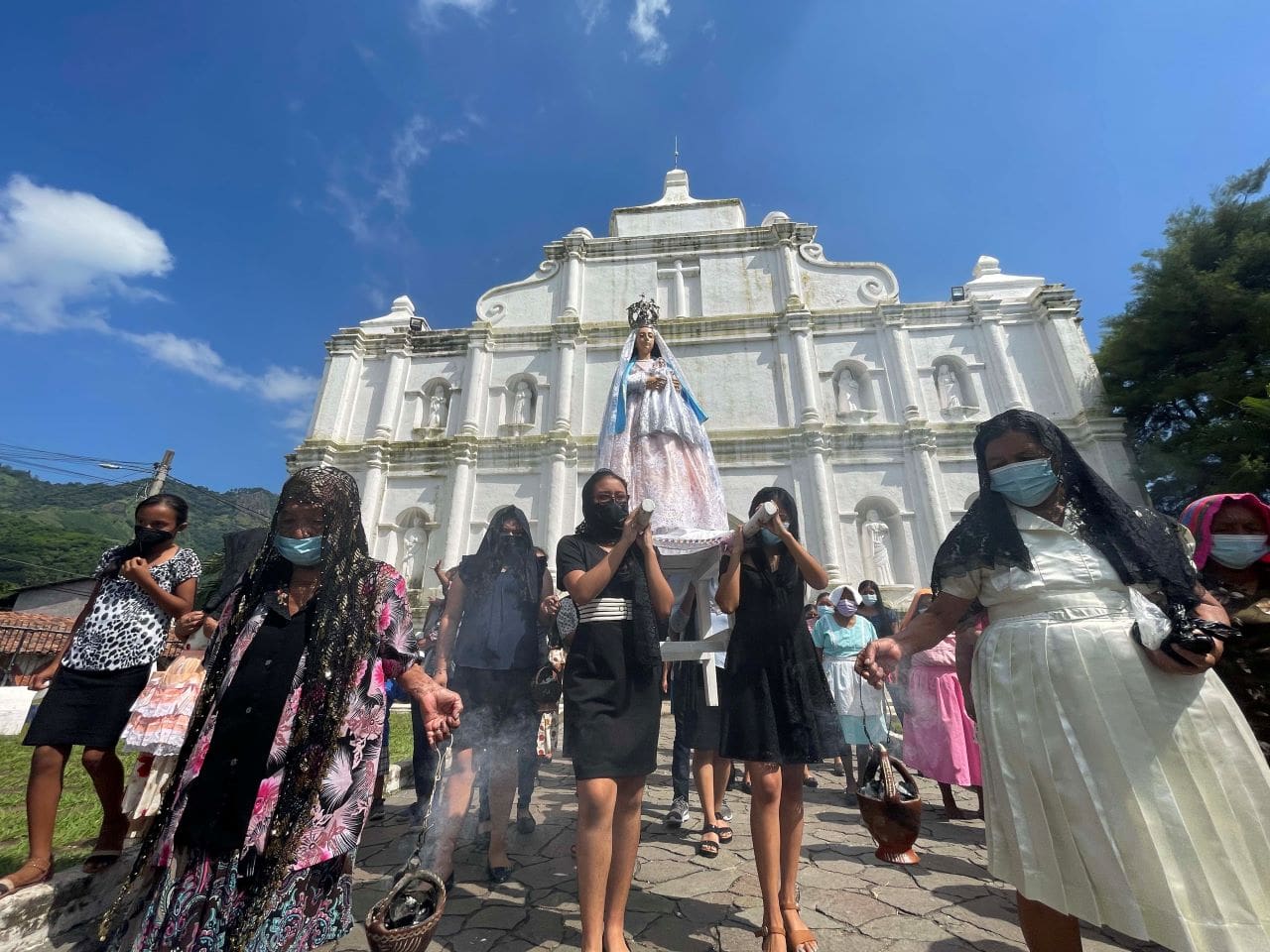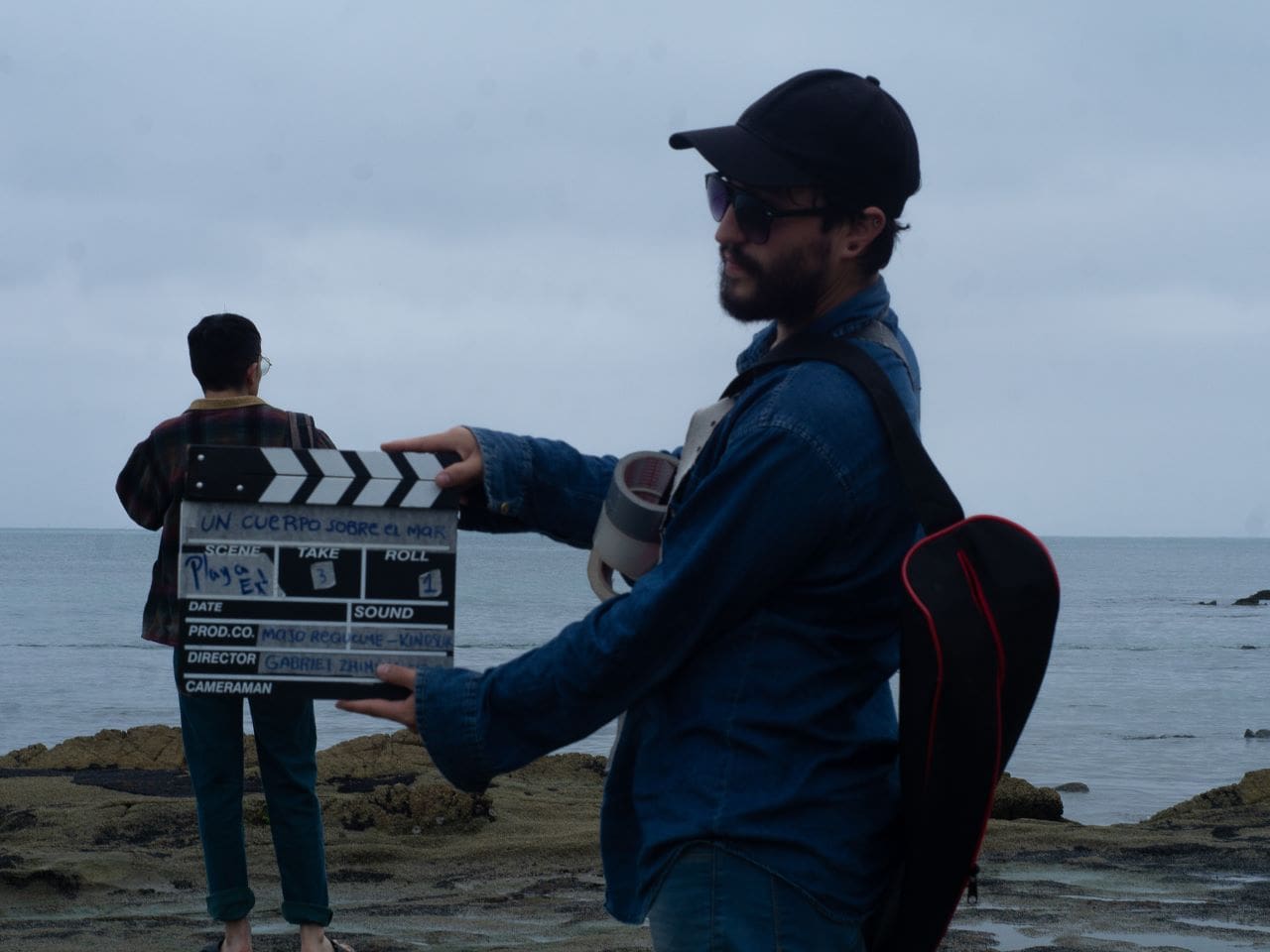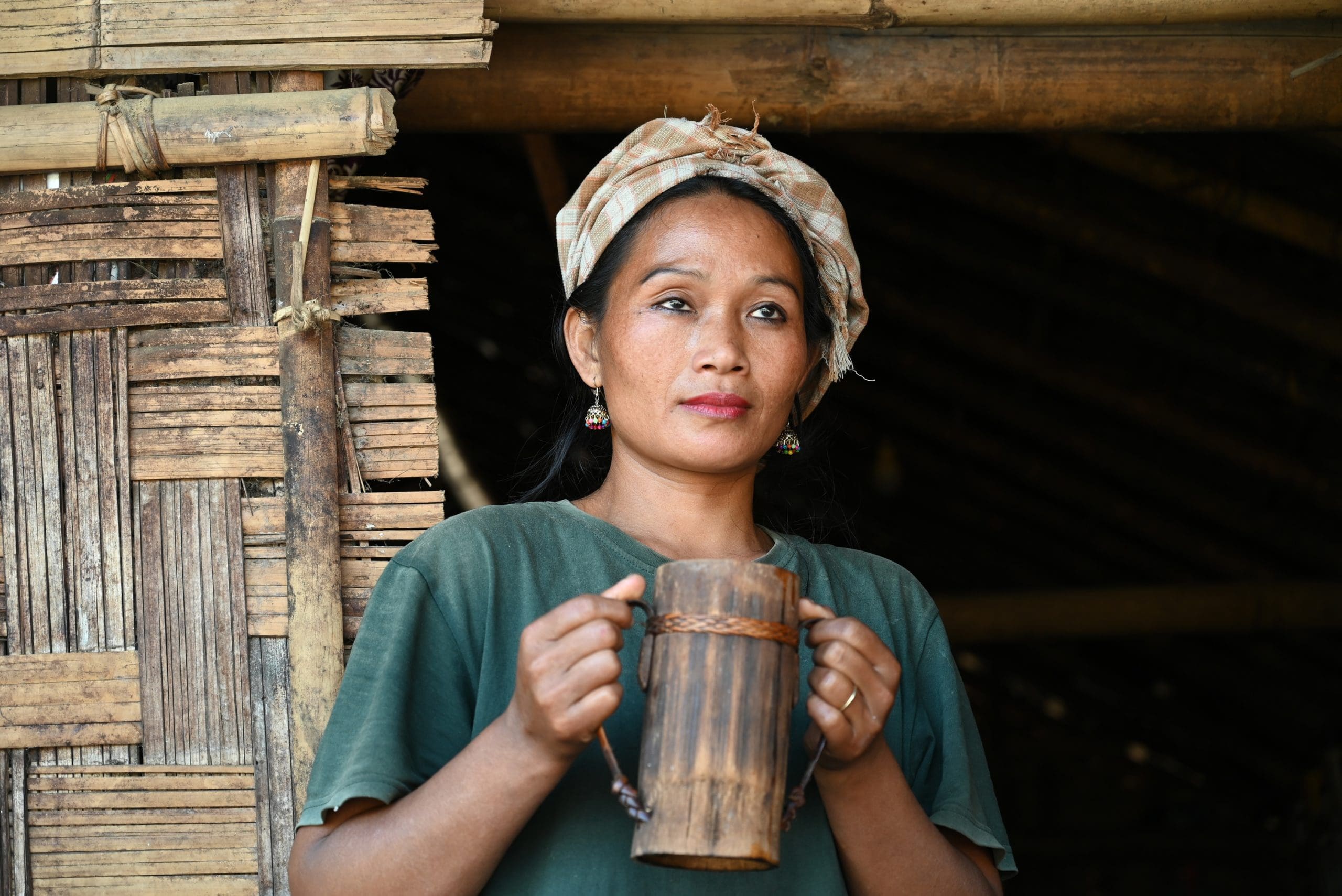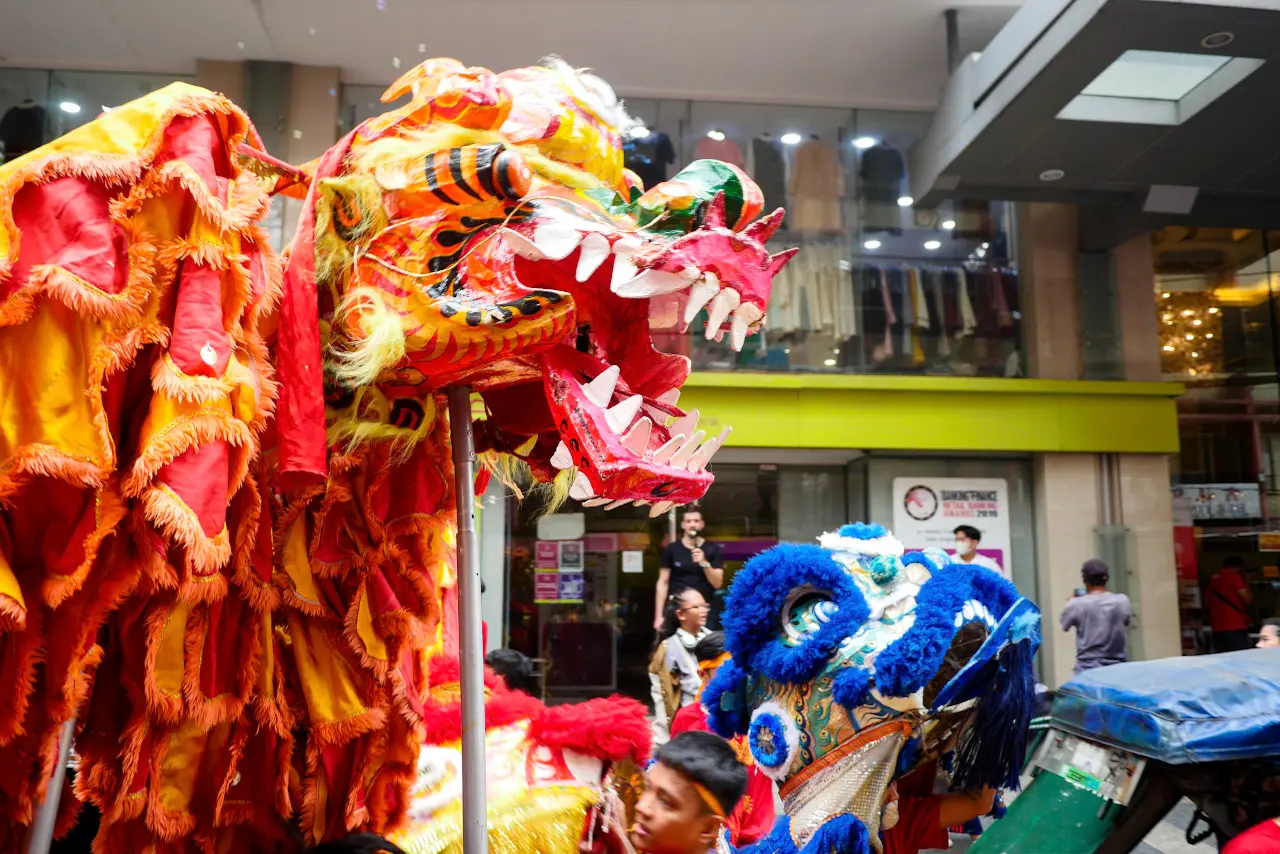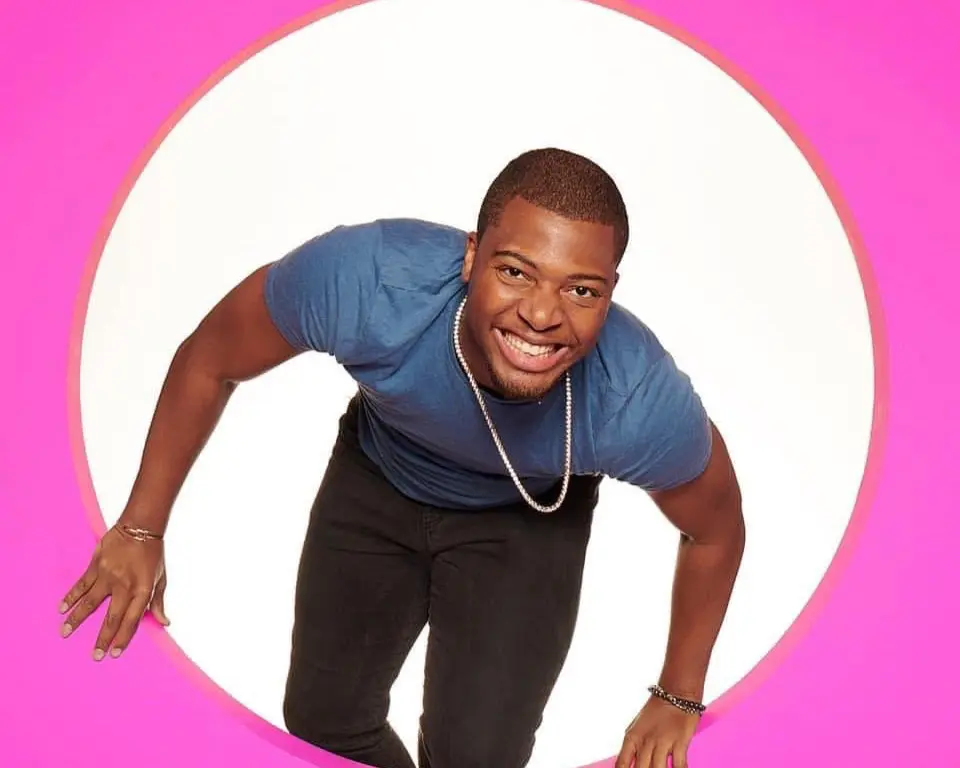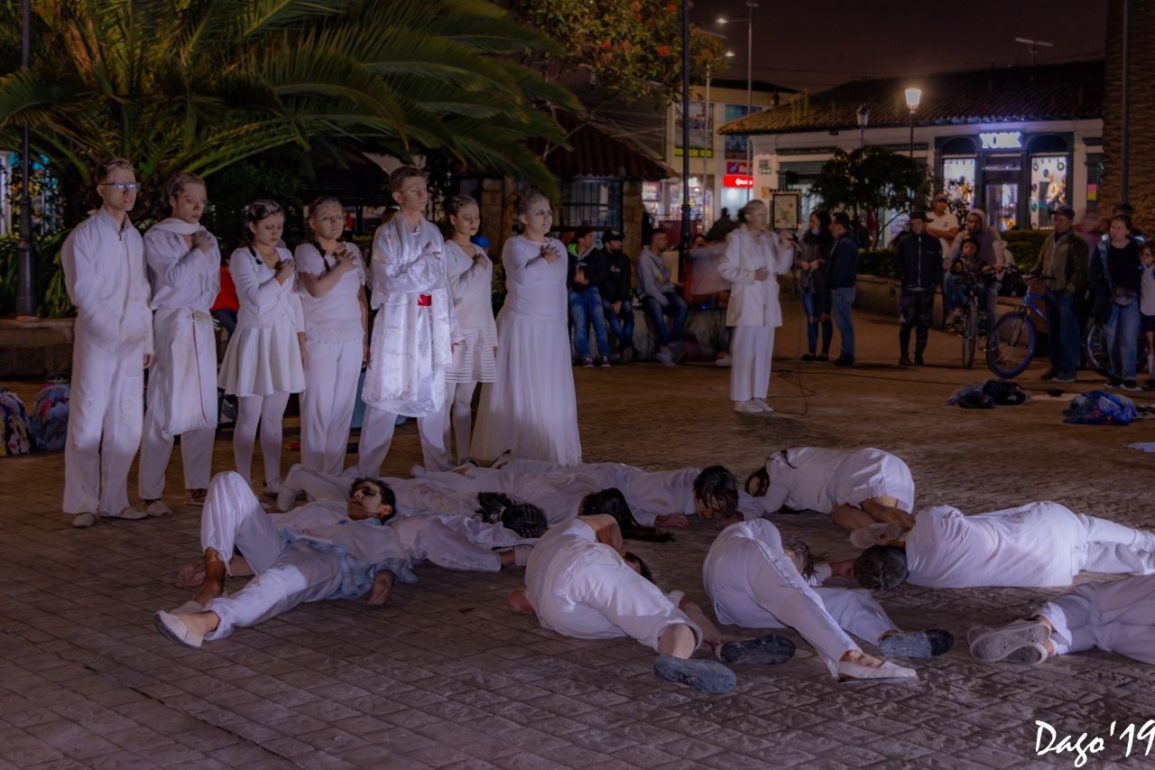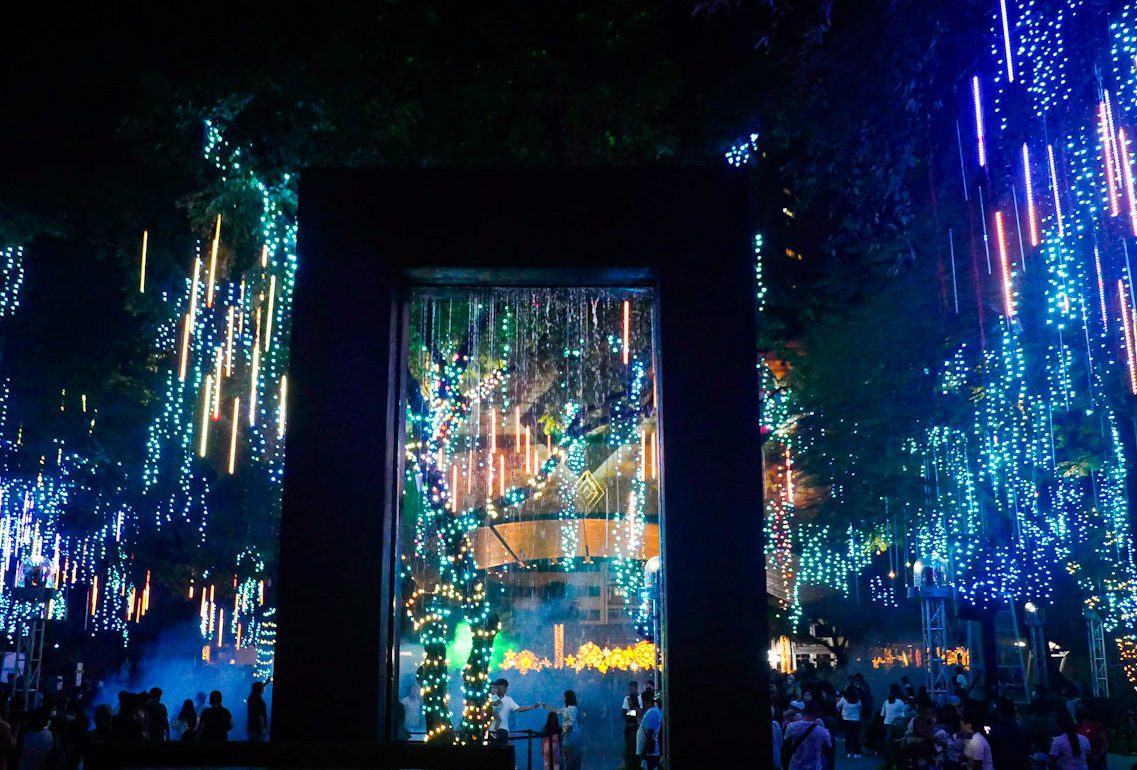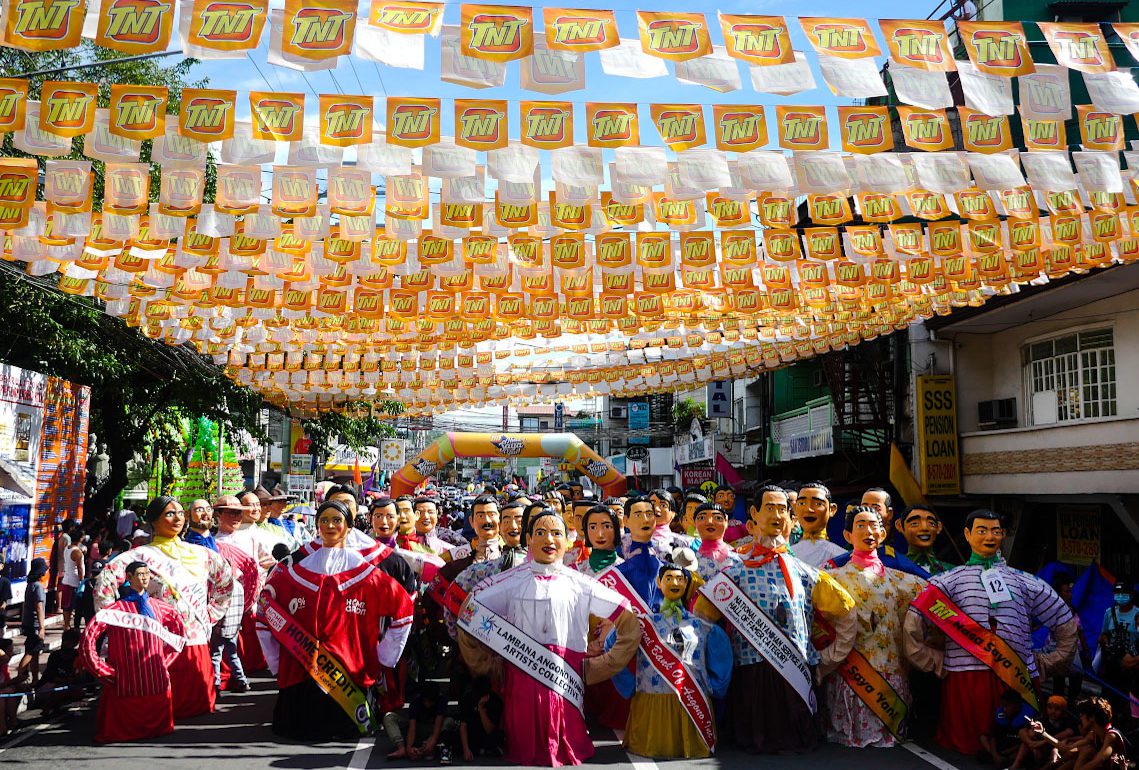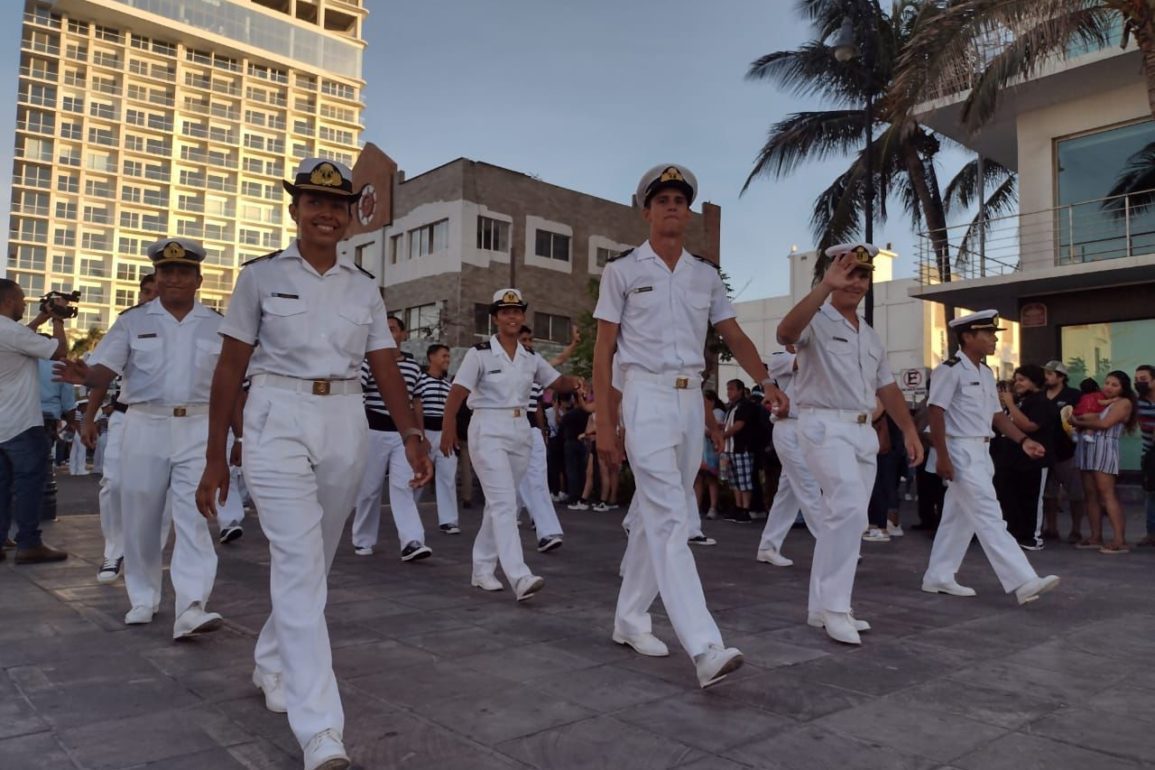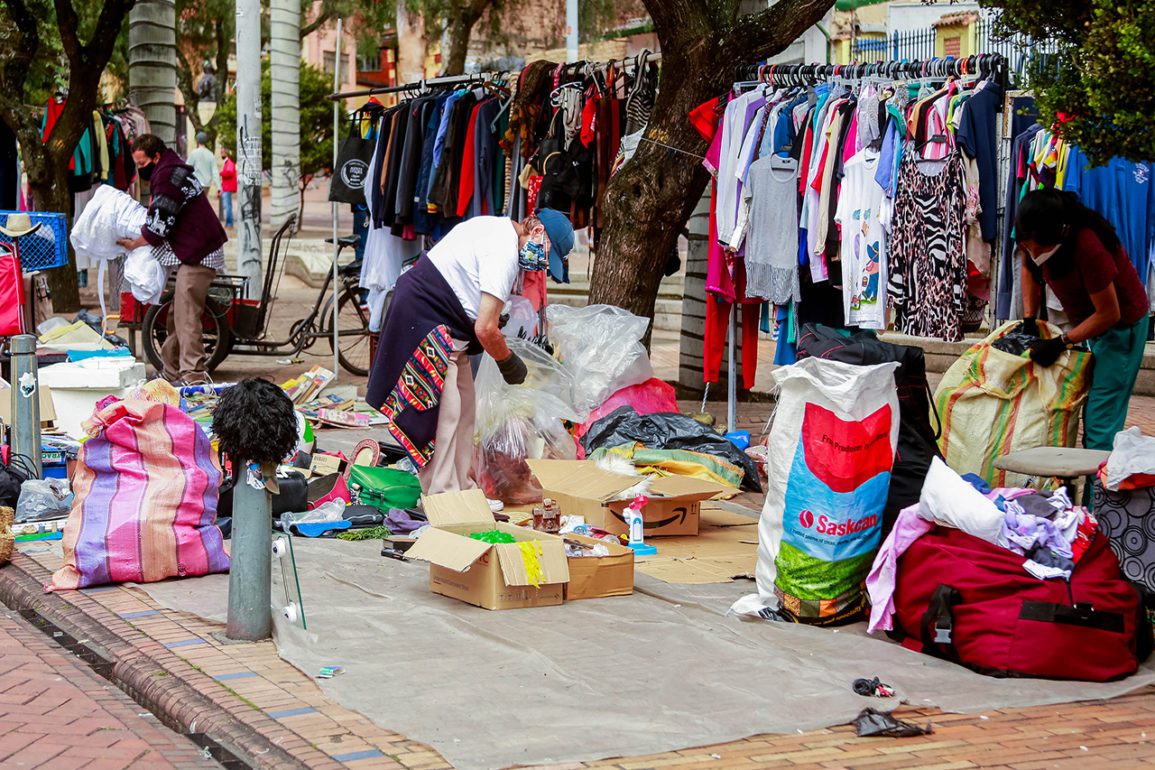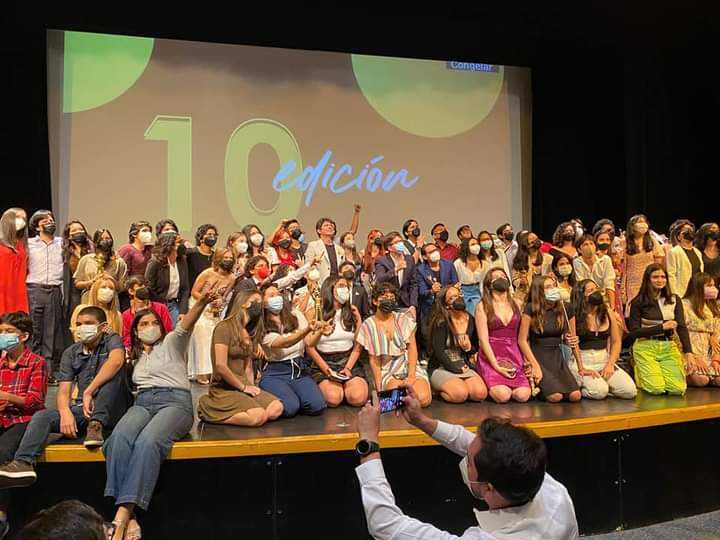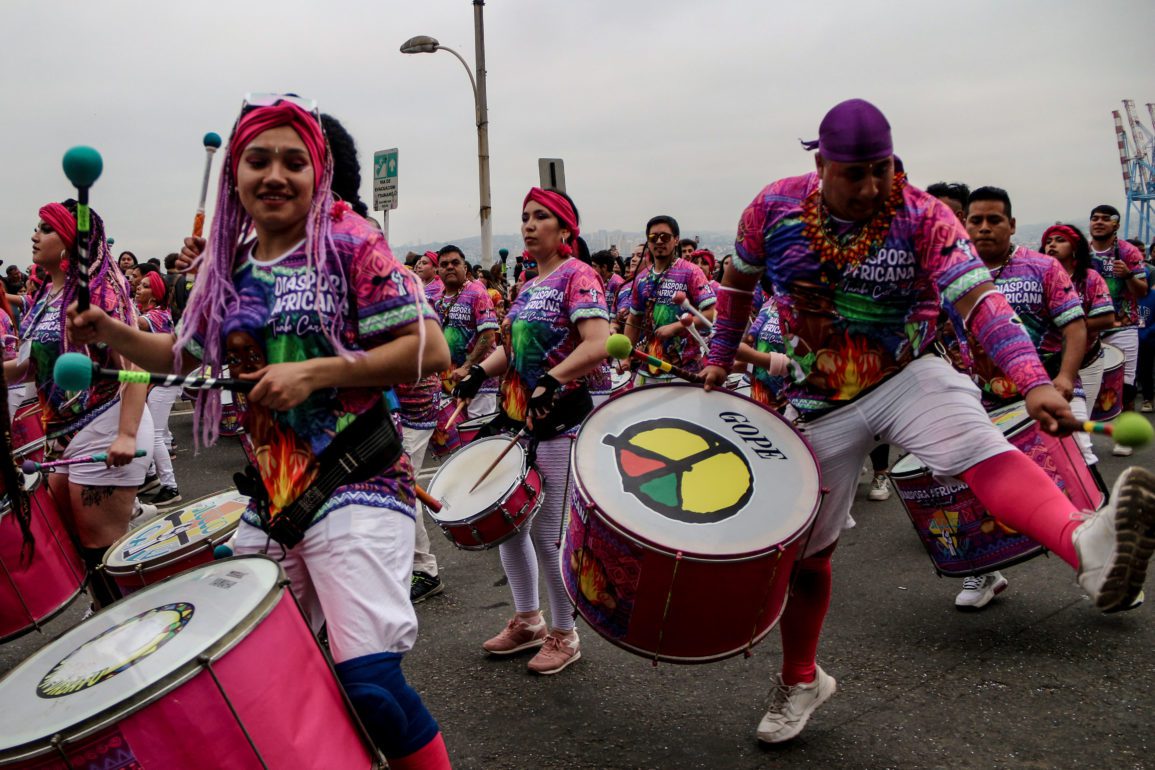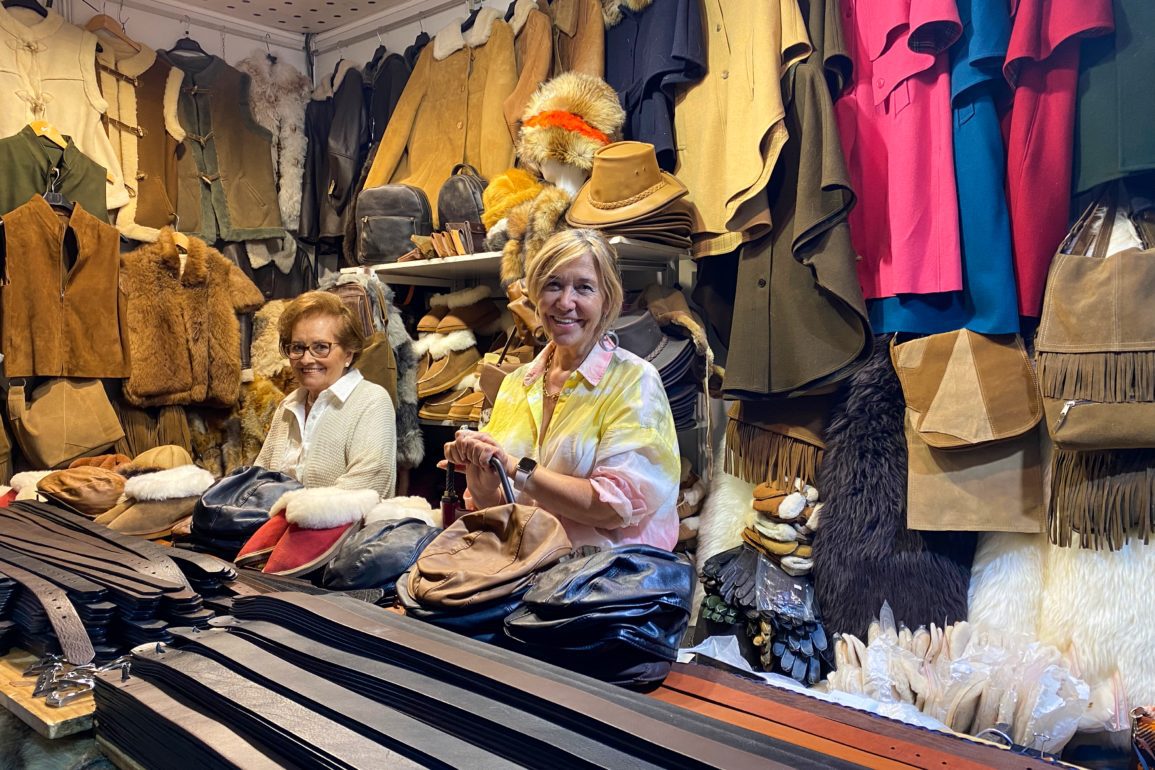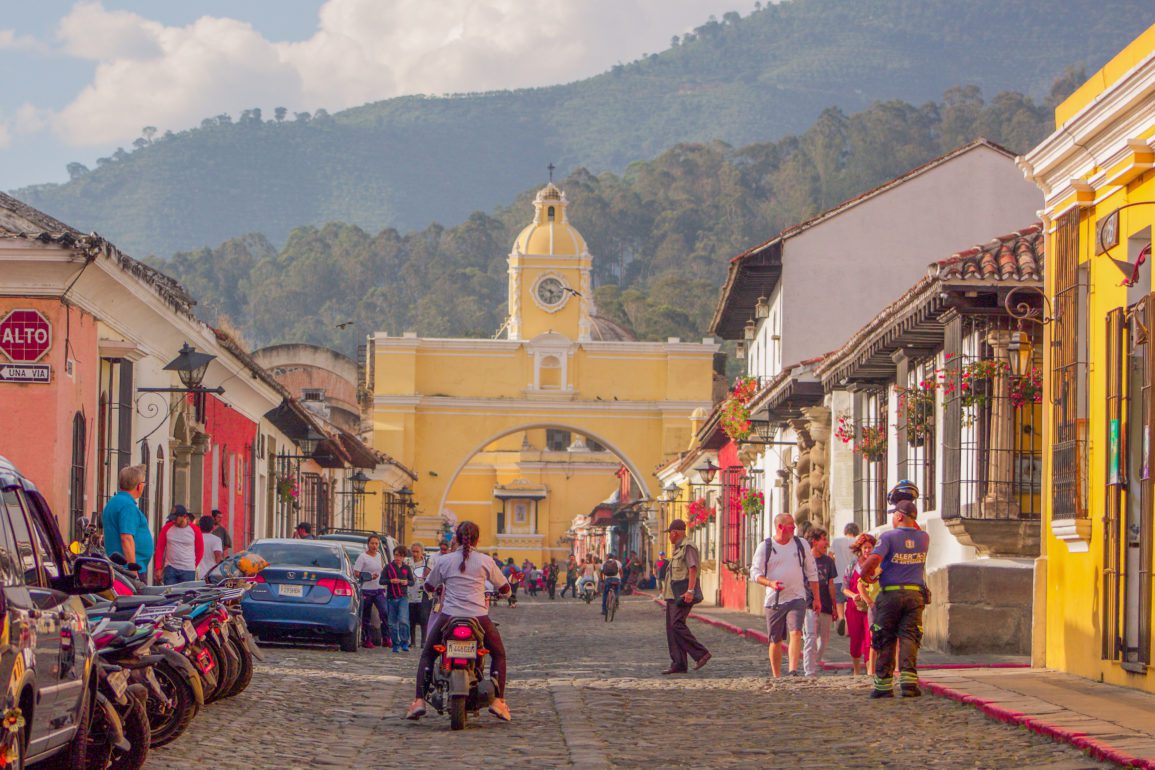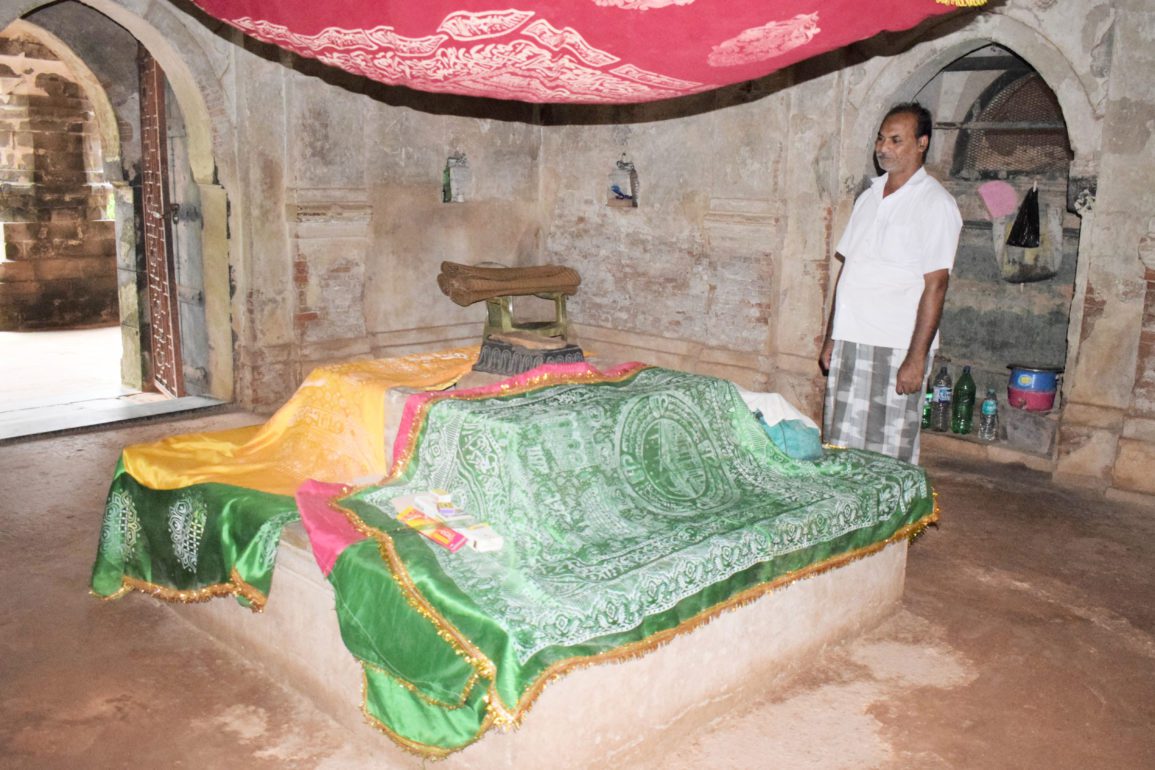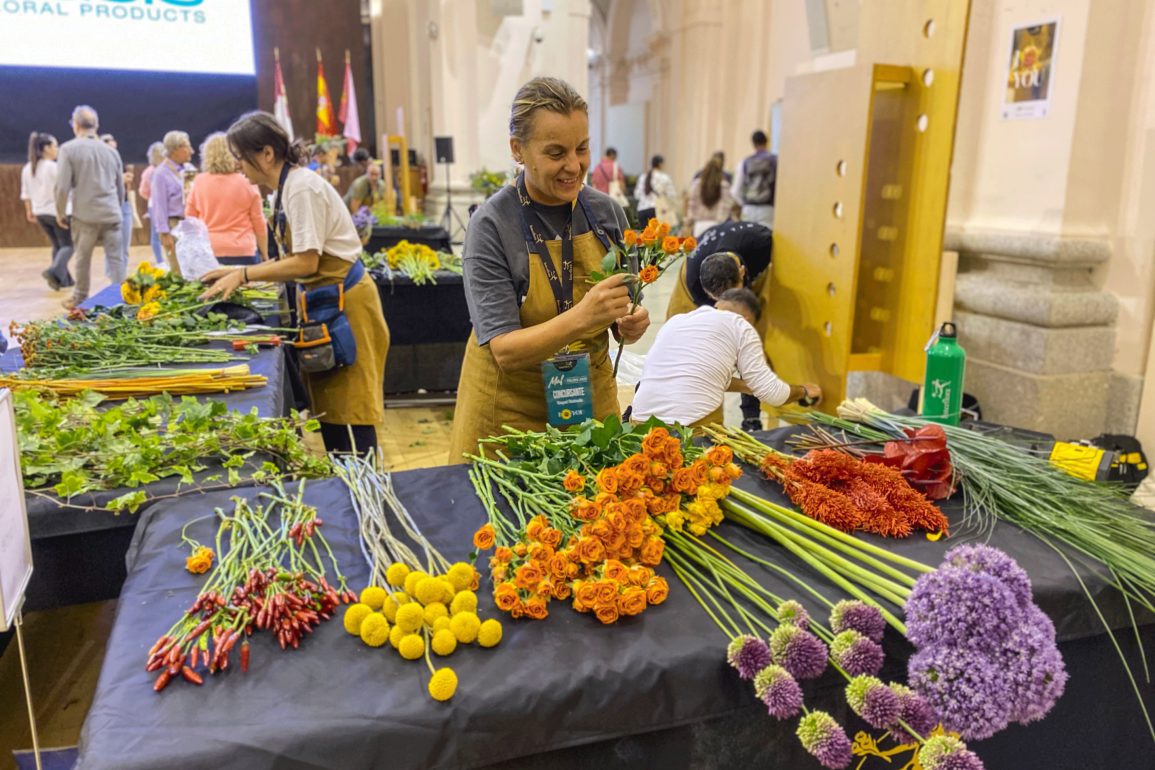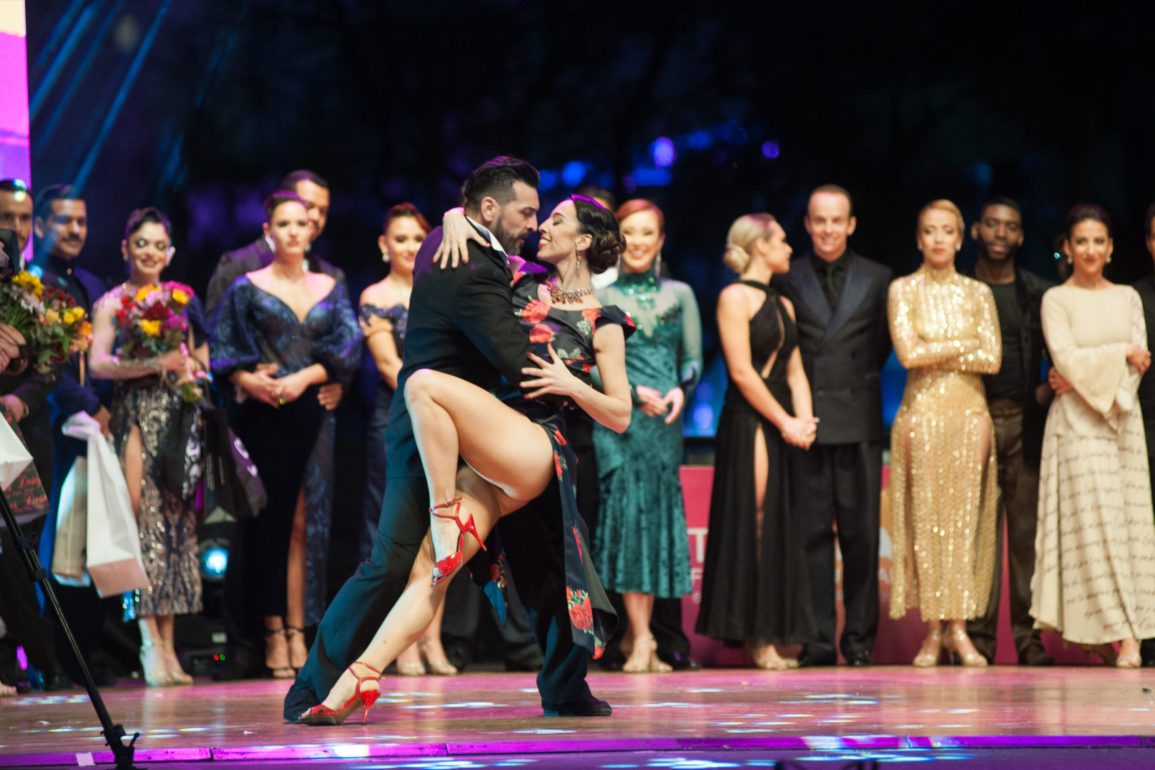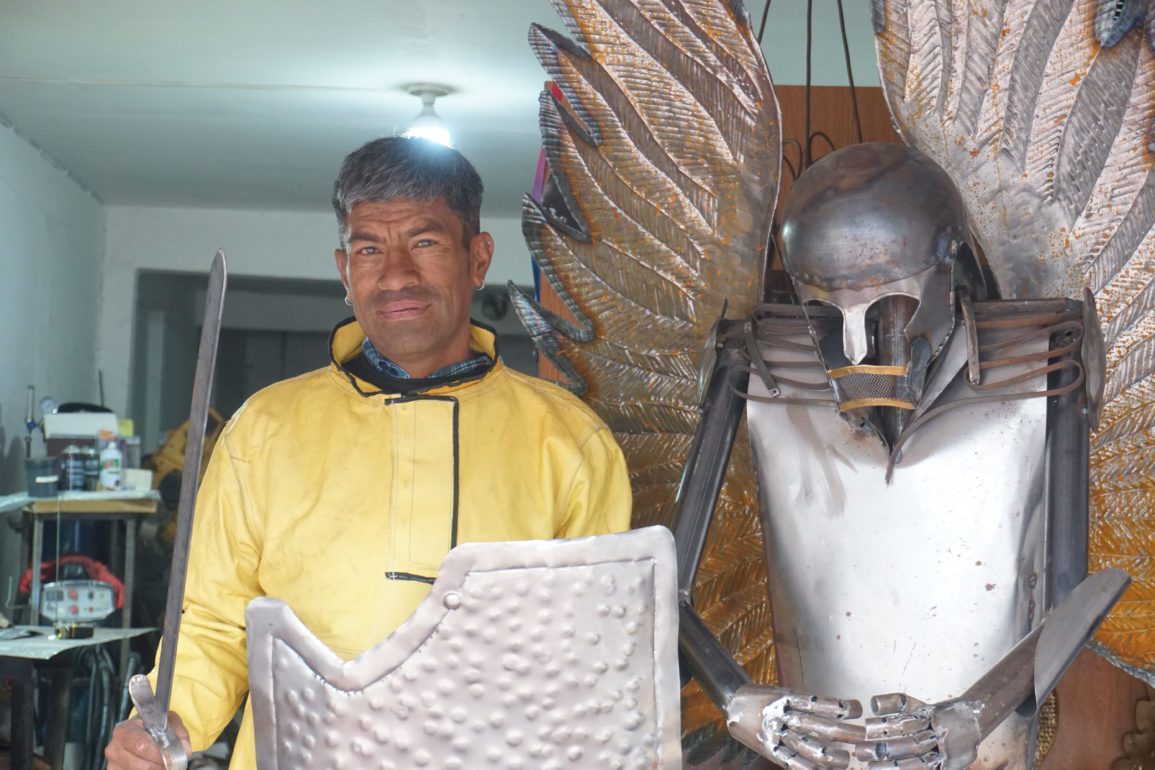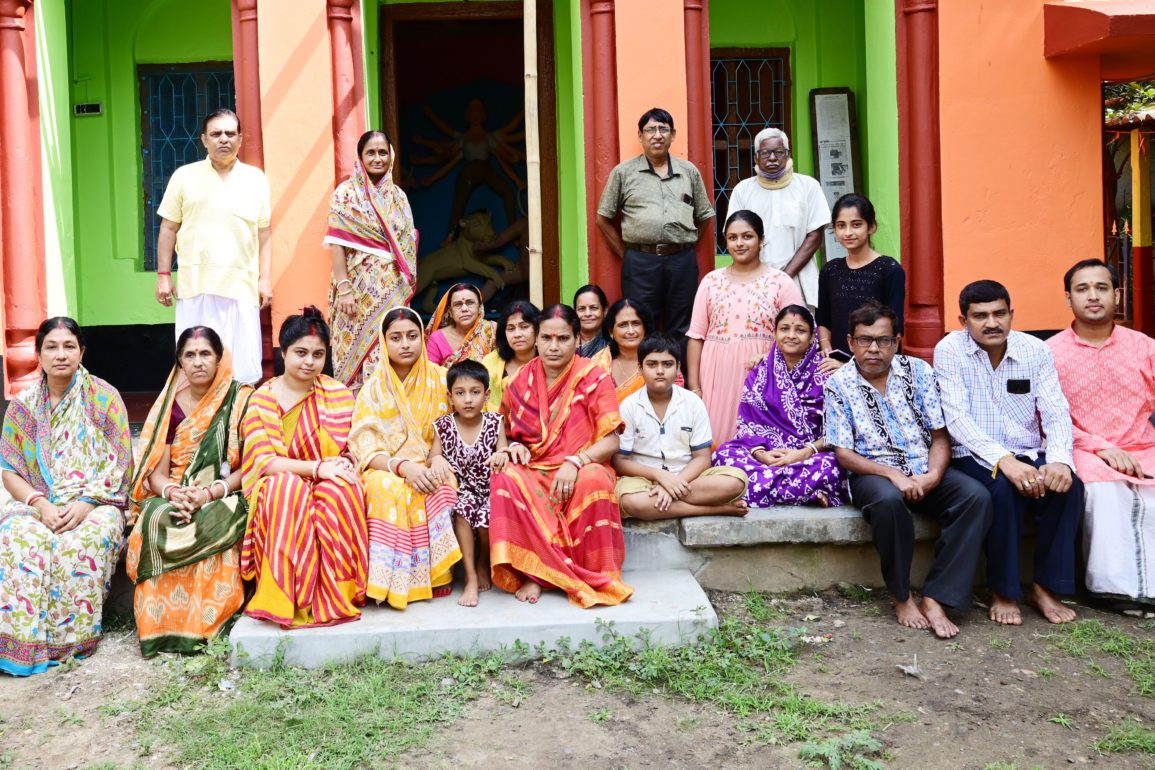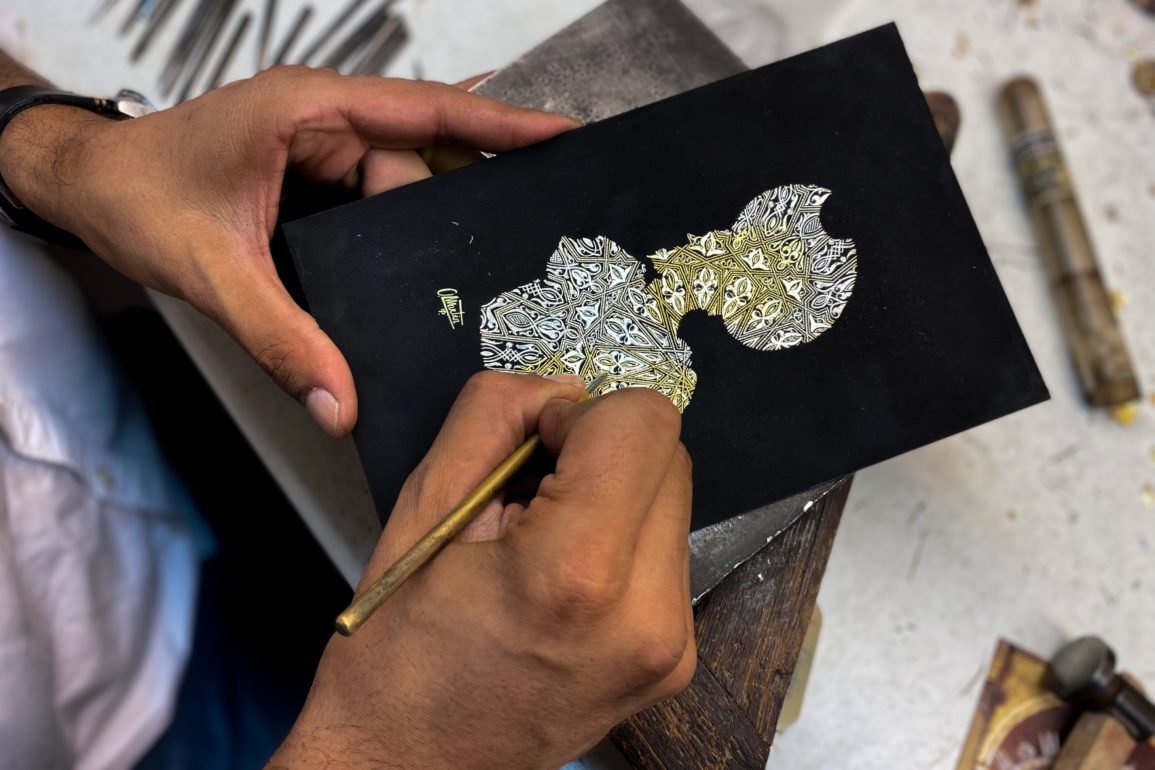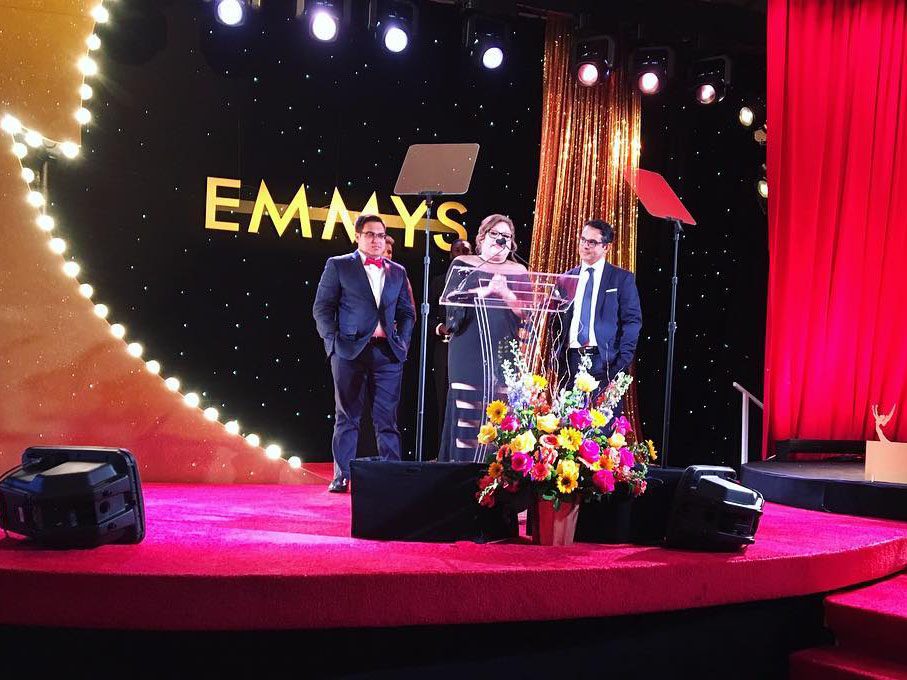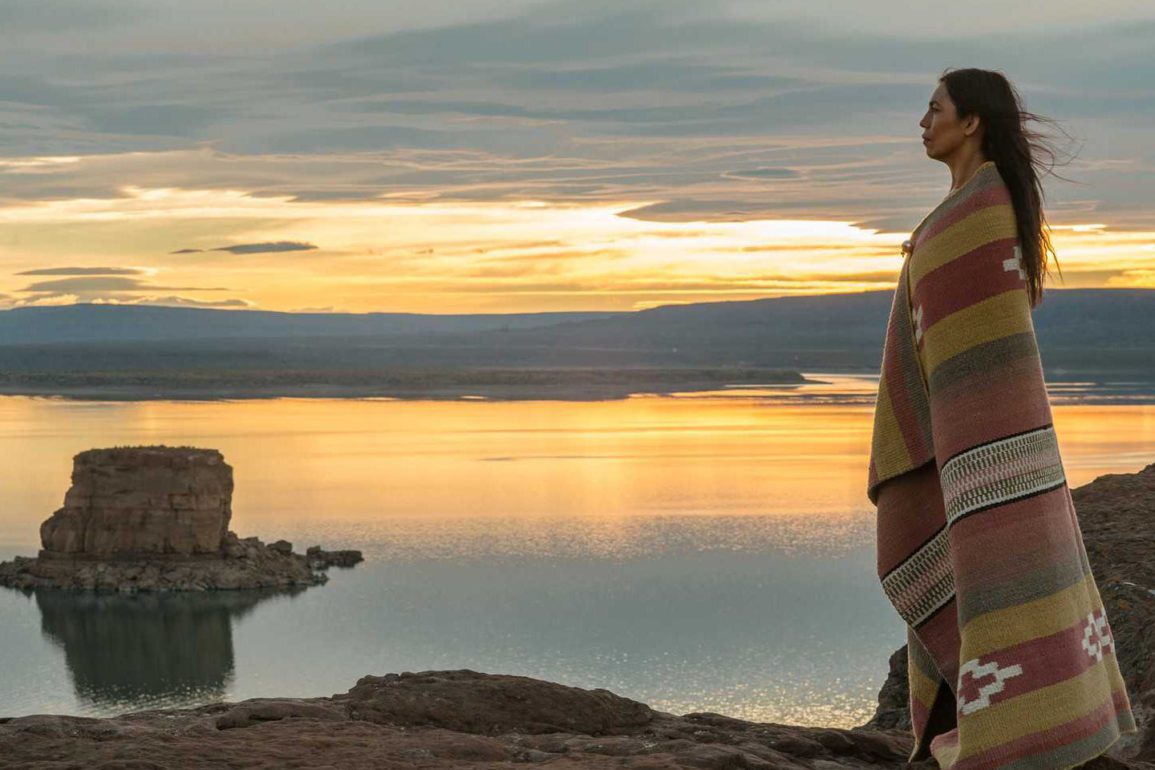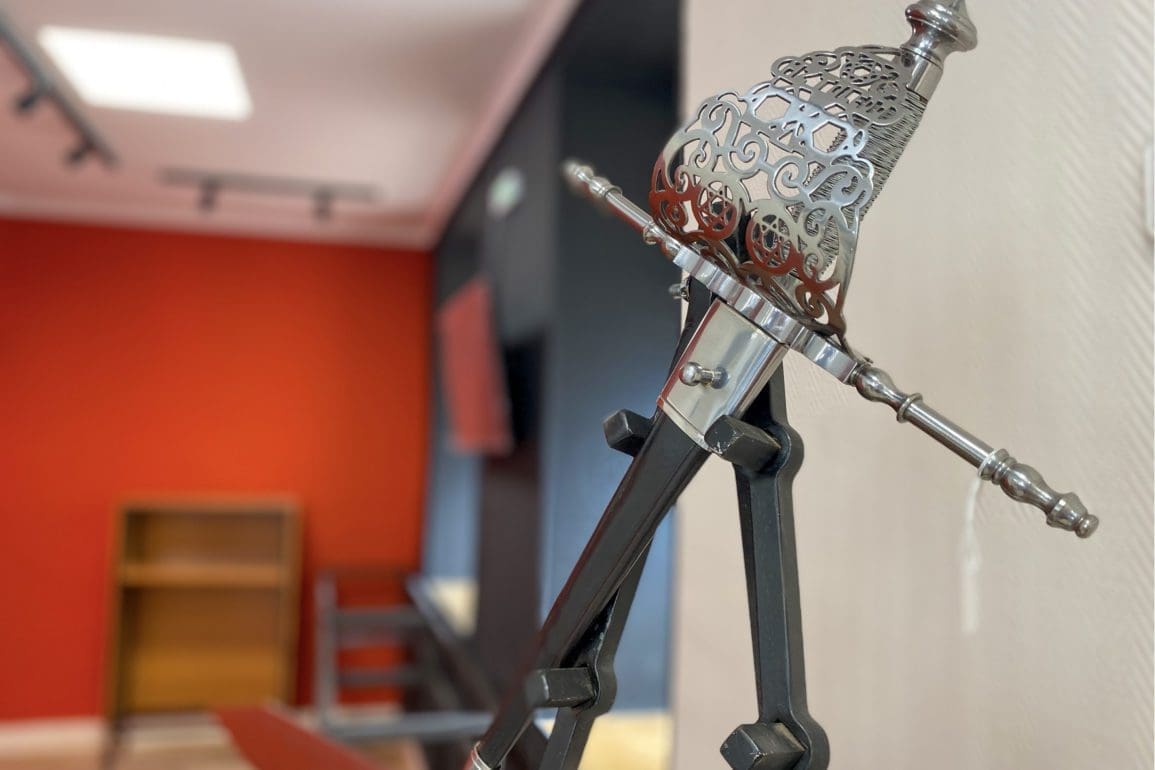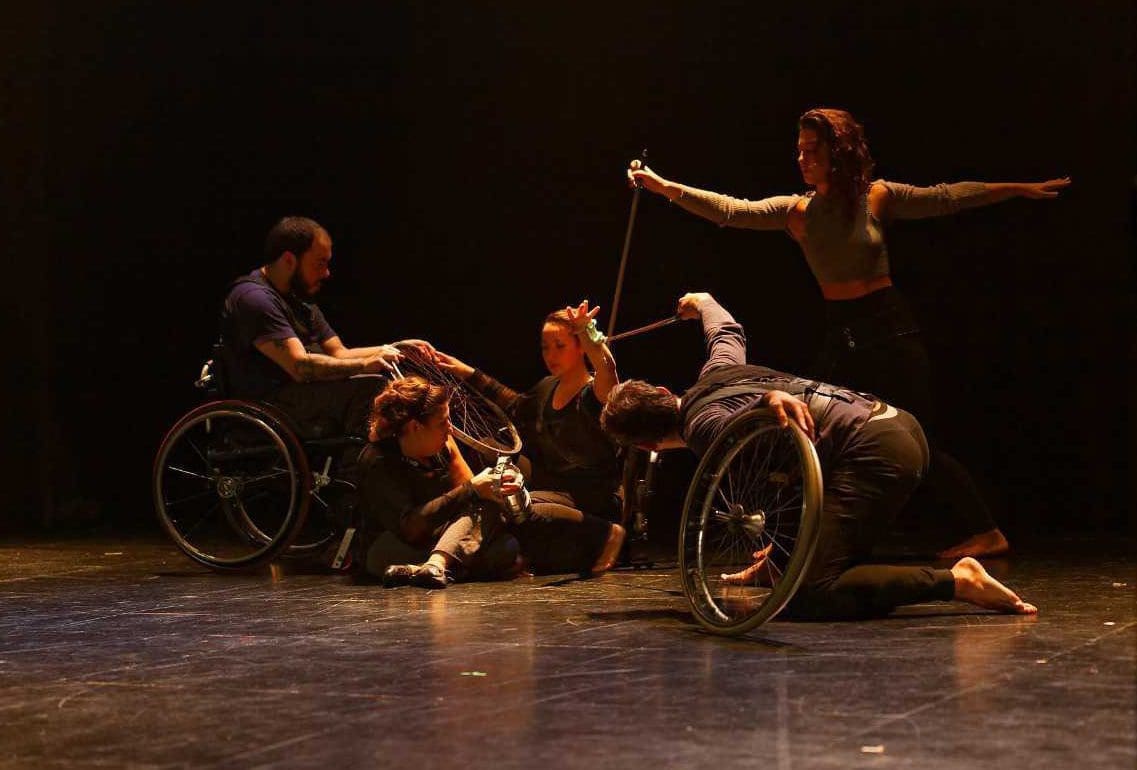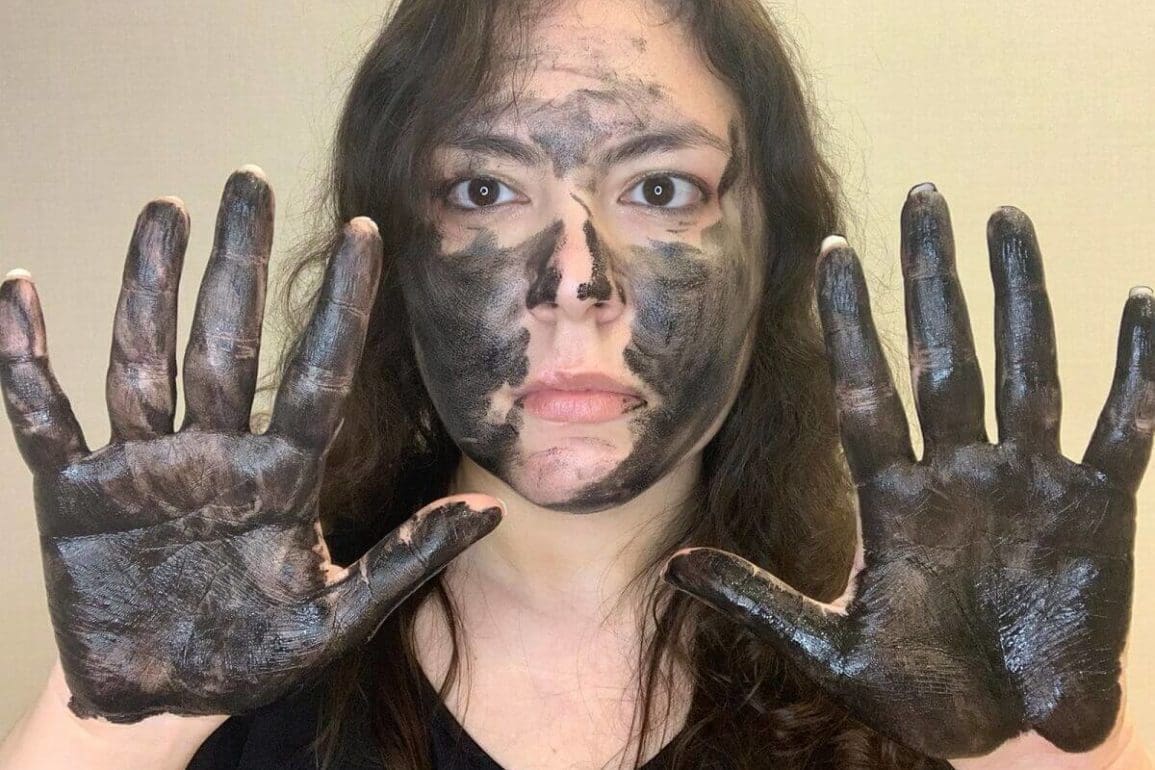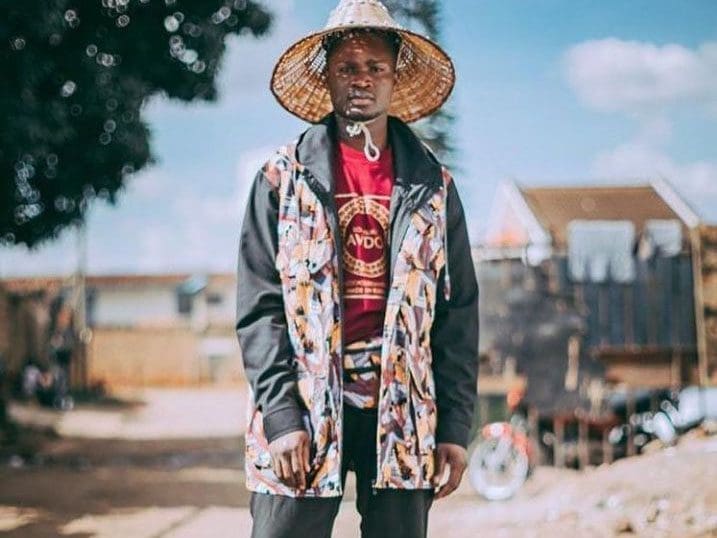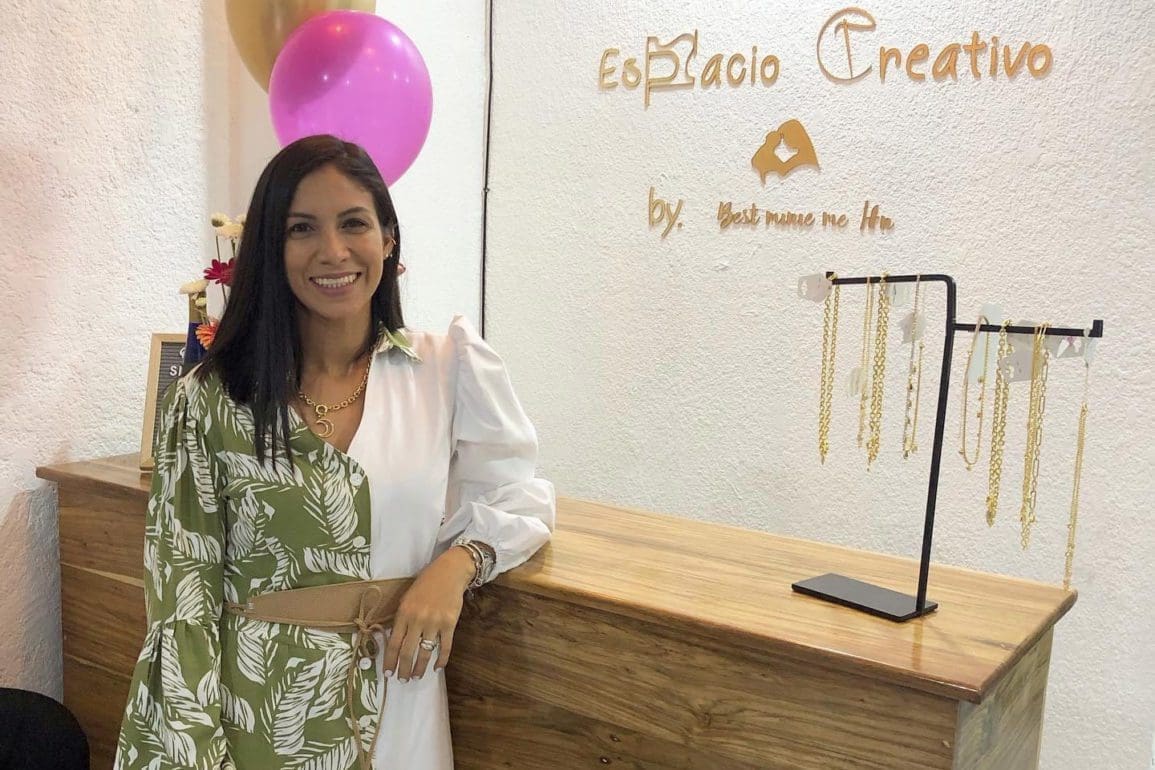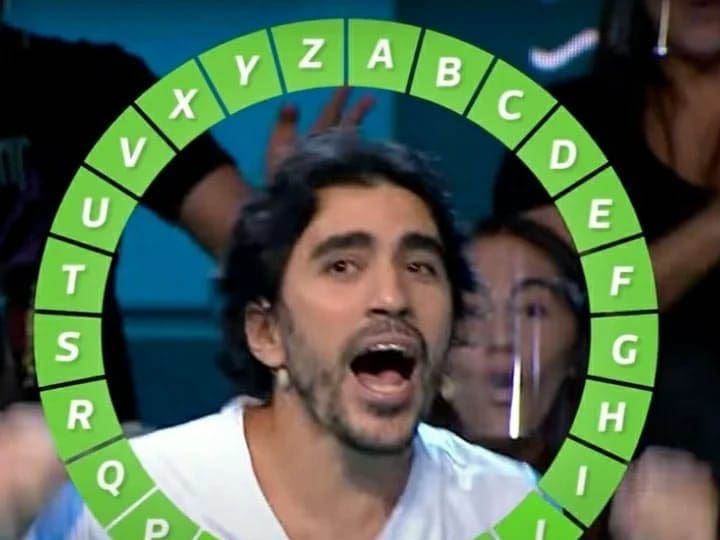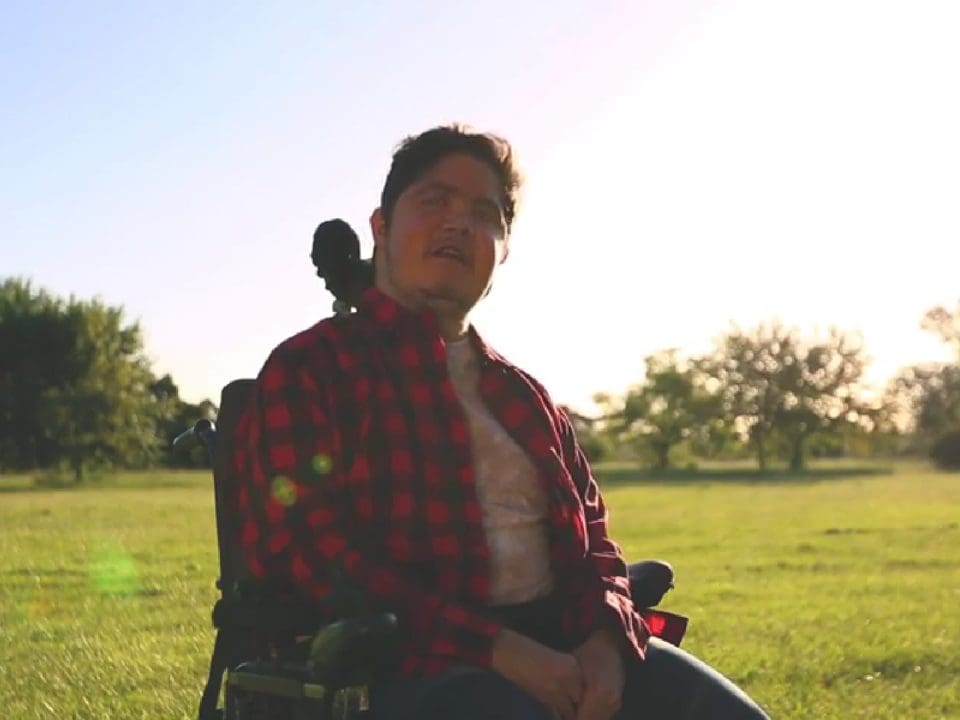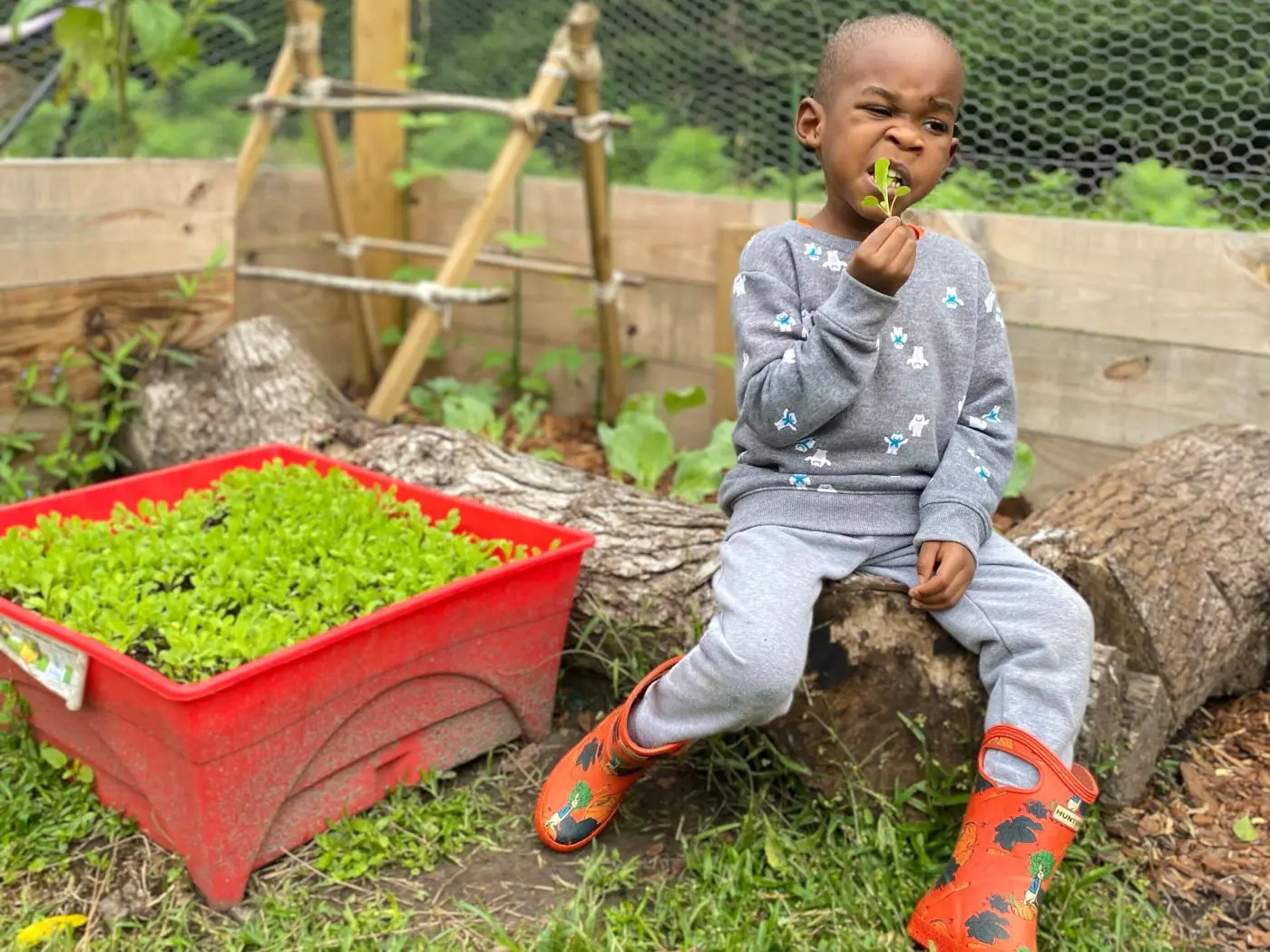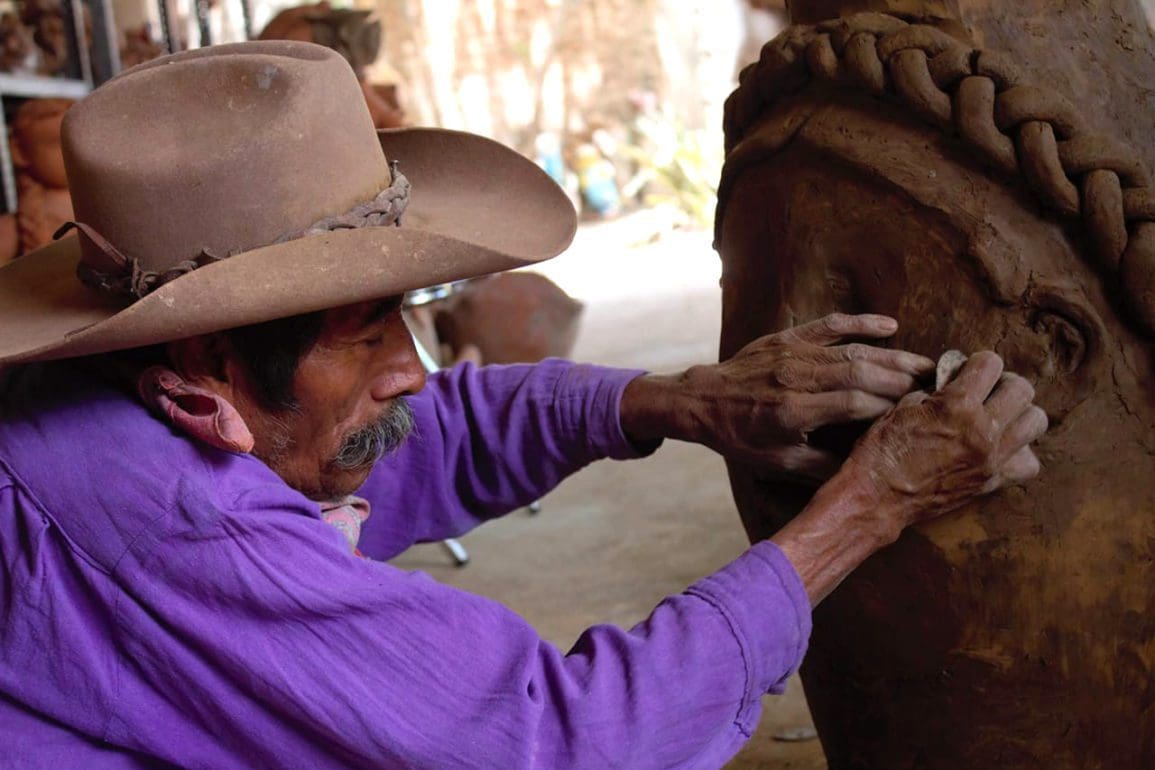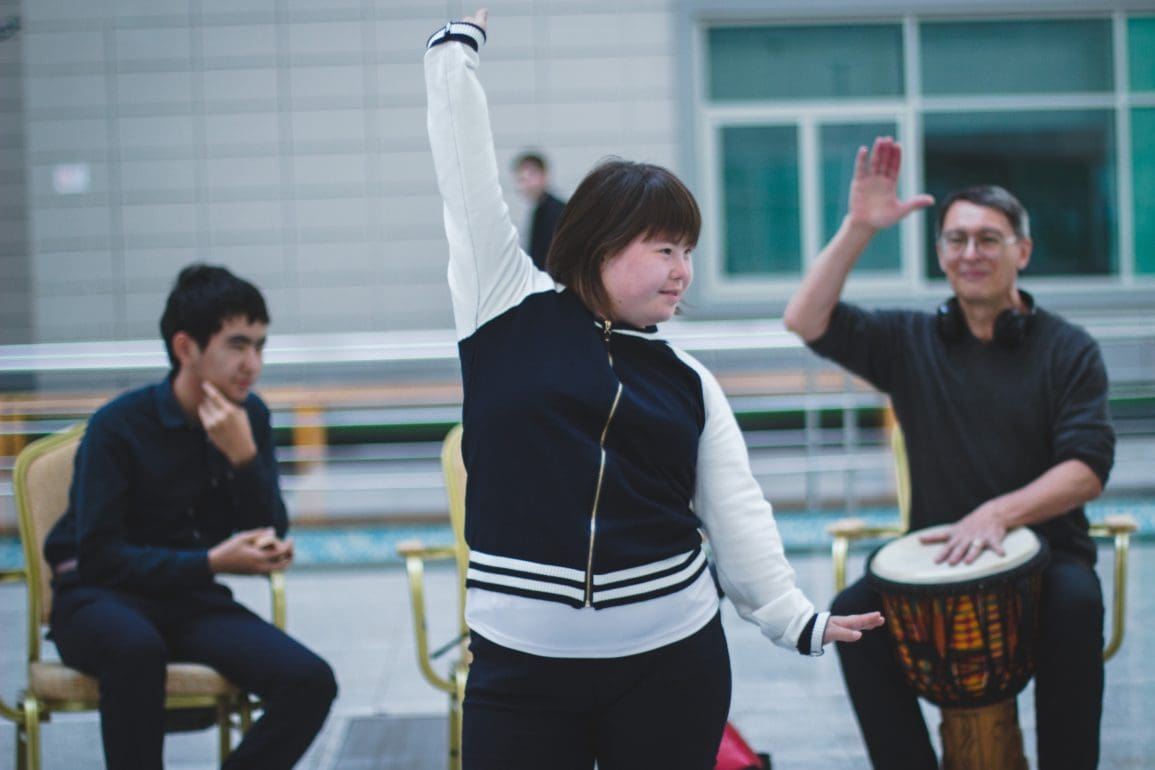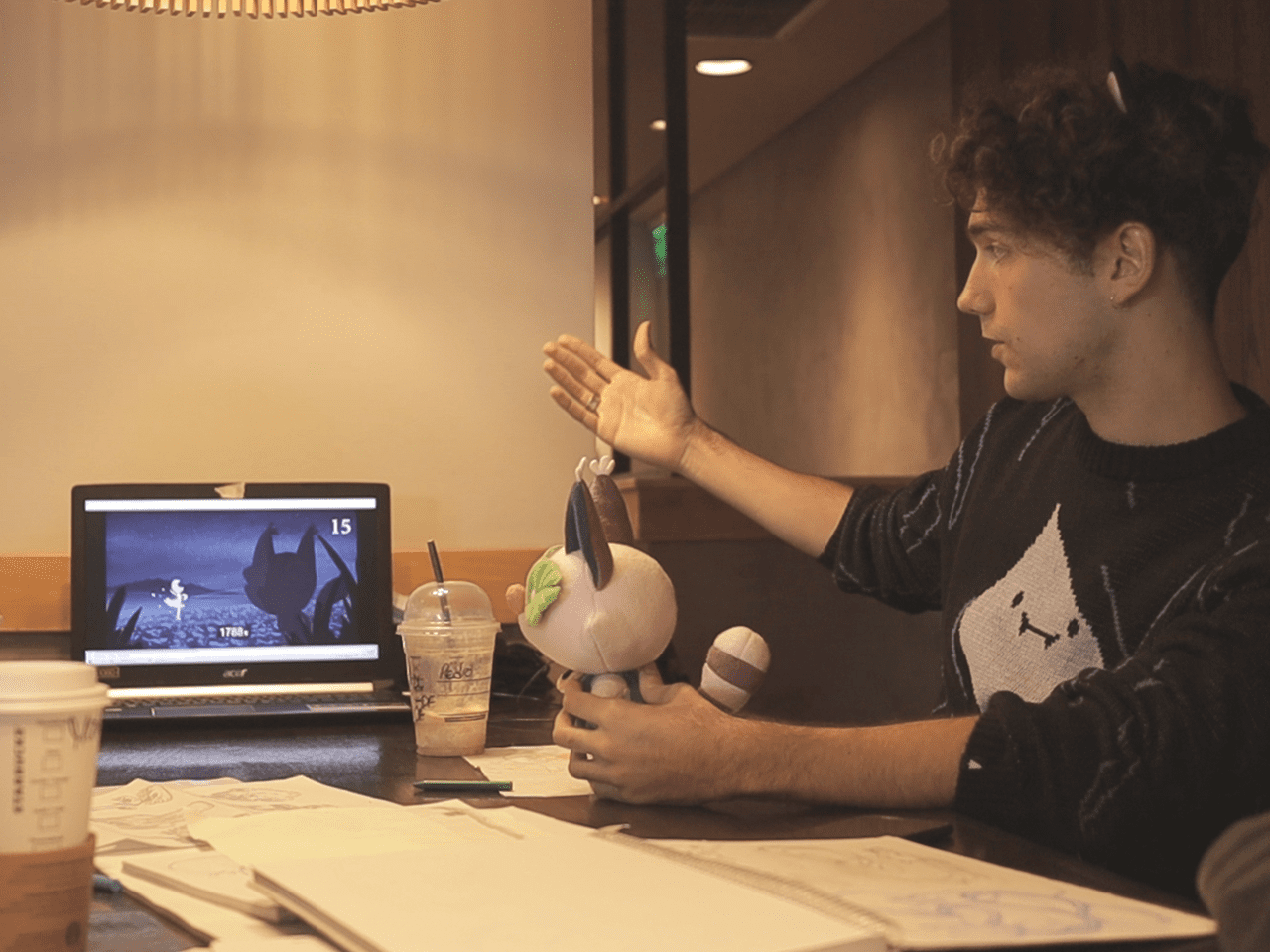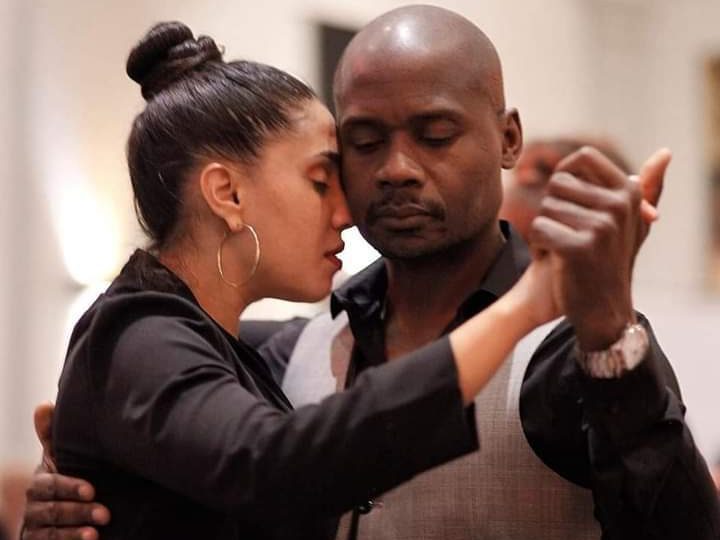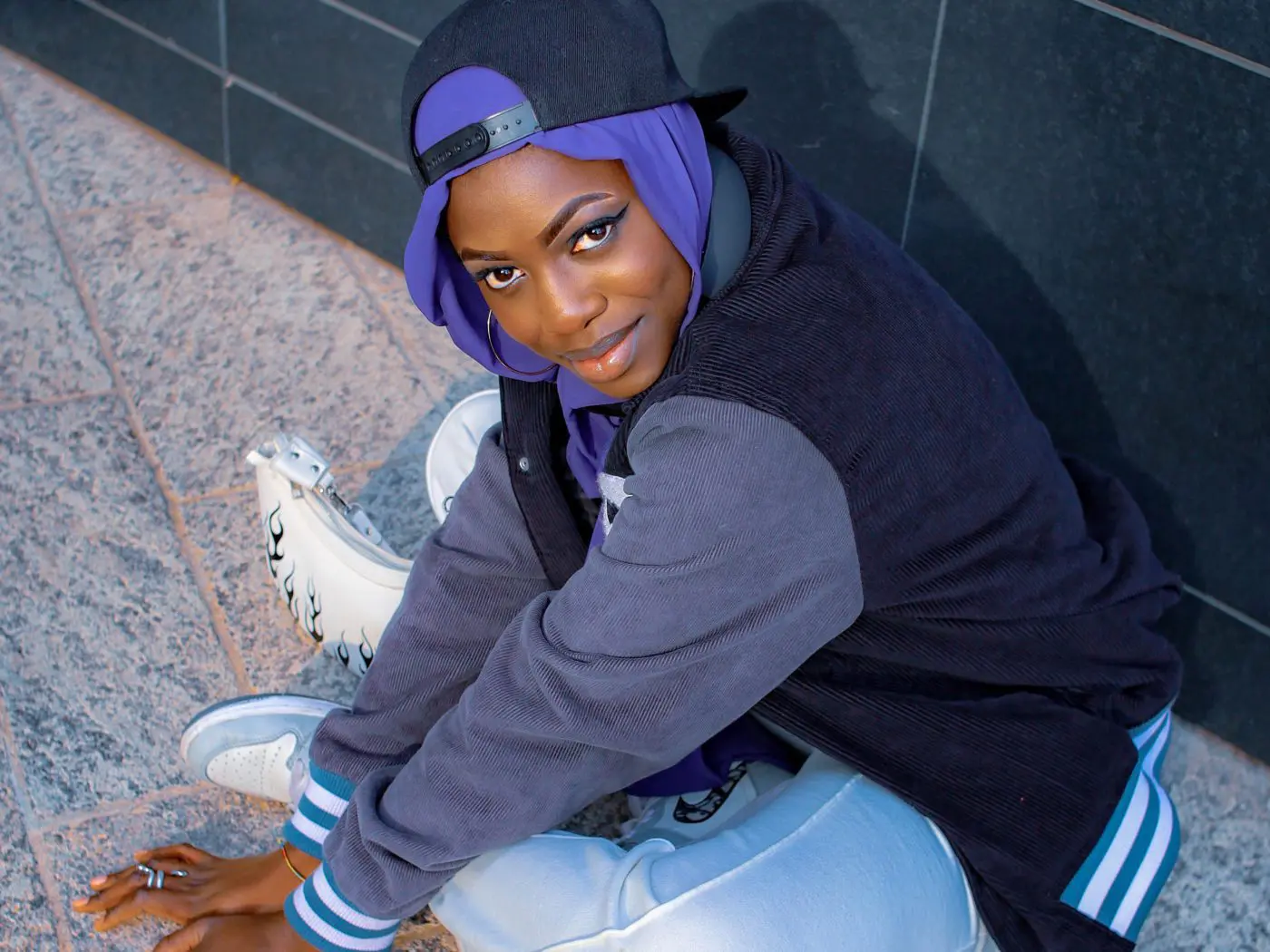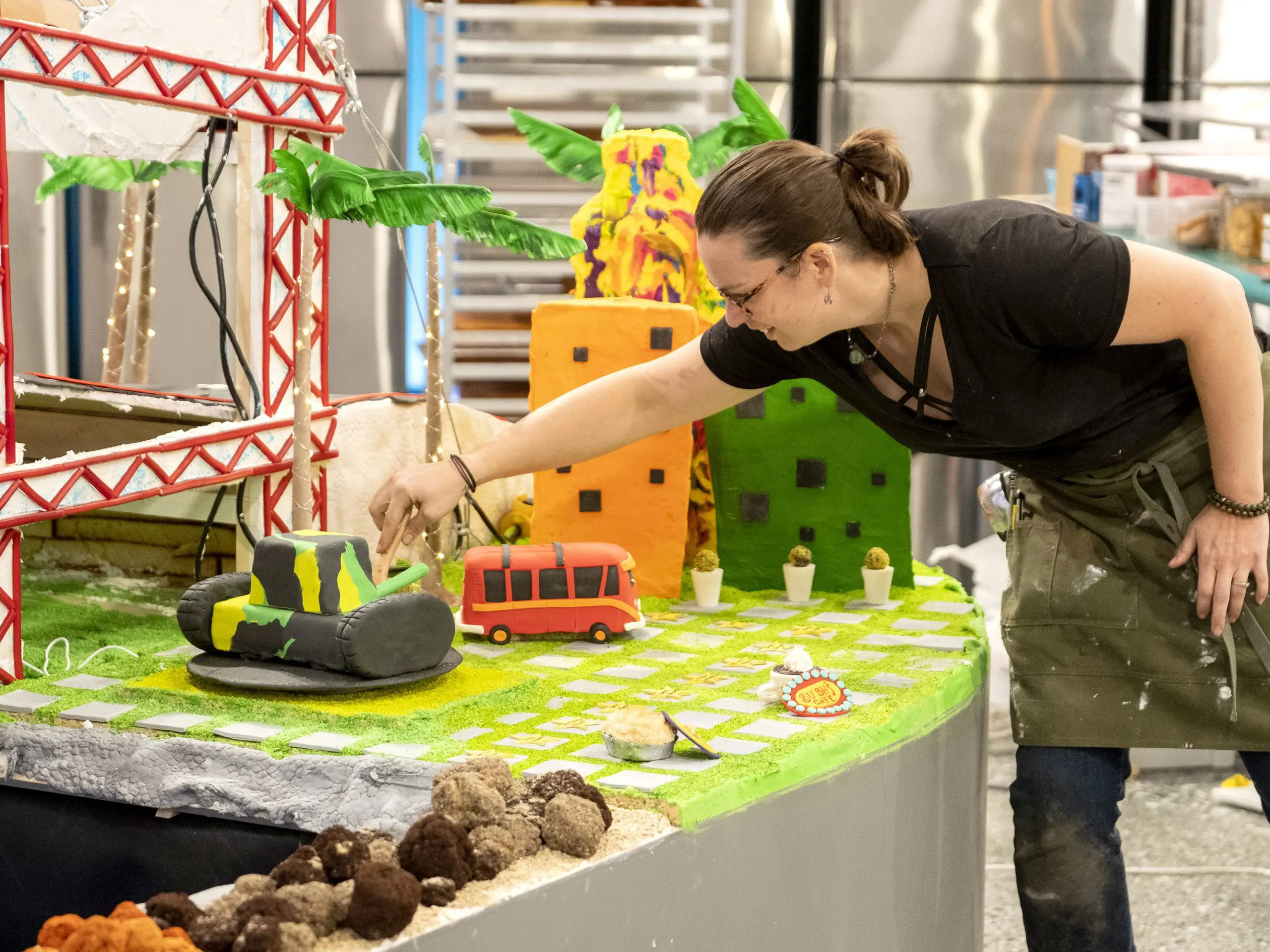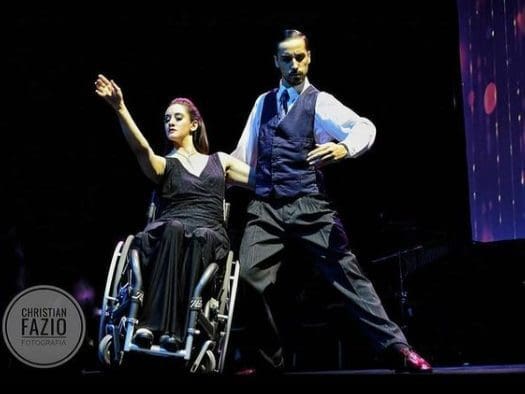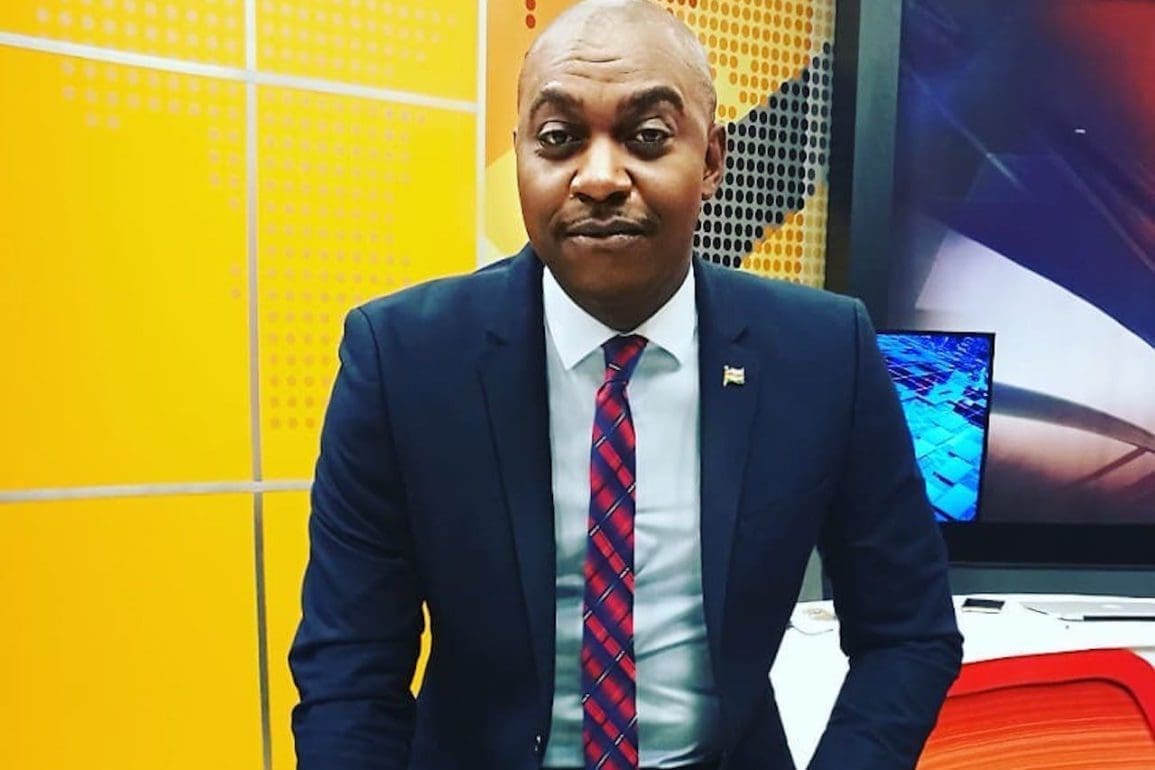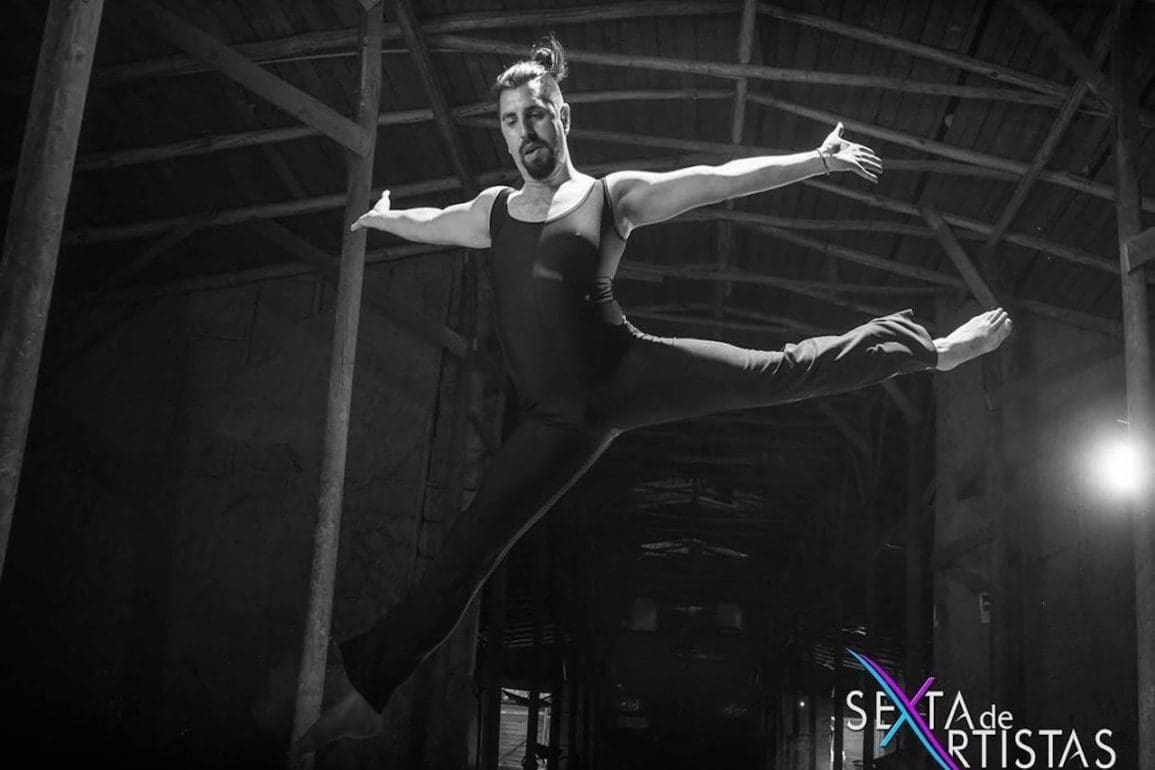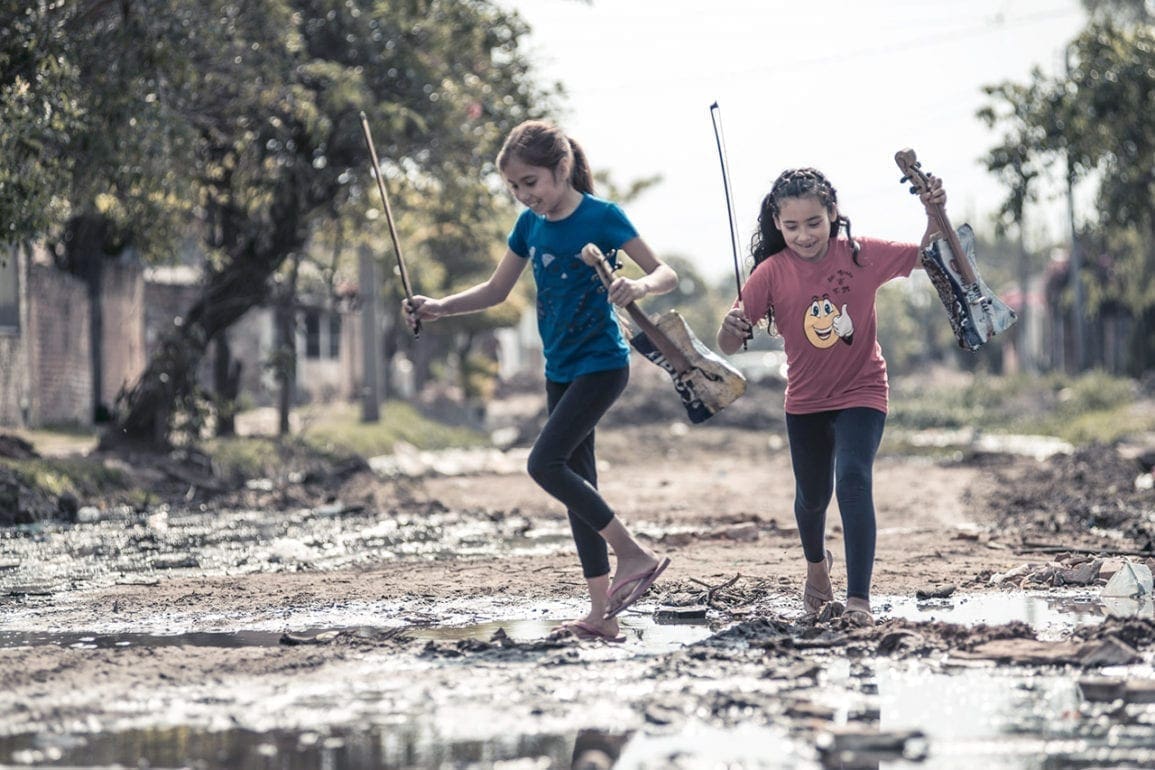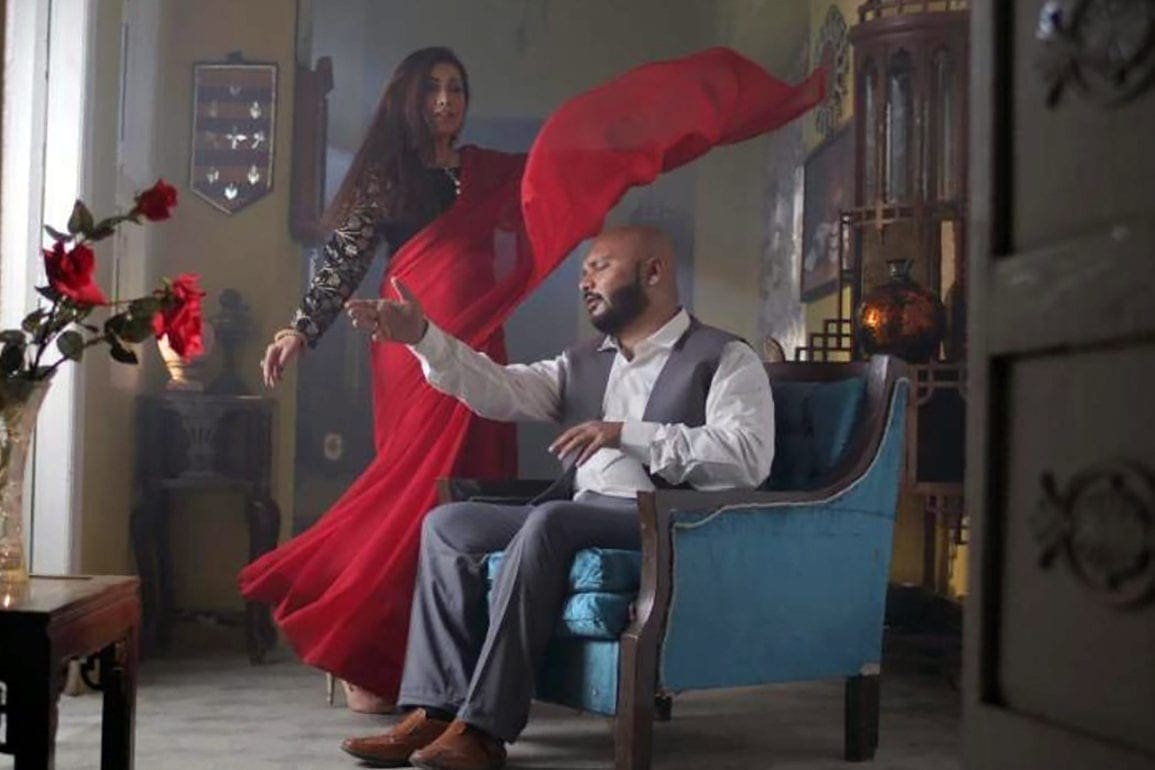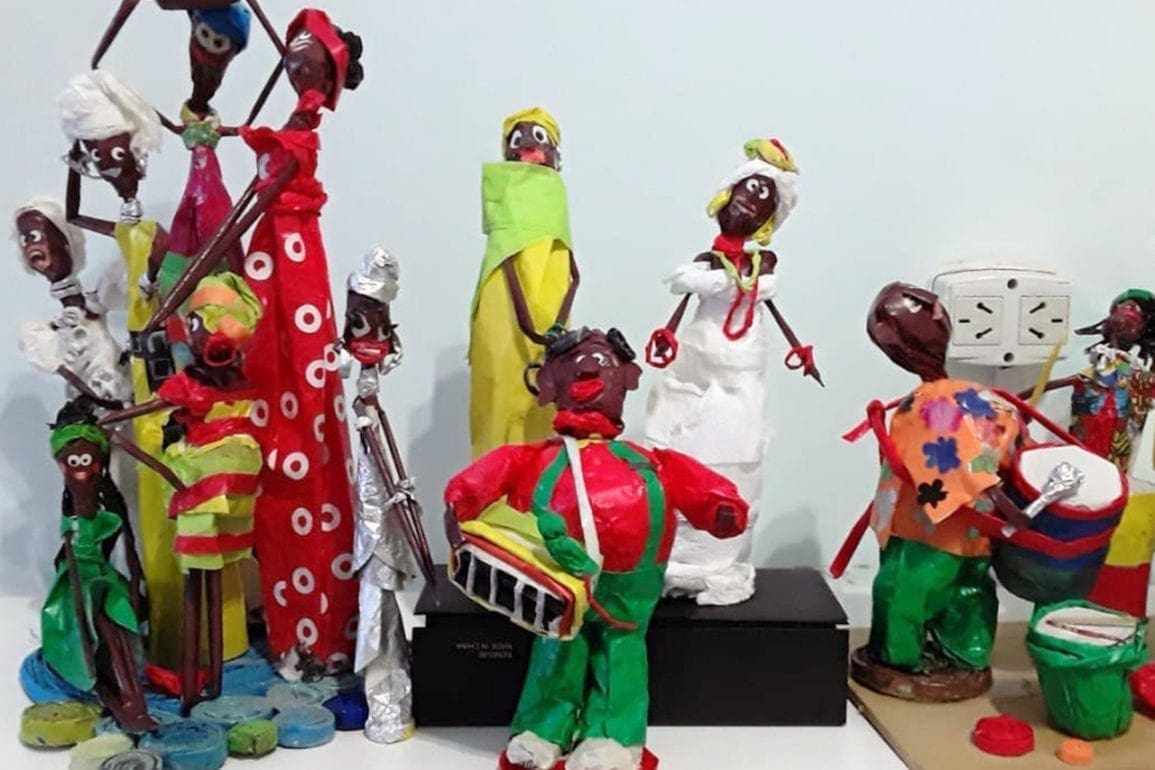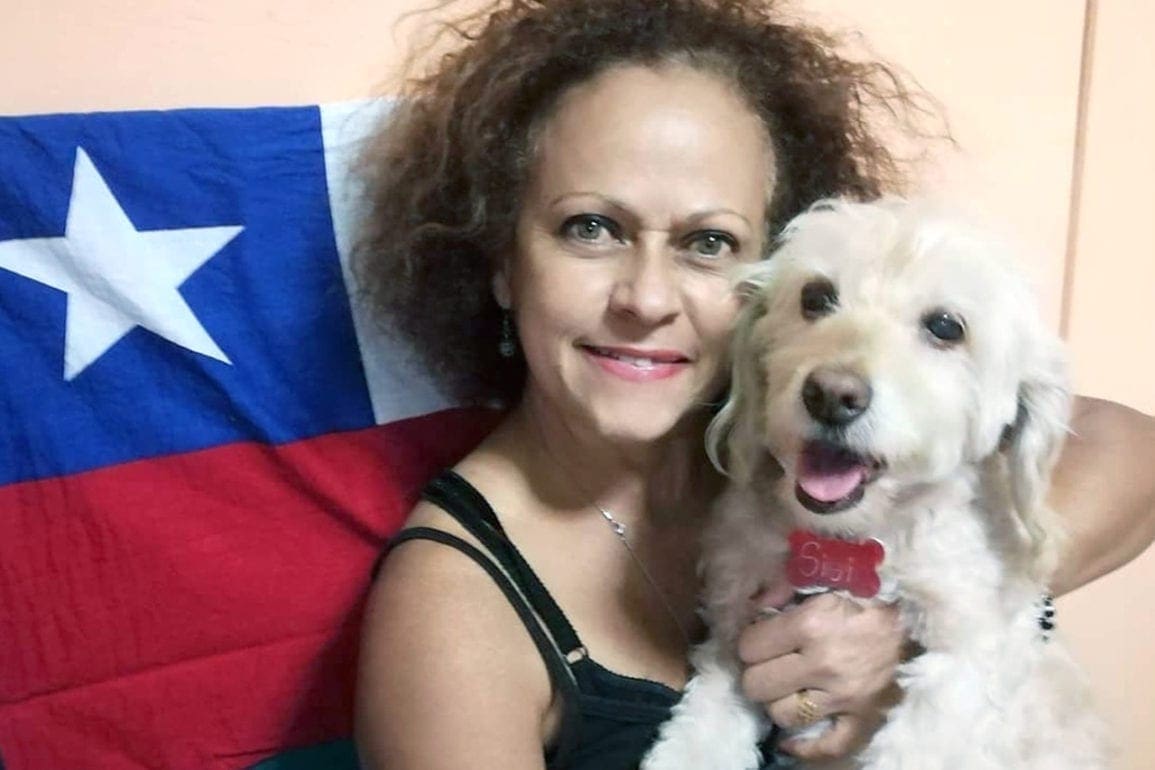Mexican indigenous musician plays ancestral music for Marvel movie Black Panther: Wakanda Forever
Agustín took in an indigenous kid from a remote community and immersed me in a magical world full of music. Looking back, I consider my blindness an accident for which I am deeply grateful. I cannot drive a car, but I can awaken emotions in people’s hearts through music. I can take a seashell, submerged under the sea for perhaps thousands of years, and make it vibrate.
- 3 years ago
December 19, 2022

MEXICO CITY, Mexico ꟷ I have created music for documentaries, Mexican films, and even the video game Tomb Raider, but recording for the Marvel movie Black Panther: Wakanda Forever became a truly magical moment.
Music serves as my path toward personal exploration. It allows me to embrace my disability and my origins. I grew up in the Otomi indigenous community in Mexico, on a remote ranch on the central Mexican plateau. After contracting measles at a year and a half old, I lost all sight in my left eye and some of the sight in my right eye. I became very ill.
When a musician visited our community and intervened, my life changed forever. At ten years old, I left my town to go live in Mexico City and began to experience music. In those moments, my adventures with sound began. Today, I am recognized around the world.
Mexican musician and Swedish composer lay the soundtrack for Wakanda Forever
One day I received a call from Mexican musician and producer Camilo Lara. He needed to record a soundtrack for a movie and asked for a sample of my work. I had no idea what movie it would be. I sent several samples, which Camilo found interesting, so he invited my participation.
As the COVID-19 Pandemic raged on, we adhered to strict protocol – undergoing testing just to sign the contract. Many times, I asked Camilo, “What movie is this for,” but he would not tell me. Between that and canceling several recording sessions, I began losing my trust in the project. I worried it might be a scam.
Just as the doubts began to grow, the producer told me everything. I would be contributing to the musical soundtrack for the Marvel movie Black Panther: Wakanda Forever. On the first day of recording, I arrived at the studio and set up my instruments. I primarily use ancient instruments from Mexico.
As I set up my equipment, Ludwig Göransson arrived. [Göransson, a Swedish composer, wrote the music for Black Panther, the Creed films, Venom, and many others.] He asked which instrument I connected with the most and I answered, “All of them,” but I choose the ocarina. A wind instrument made from seashells dating back to ancient Mayan and Aztec civilizations, I have performed entire symphonies with it.
As I started to play, Ludwig sat down at his keyboard at the other end of the studio. His improvisation surprised me. As he played, little by little, he turned my sounds into chords on his keyboard. As we experimented, the music escalated, and I lost myself. Tears began to well in my eyes as the ancestral instrument connected me with my most intimate self, with my ancestors, and the earth. I felt exhilarated and mesmerized.
Adopted by a musician in Mexico City, young indigenous boy finds his passion in music
In the first years of my life, I contracted measles and became visually impaired. Living in a remote indigenous community in Mexico, the consequences of my disease caused my health to deteriorate. One day in 1980, when I was ten years old, a musician named Agustín Pimentel came to our community to investigate local music. Without his arrival, I may not be alive.
Read more Arts & Culture stories from Orato Wold Media.
Agustín belonged to a musical group called Grupo Tribu and took on a project to document the language, music, dance, and art of the indigenous community. My dad served as his guide, taking him to meet local historians and musicians. I will never forget his words when he arrived at my home that day and saw the state of my health. “You need urgent care, or you will go blind,” he said. That day, Augustín offered to take me to his home in Mexico City.
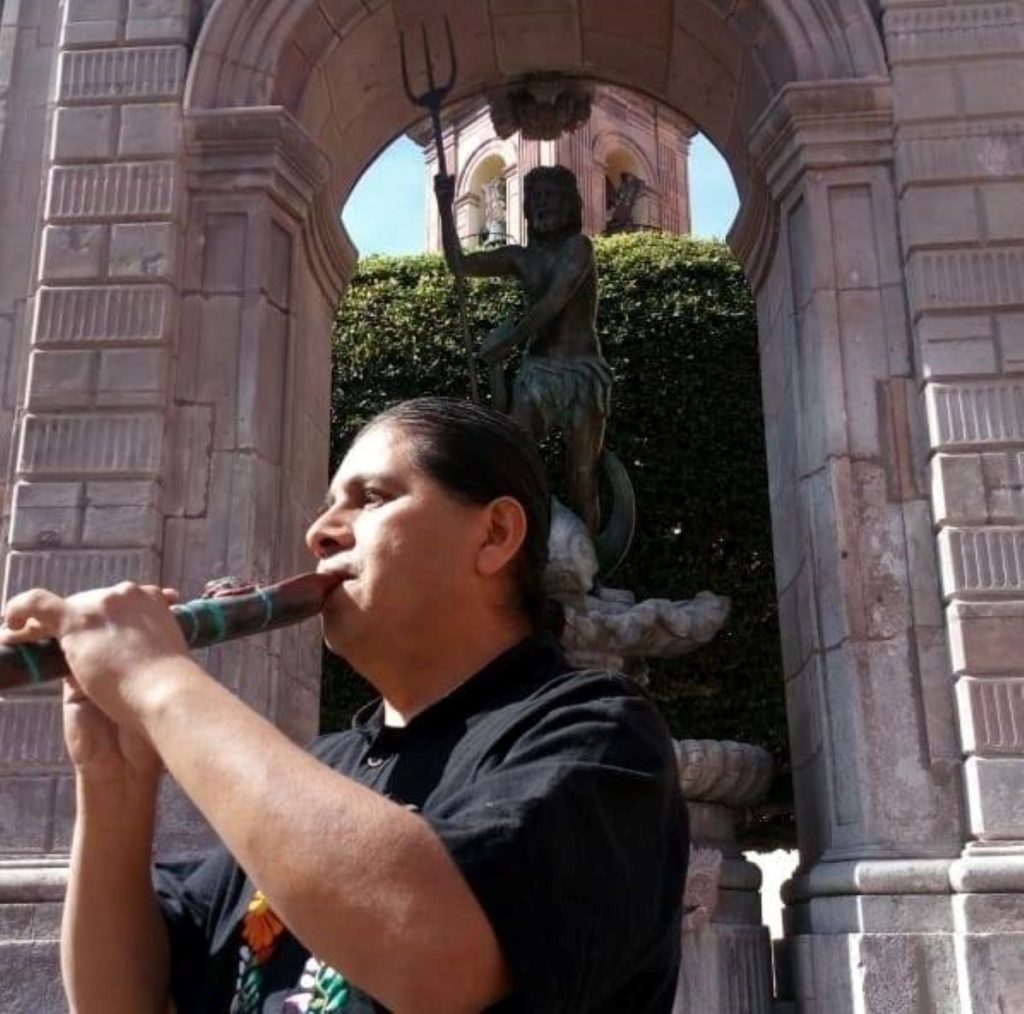
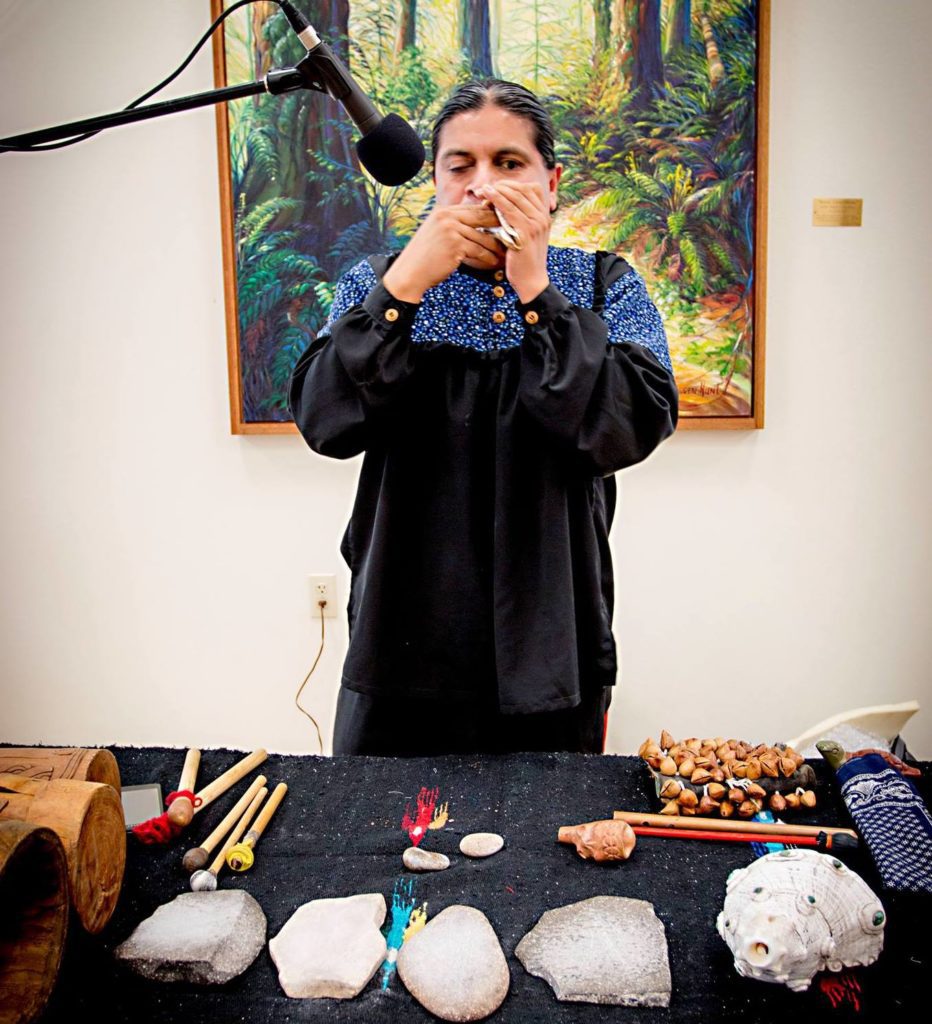
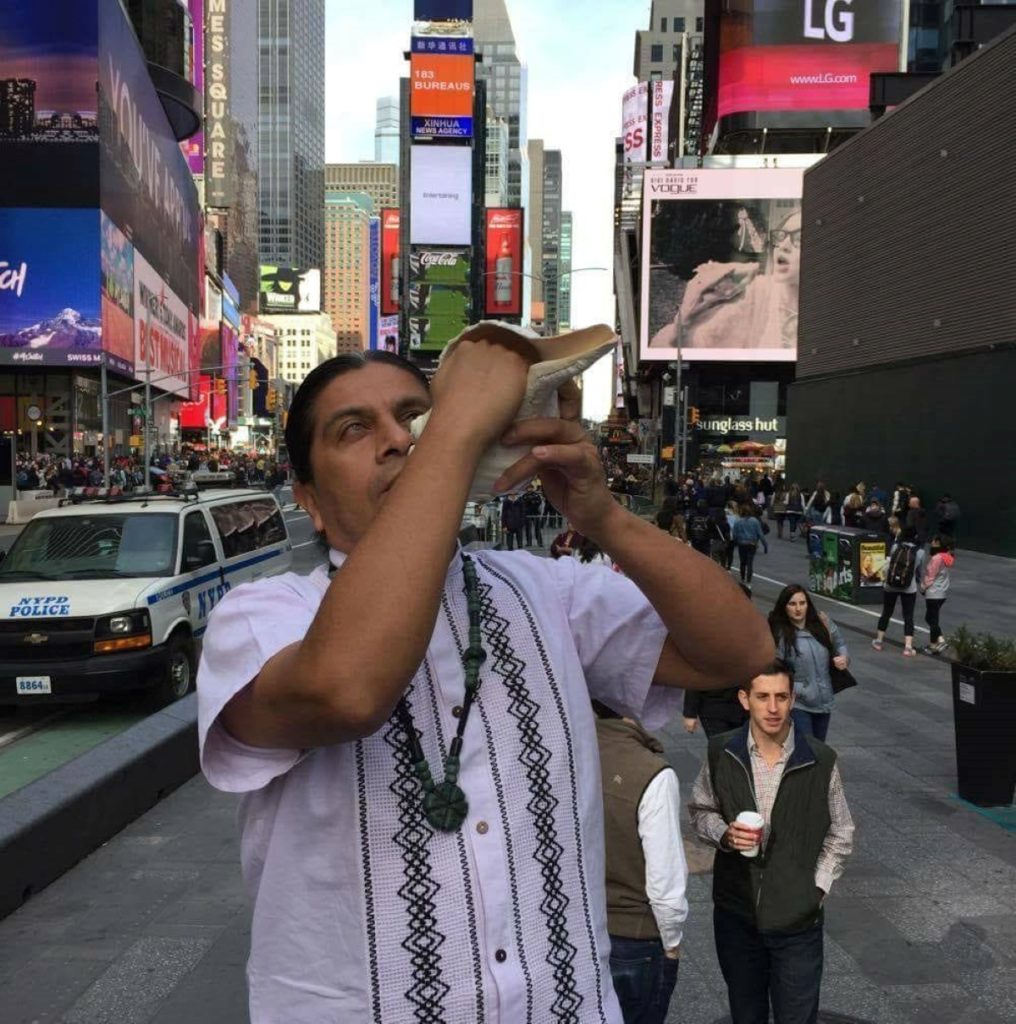
A few months later we set out and I saw doctors who saved what little sight remained. From then on, Augustín became like my adoptive father, assuming all expenses and the responsibility for my care. I could not read or write. In fact, I did not even know how old I was, but arriving in a place full of musical instruments changed my life forever. I felt shocked seeing all the instruments where we lived and my adventure with sound was set in motion.
I had never seen a musical instrument before, but suddenly became immersed in a sound laboratory. Each player came together to form a group and their rehearsals felt like celebrations, filling each person with happiness. They became like a family to one another.
Connecting with ancient Mexican culture through prehispanic instruments
The music enthralled me and I lived through incredible moments with Grupo Tribu, adding a new and magical dimension to my life. I never knew what a birthday party was; I never saw cakes or candles. When the group celebrated my birthday for the first time, I felt shocked to learn I was 11 years old. I never heard my age before.
Agustín took in an indigenous kid from a remote community and immersed me in a magical world full of music. Looking back, I consider my blindness an accident for which I am deeply grateful. I cannot drive a car, but I can awaken emotions in people’s hearts through music. I can take a seashell, submerged under the sea for perhaps thousands of years, and make it vibrate. As the sound poem flows forth, tears come to the eyes of the audience. The pleasure of sound sensitizes and energizes me.
Read stories about people with disabilities from Orato World Media.
My work today, above all, includes making music with prehispanic-era instruments like the teponaztli, flutes, whistles, ocarina, and Huéhuetl. I connect with their identity. They come from my land and my ancestors. I make music in their spirit, with they very instruments ancient Mexicans used. These tools of my ancestors have taken me to Cité de la Musique in Paris and the British Museum in London. I have played them in Japan, Italy, Canada, the United States, Colombia, Argentina, Peru, Guatemala, Cuba, and Jamaica.
In doing this, I give the prehispanic instruments of Mexico a space in the modern world. Music becomes, for me, a connection with God. It transcends ego and needs no language or name. When I play, I enjoy an out-of-body experience. I move through space and time on a spiritual journey. From the moment we can walk, we generate rhythm, and the heart carries that rhythm until the day it stops beating.
Through Wakanda Forever, artist leaves his essence all over the world
Today, I accept myself as I am with no self-pity. I limit myself to nothing. Often, I enter a plane full of white people who speak English or French, but I never feel less than and I carry no prejudice. I simply want to convey to the world; we are all brothers and sisters. My music becomes the tool to transmit those ideas.
Working on the Marvel movie Black Panther: Wakanda Forever, people now turn to me. In my uninterrupted 32-year musical career, I have never received so much attention. It feels exciting to see the attention draw toward my music and these amazing prehispanic instruments. Through the movie, my music now travels all over the world.
Not having sight forced me to develop other senses and feelings – something for which I feel grateful. Music fills my soul and purifies me. Illness led me to discover my dreams and blindness turned me into a musician.
Now, my work with Black Panther: Wakanda Forever has allowed me to leave part of my essence across the globe.

